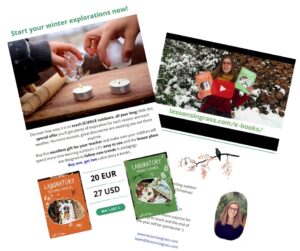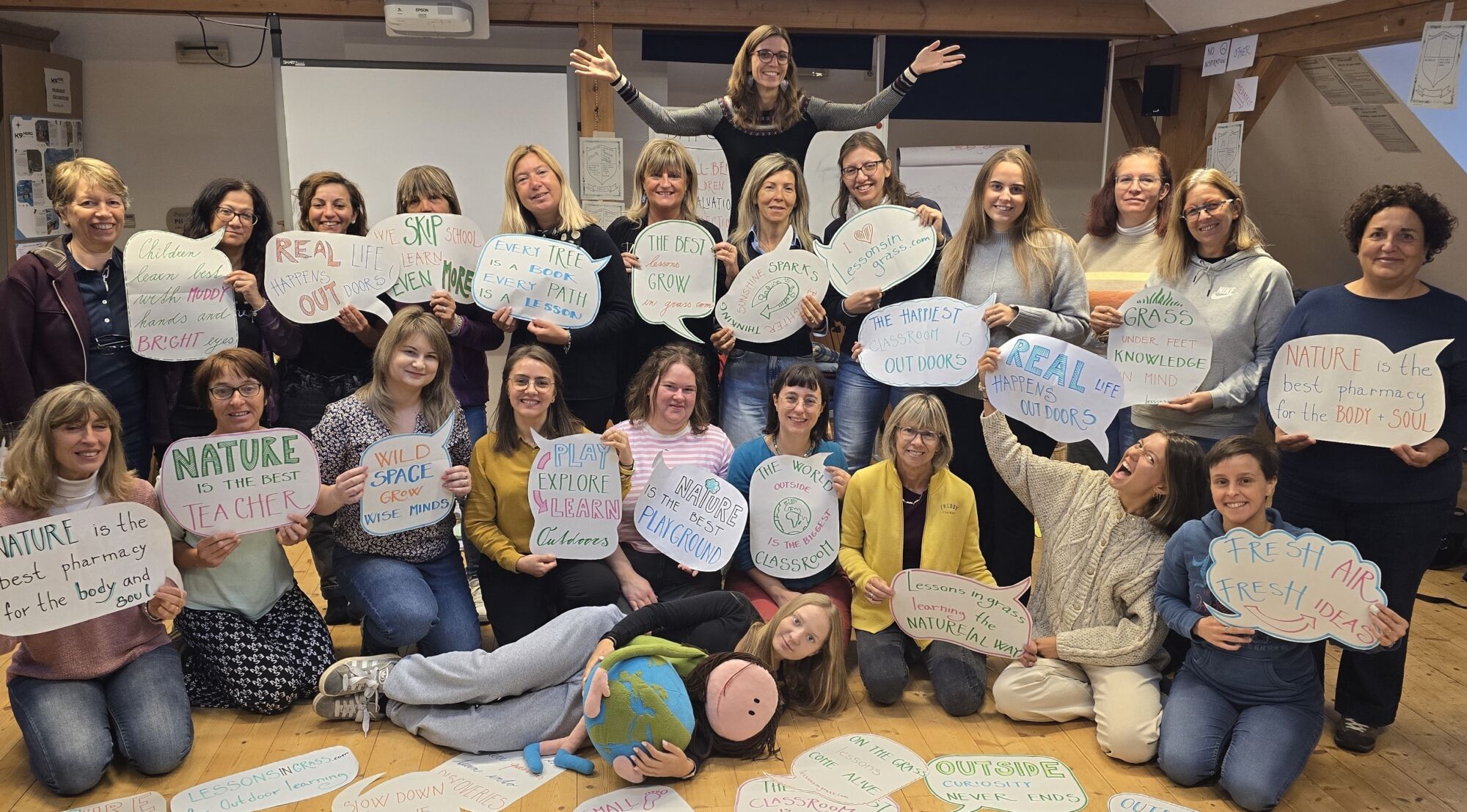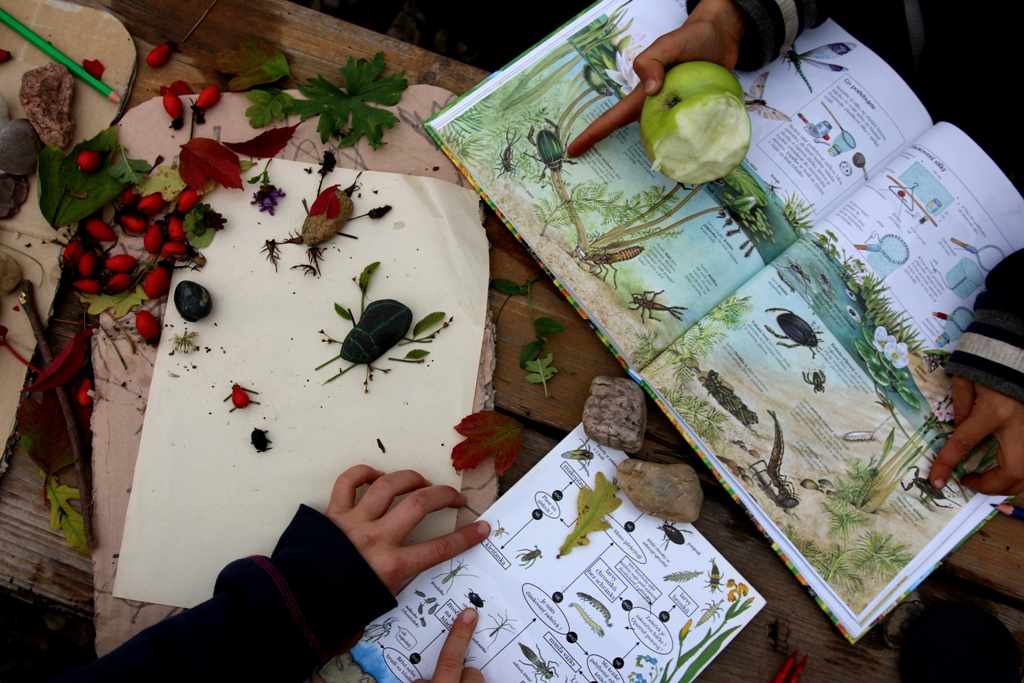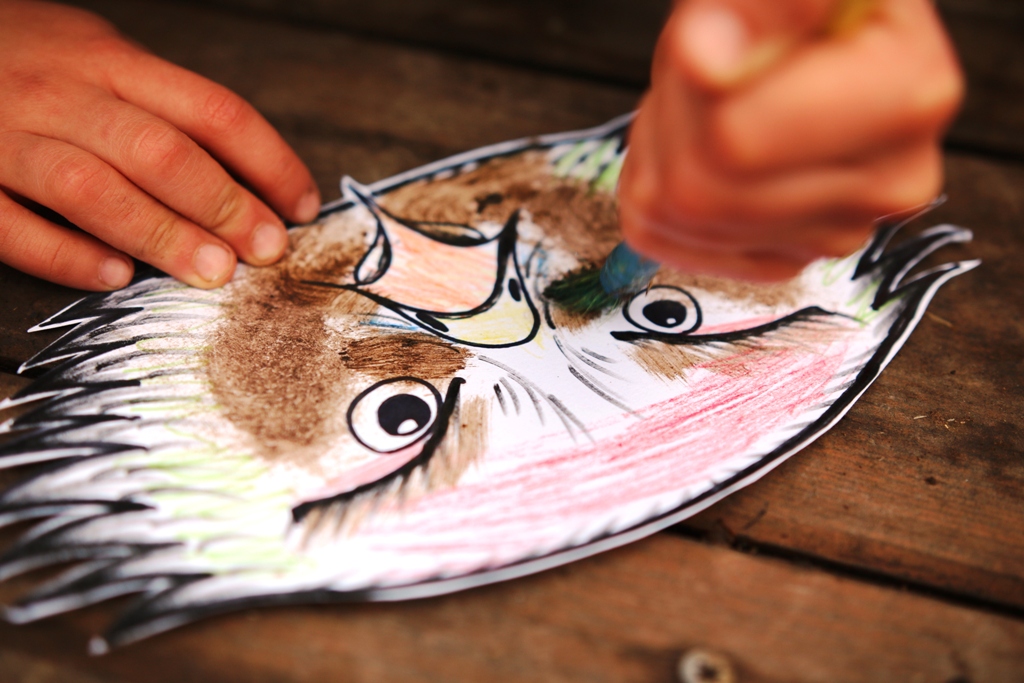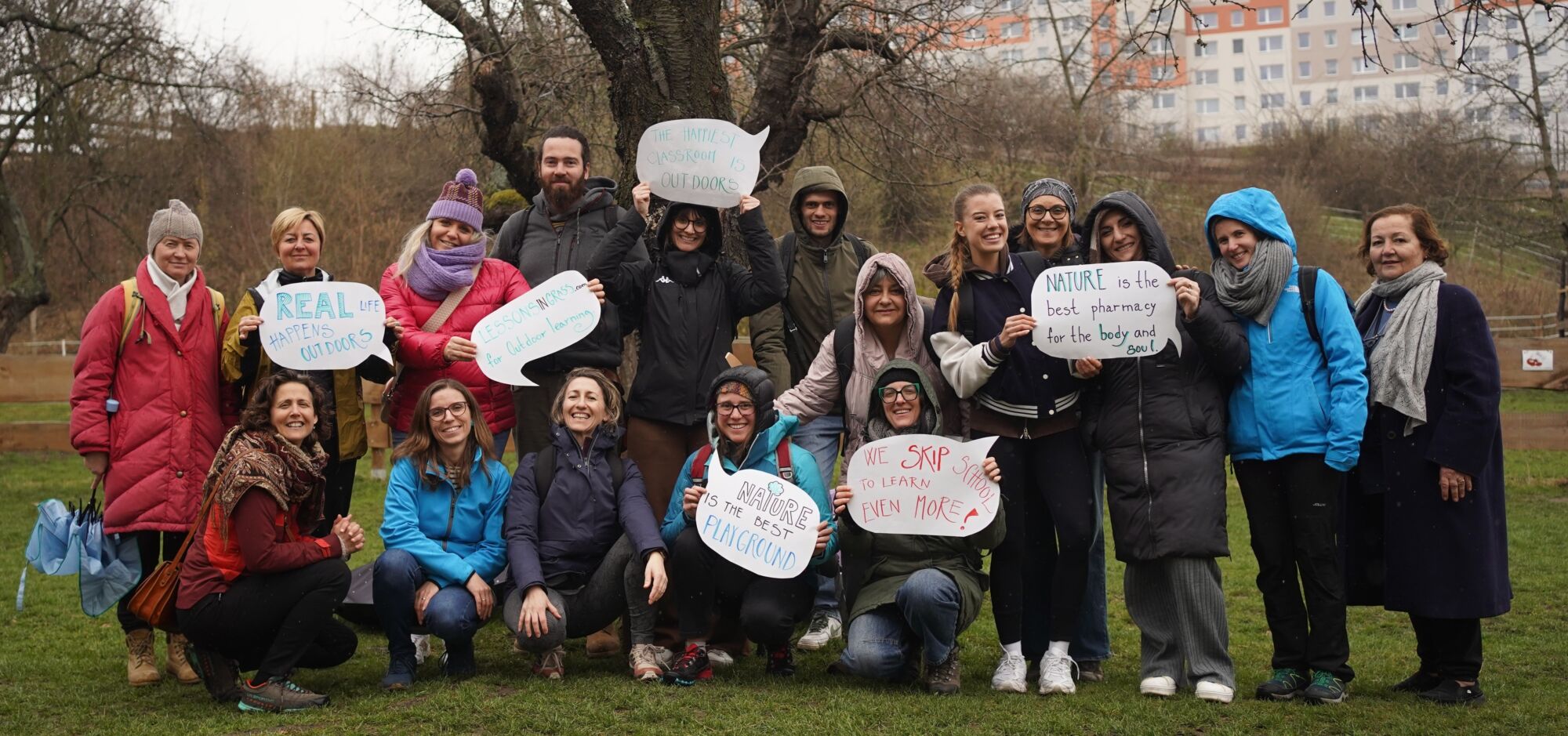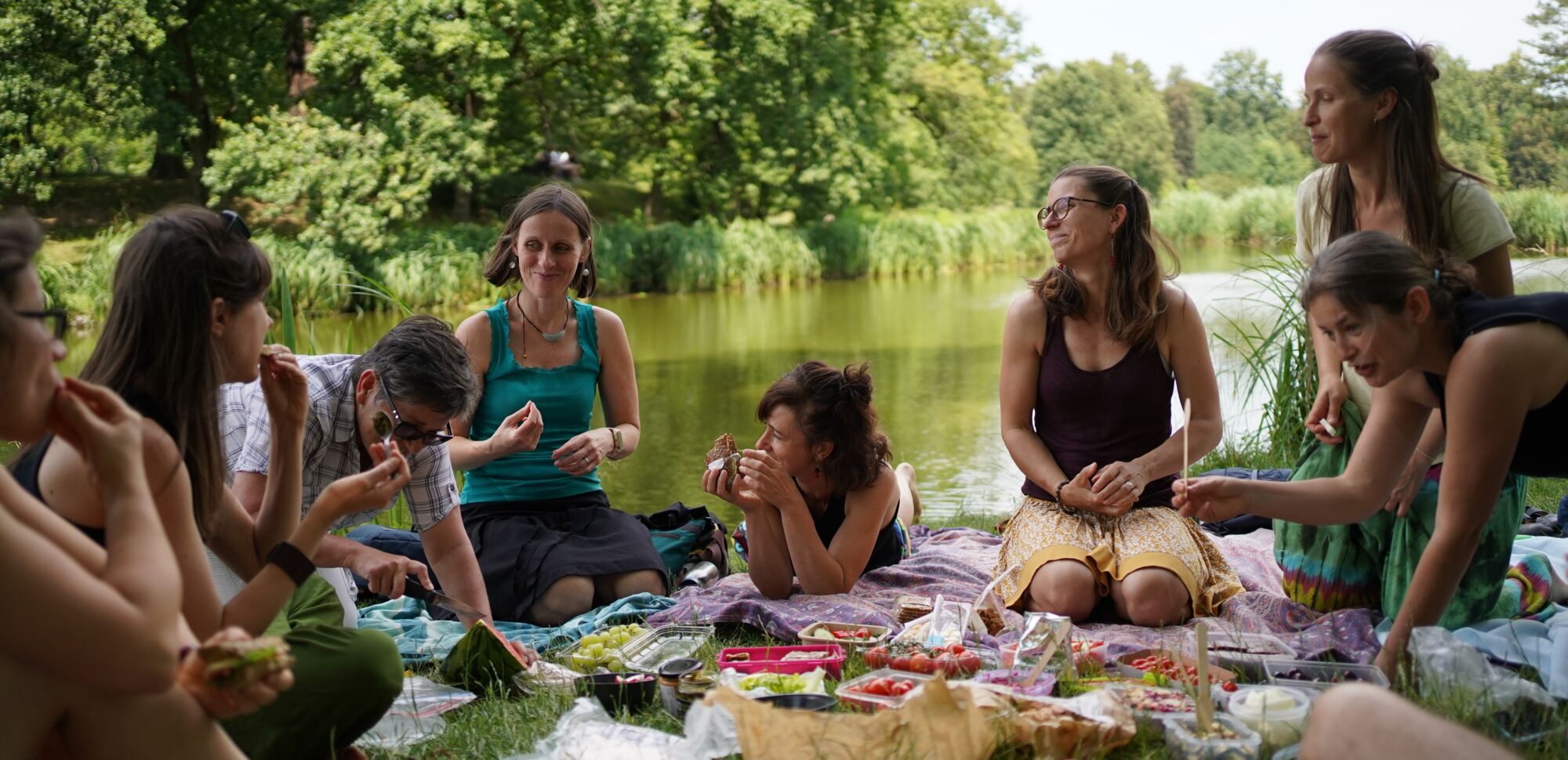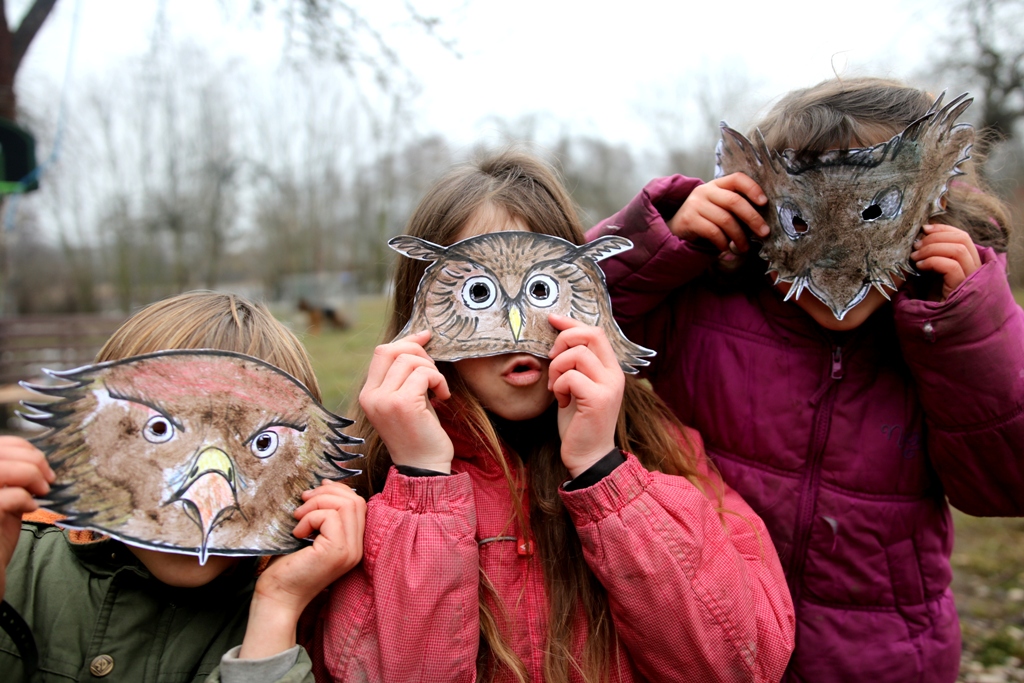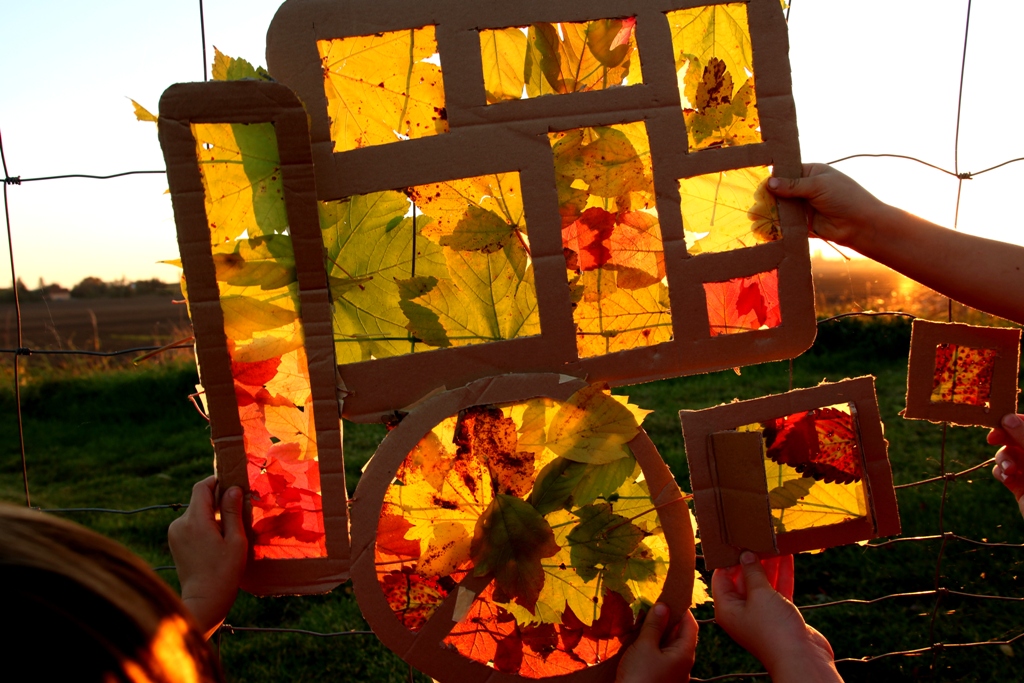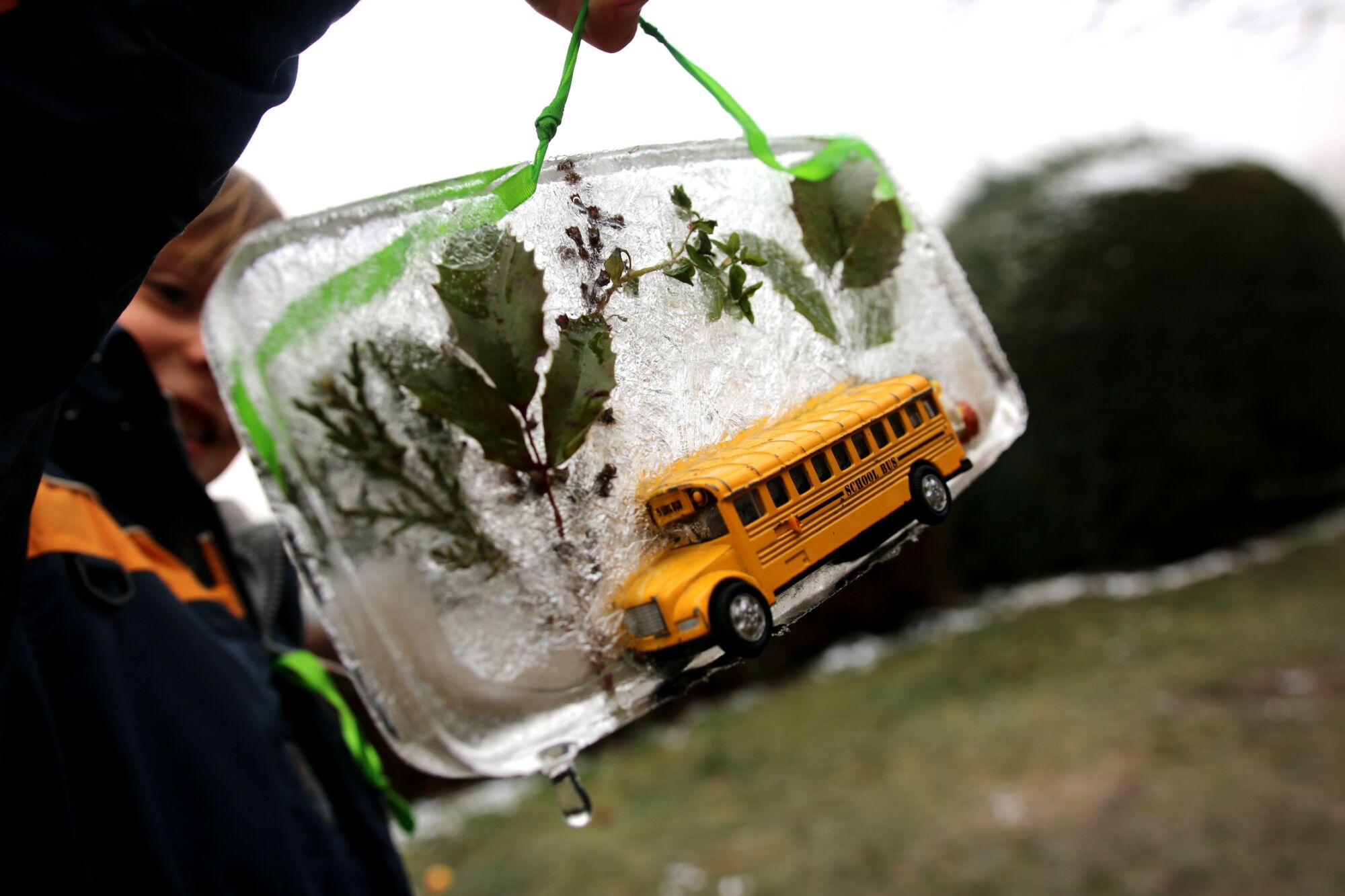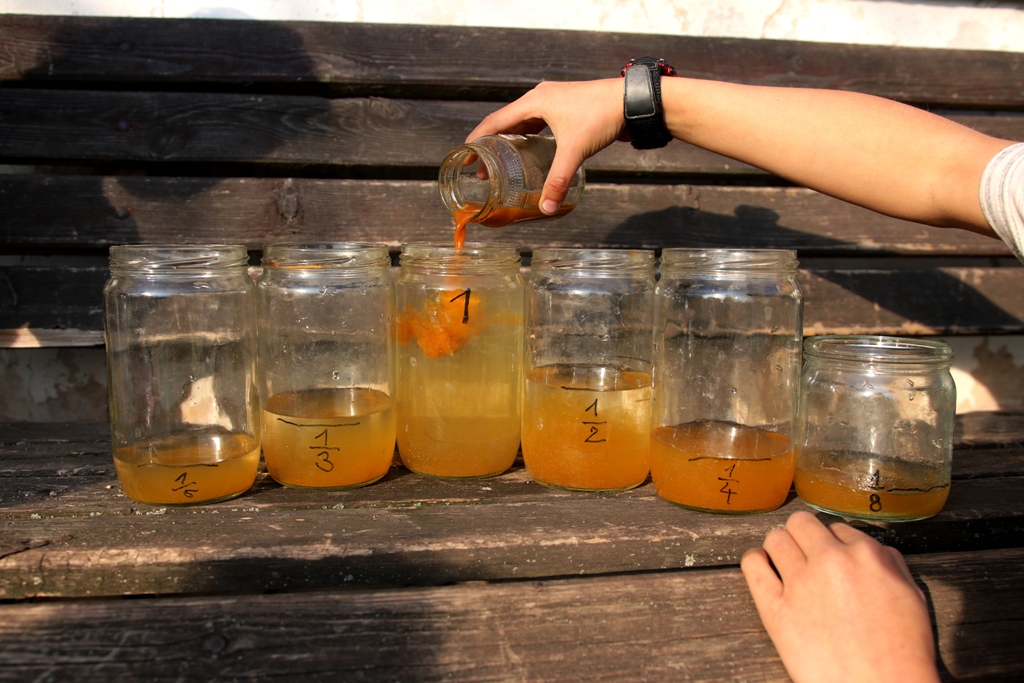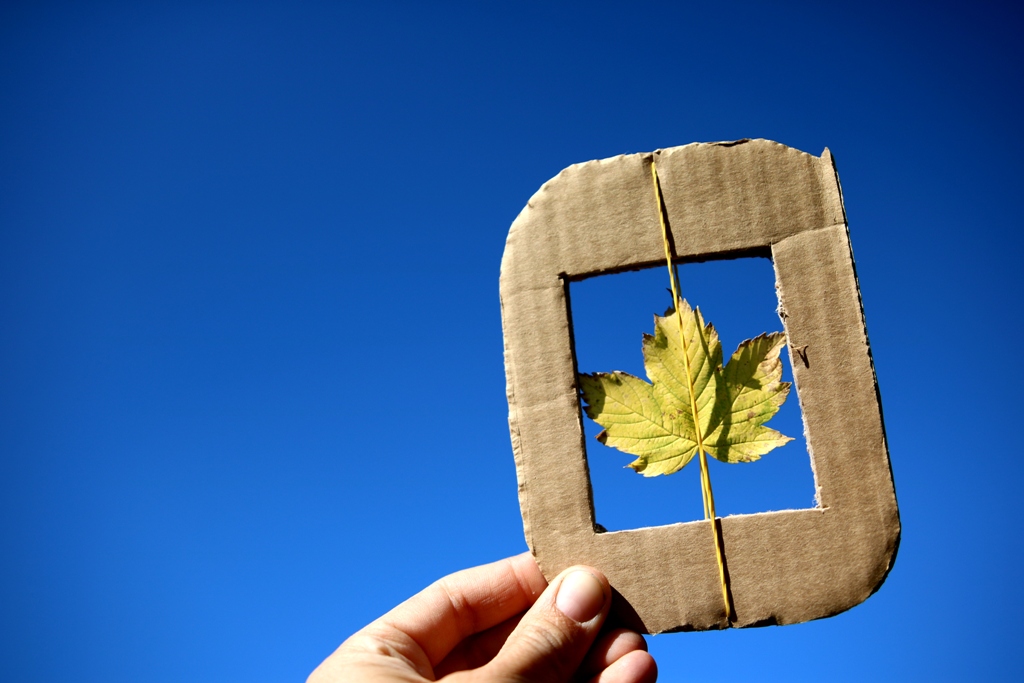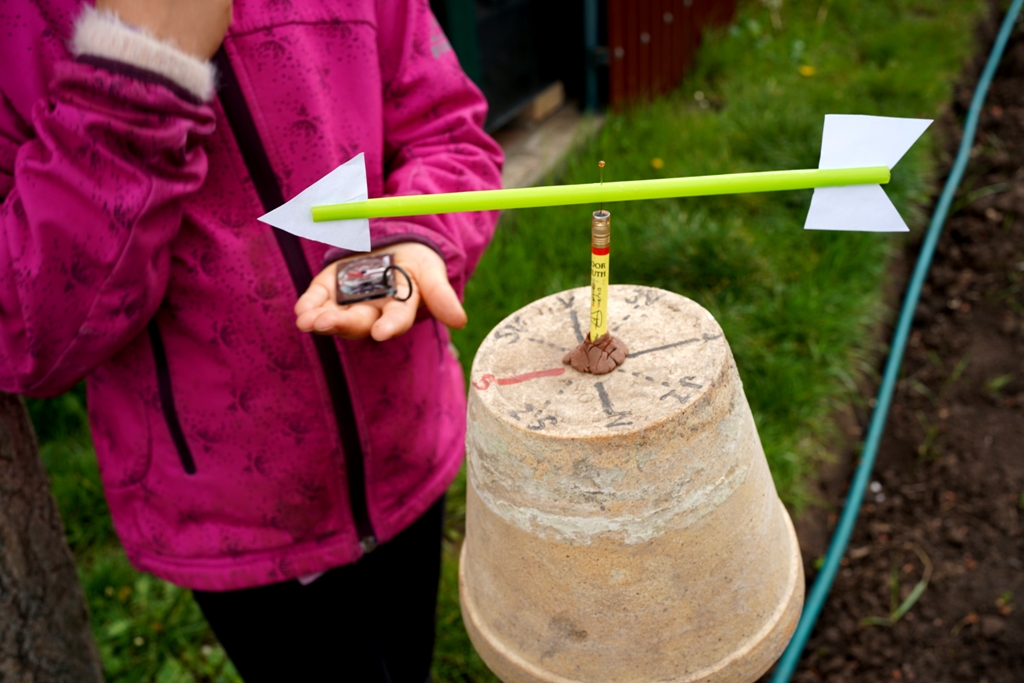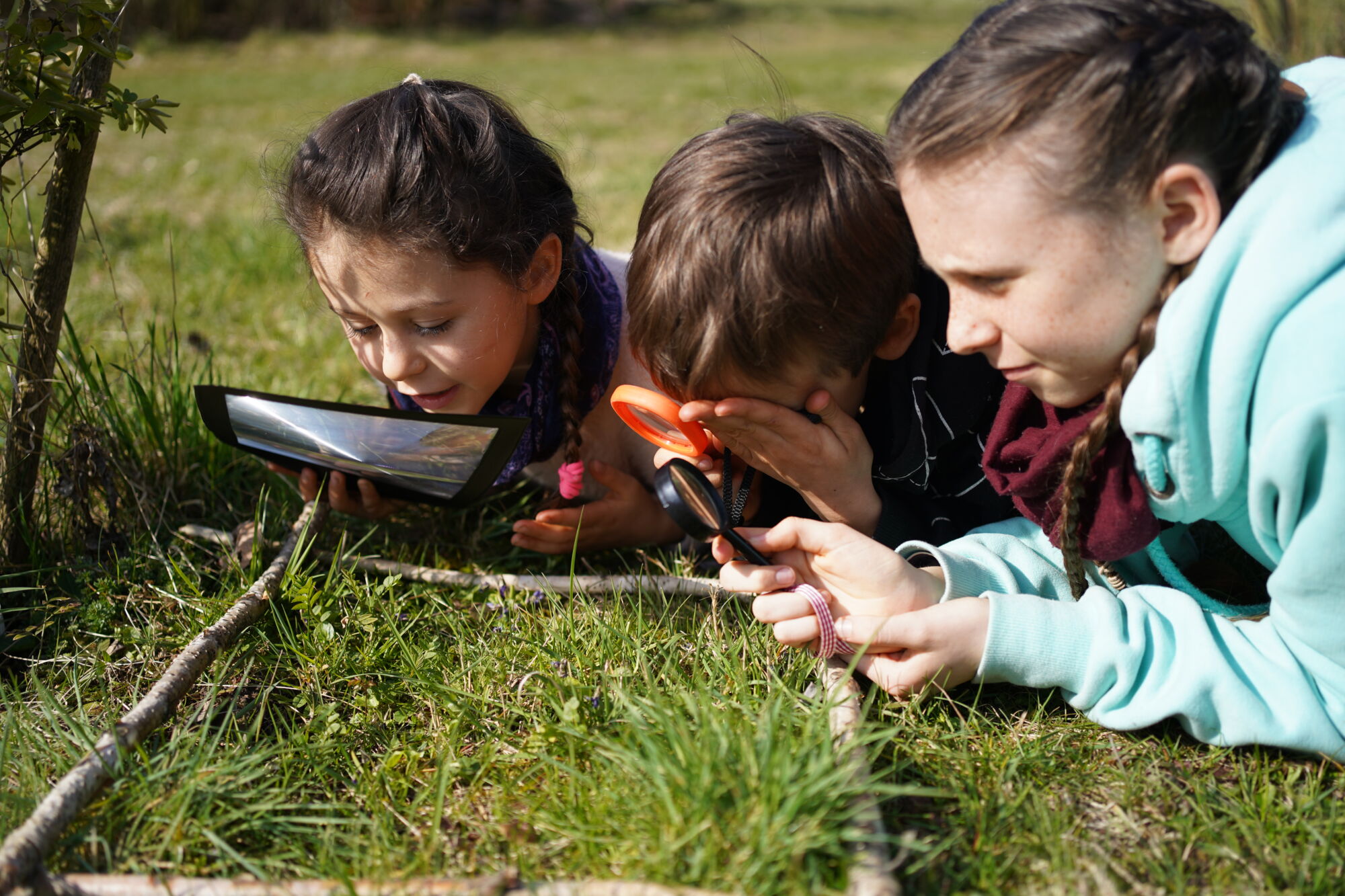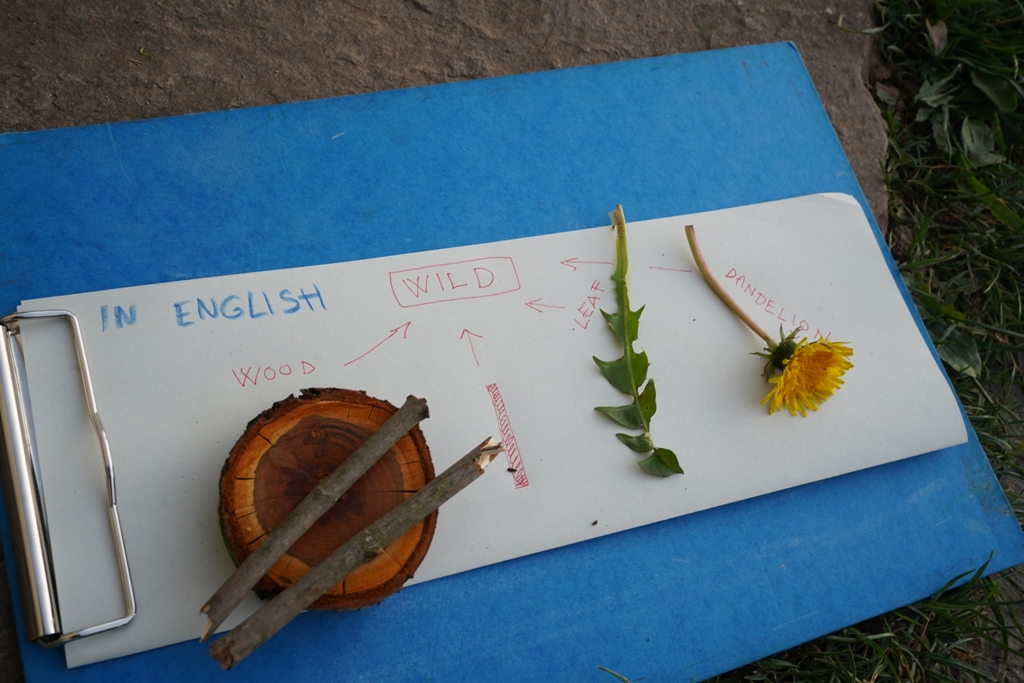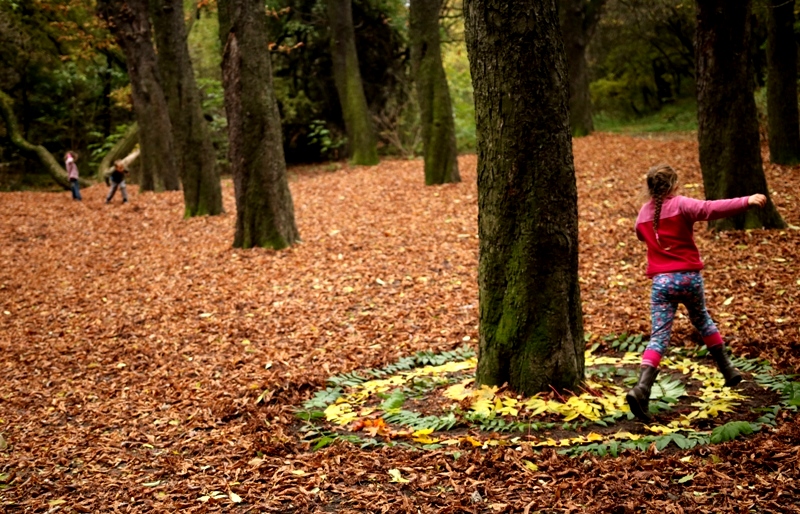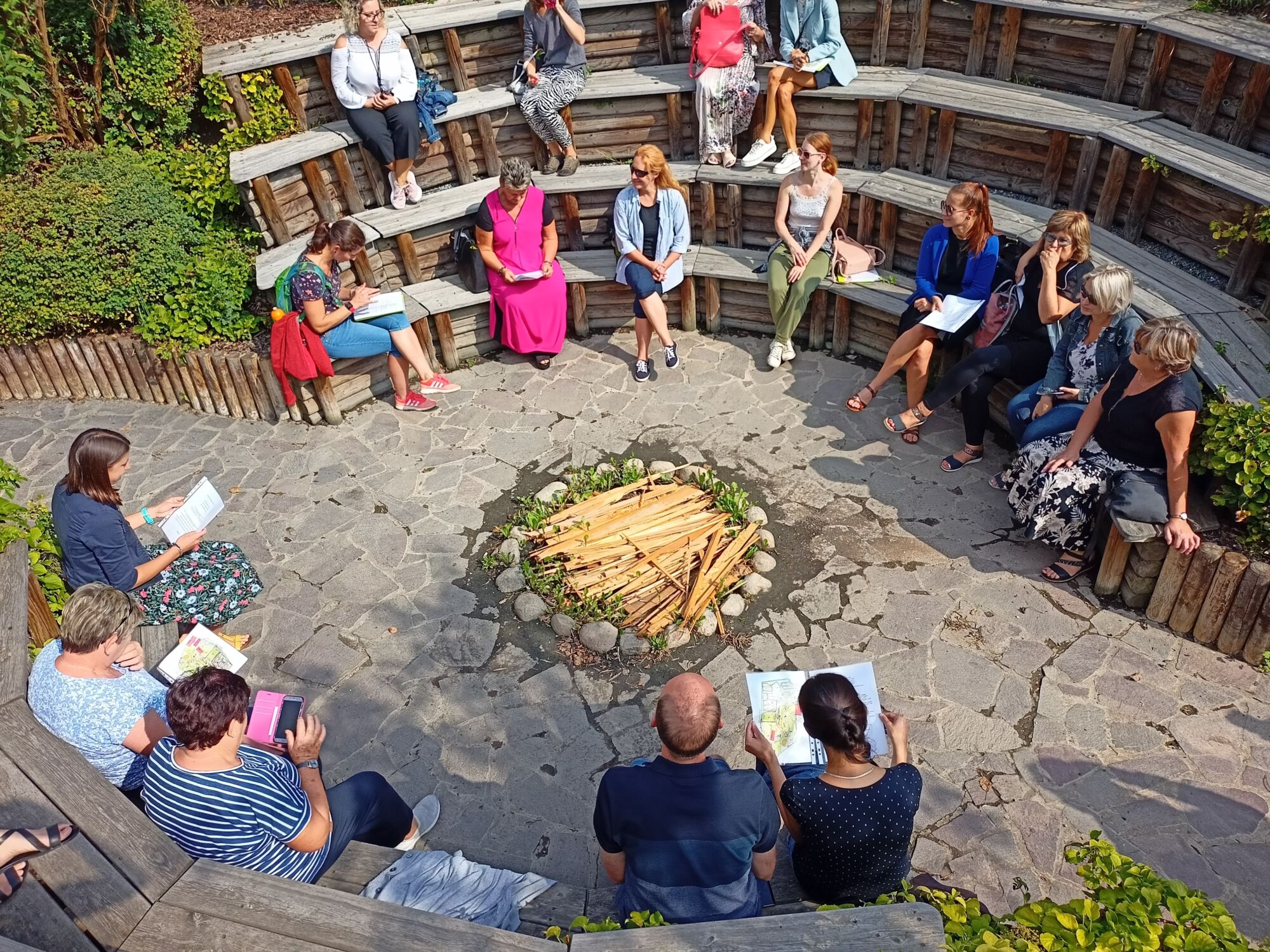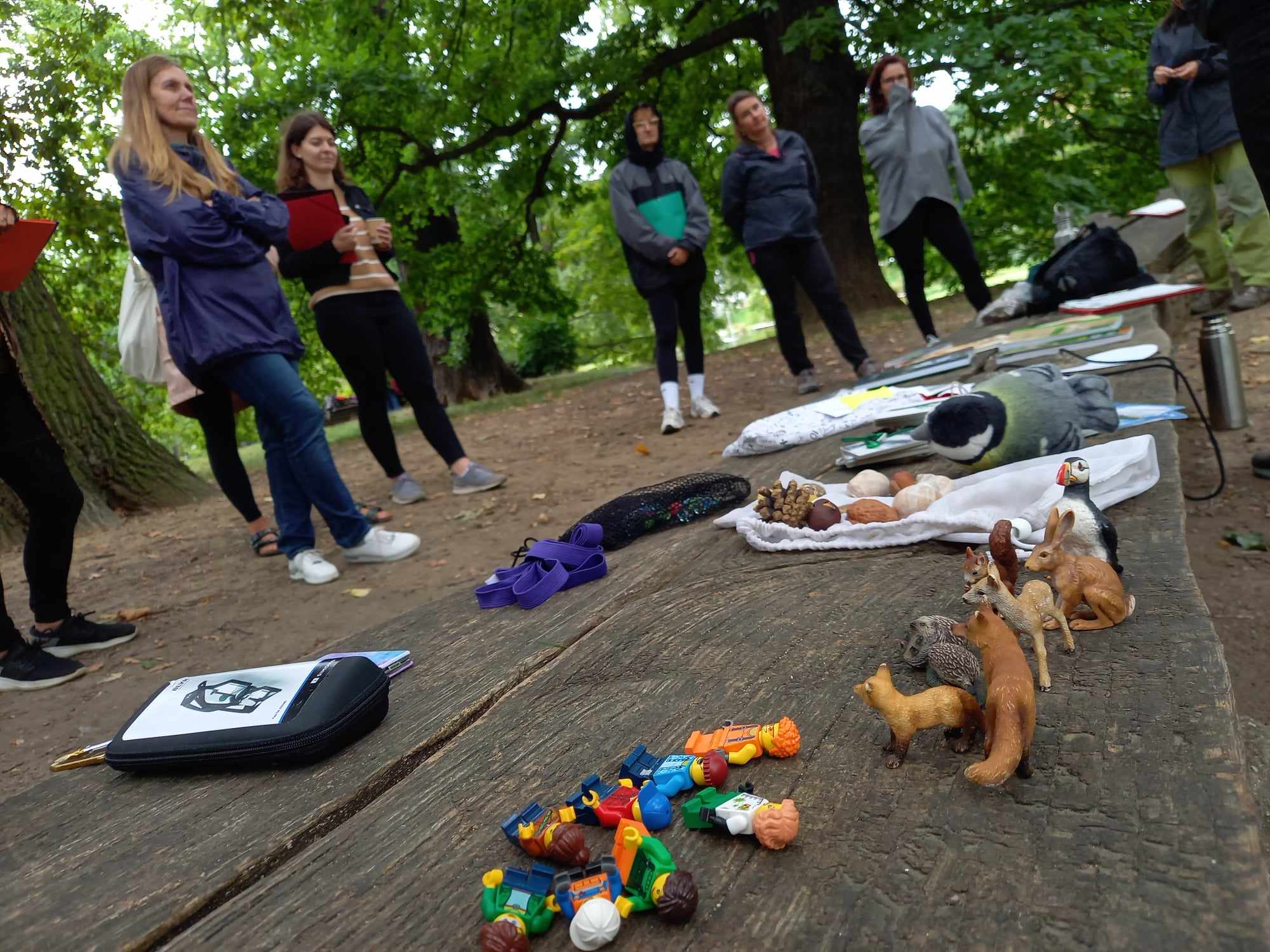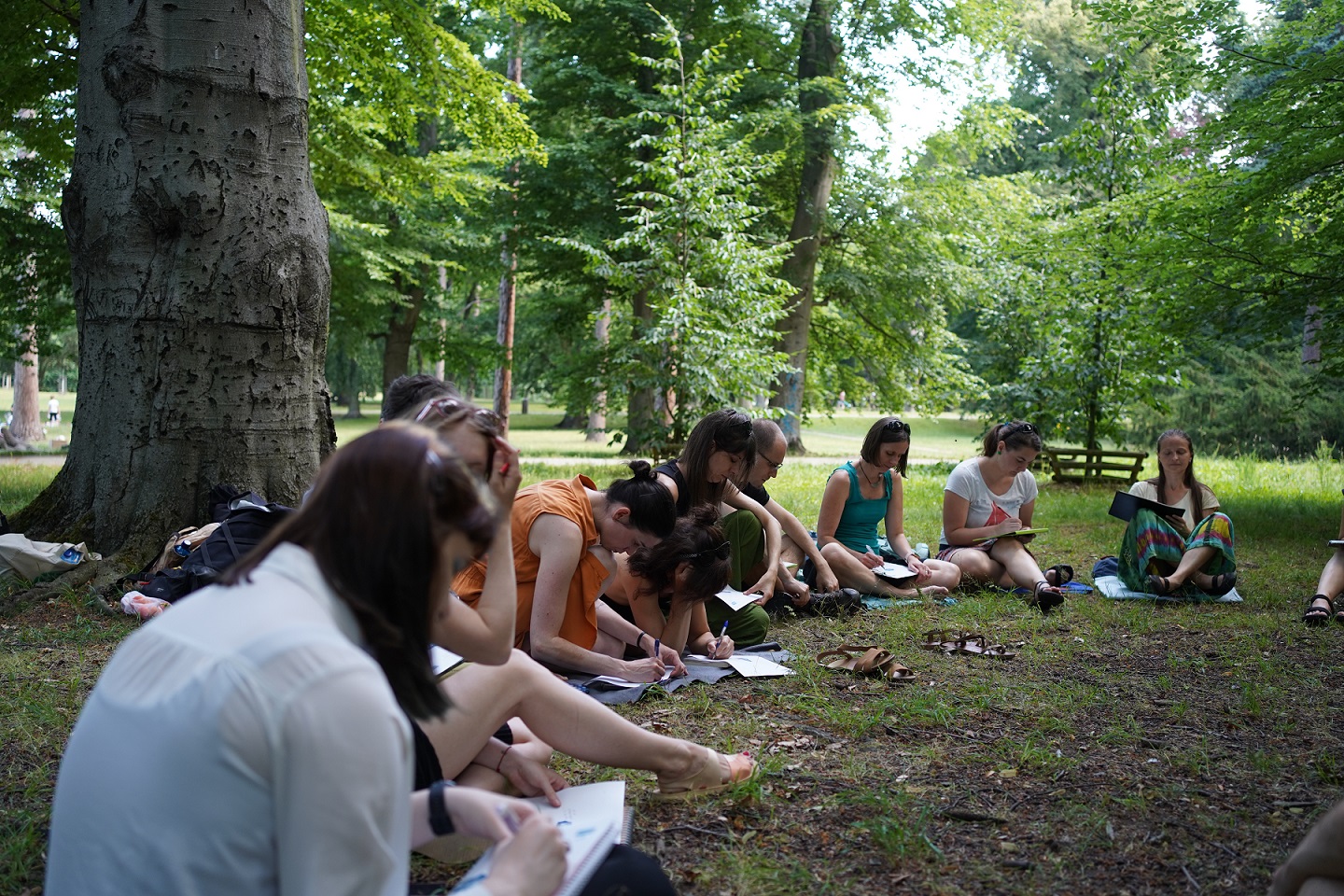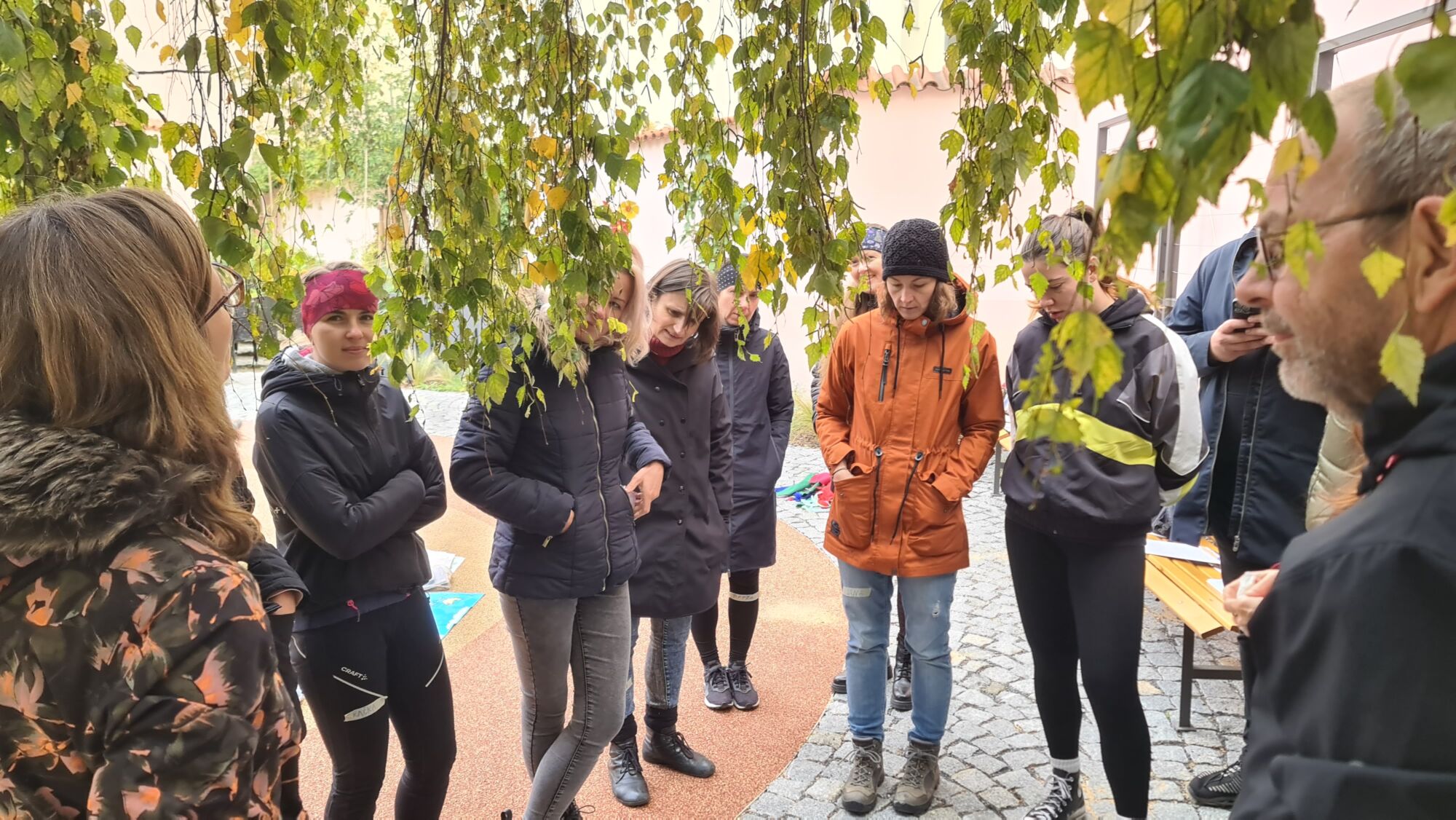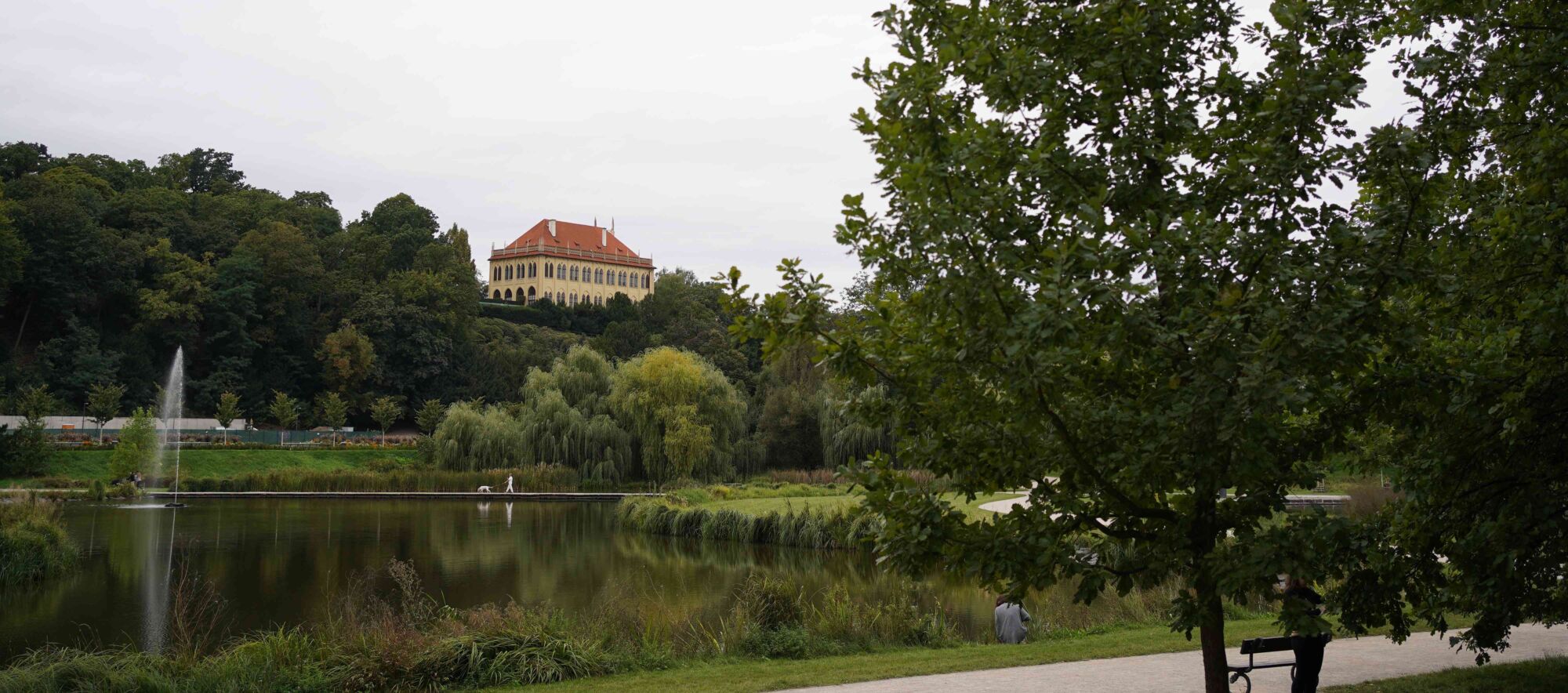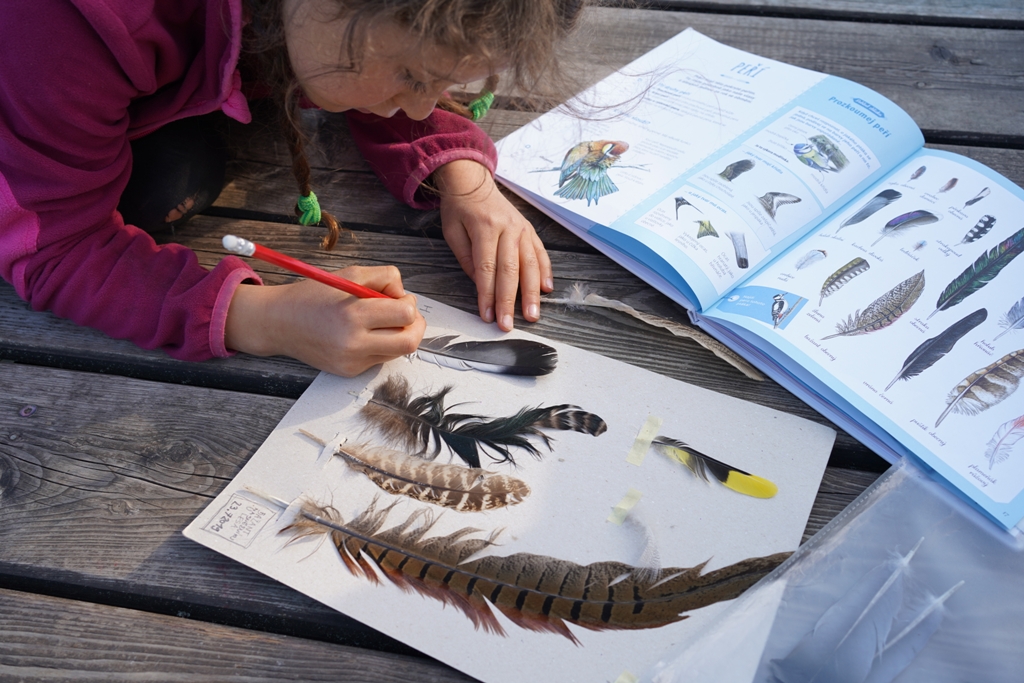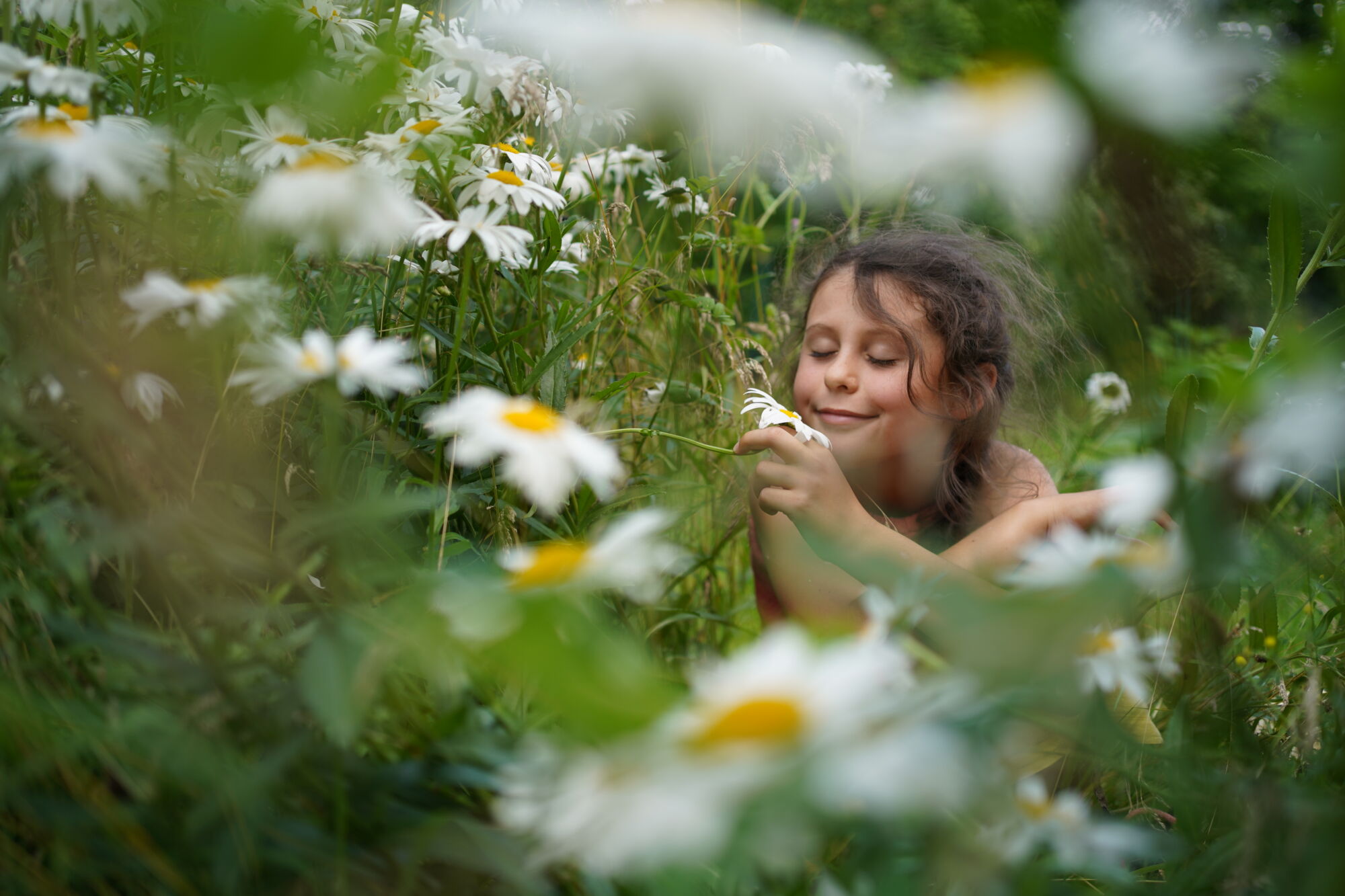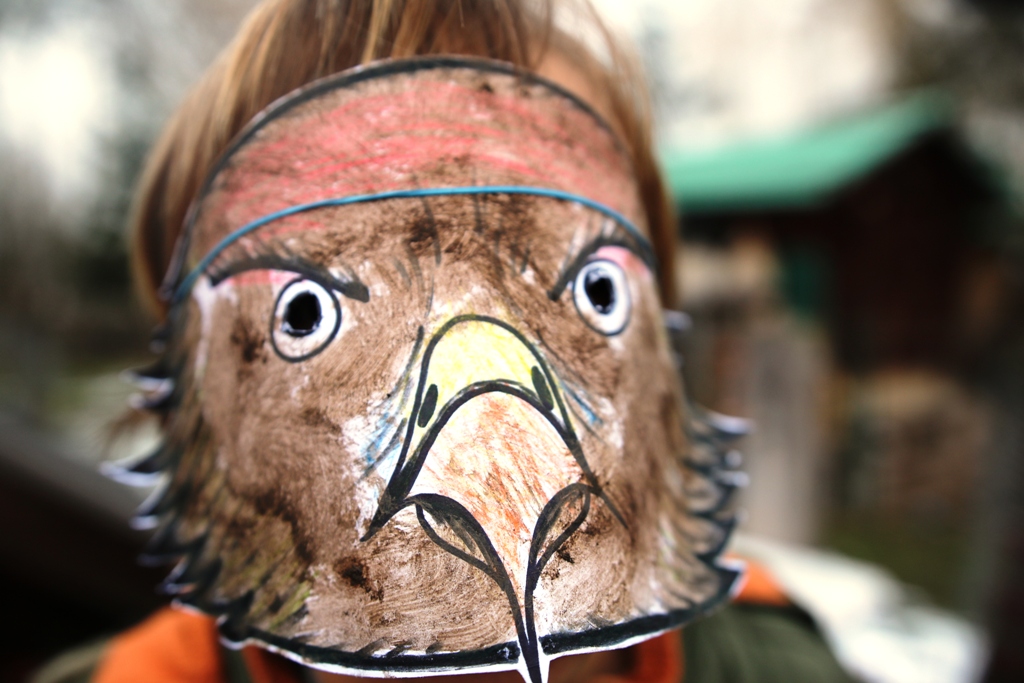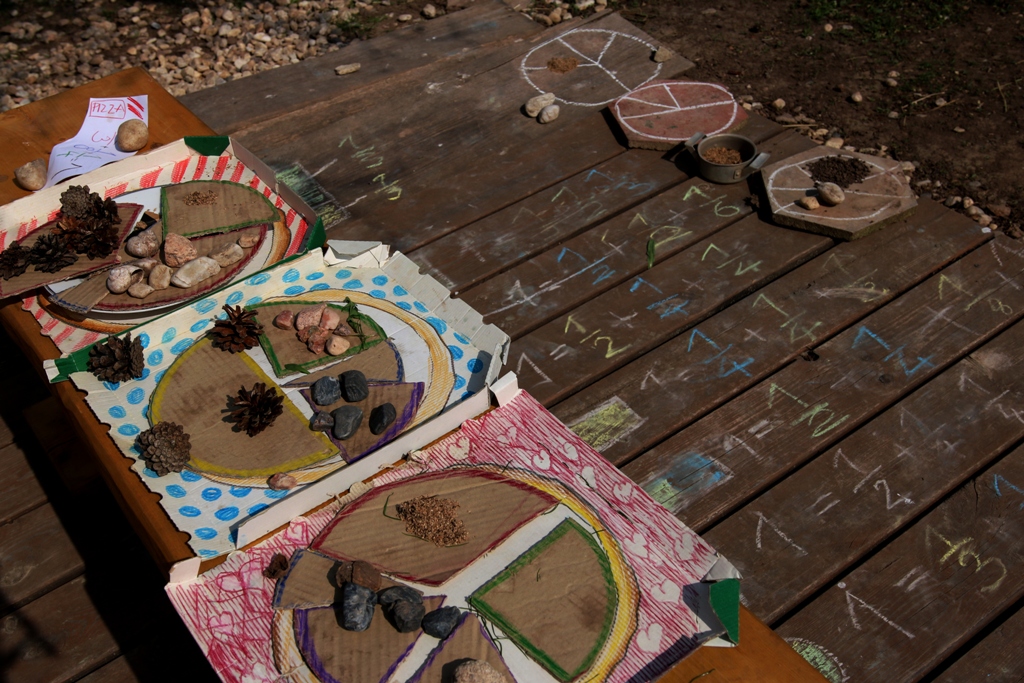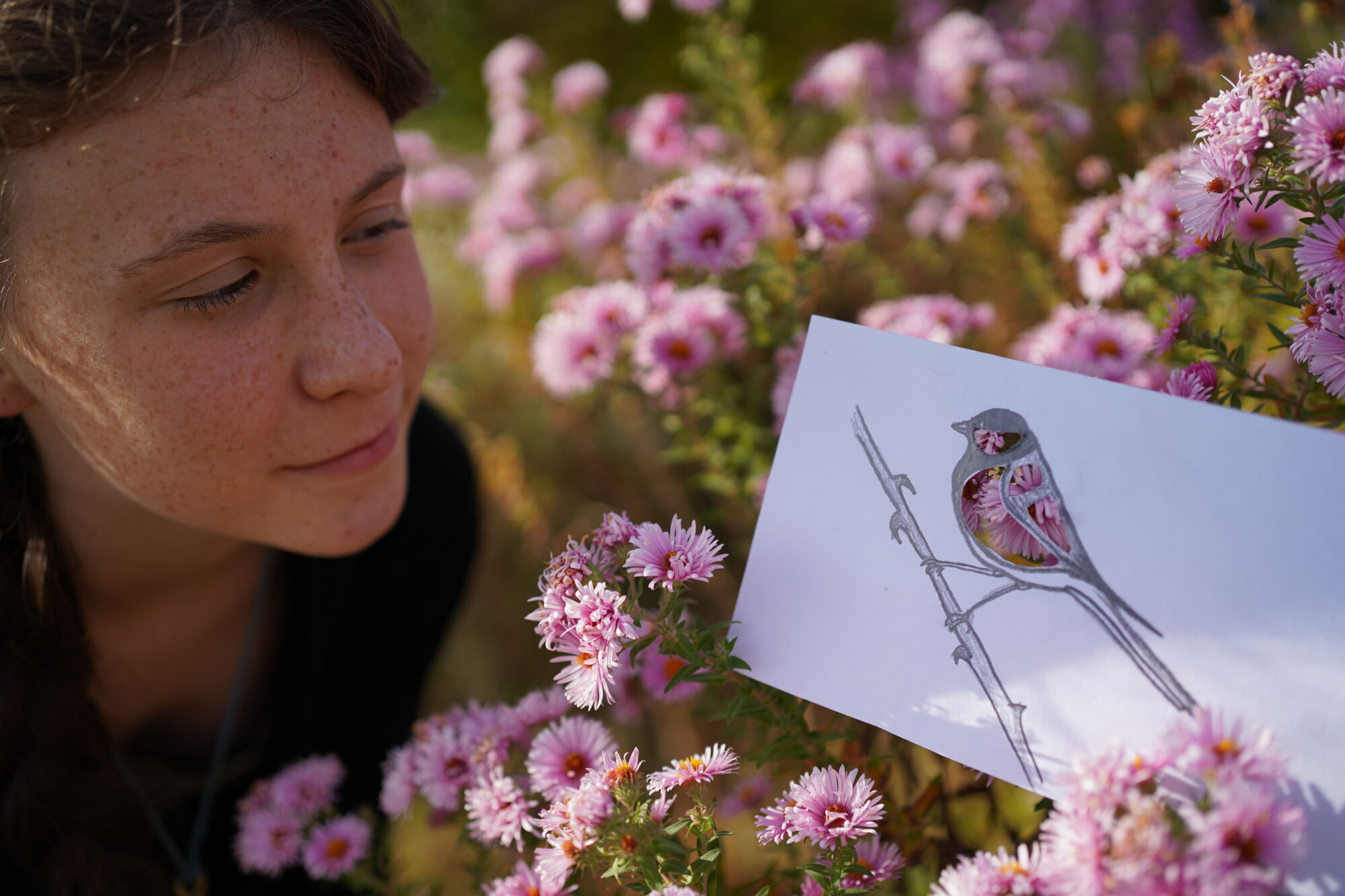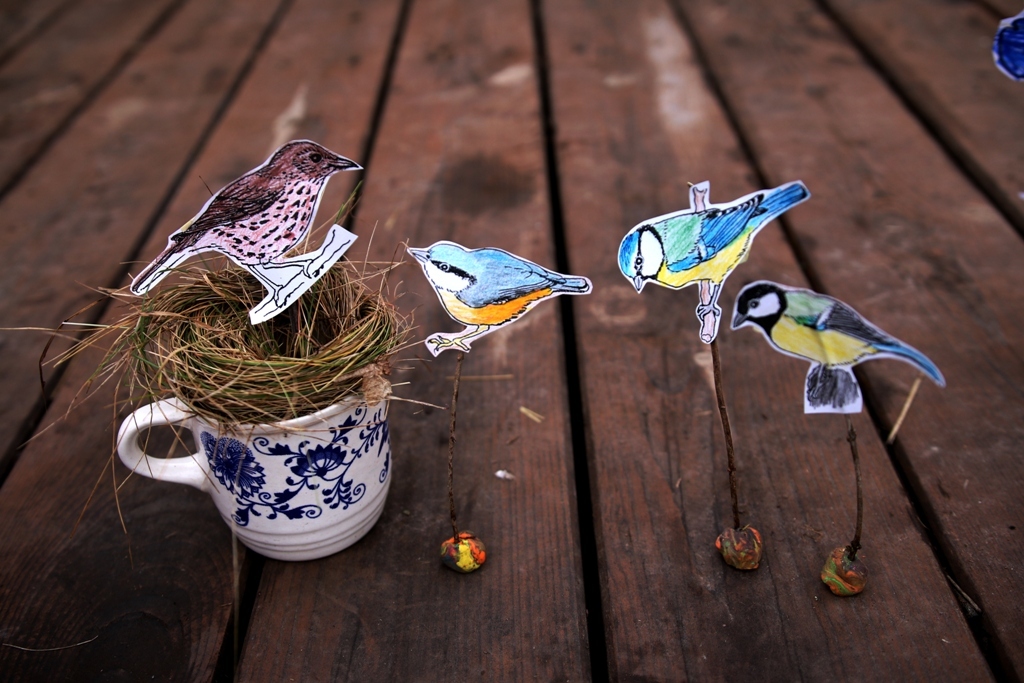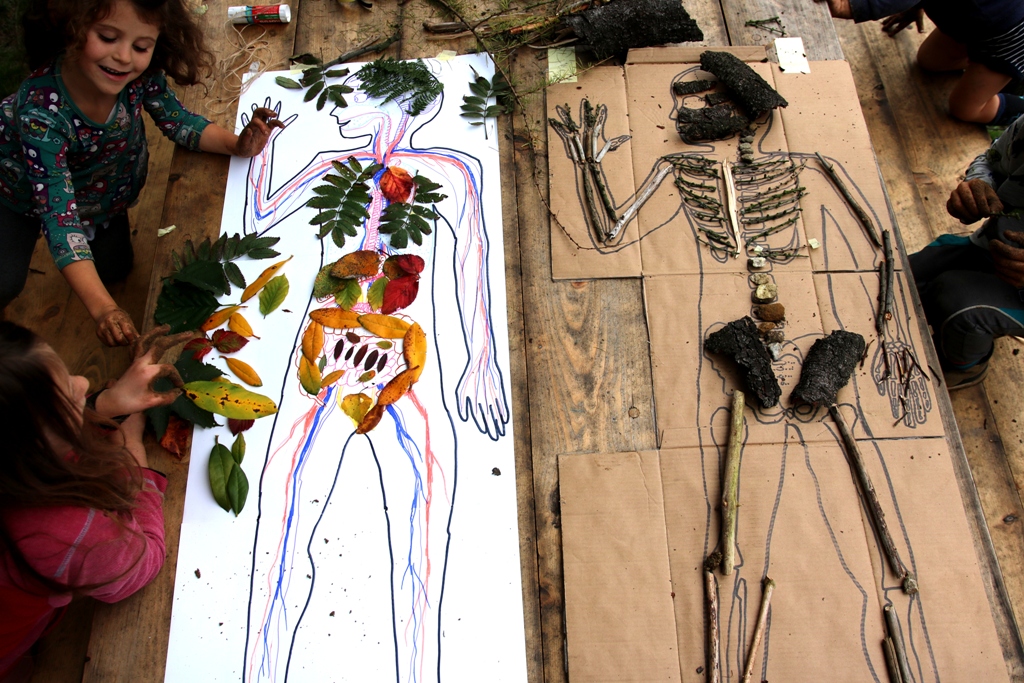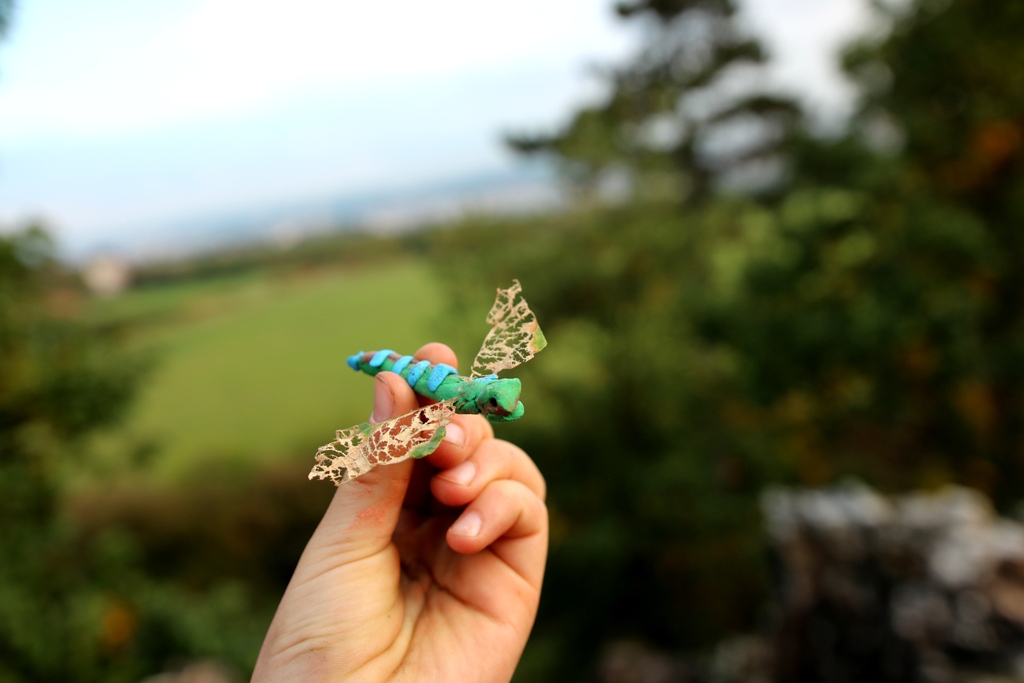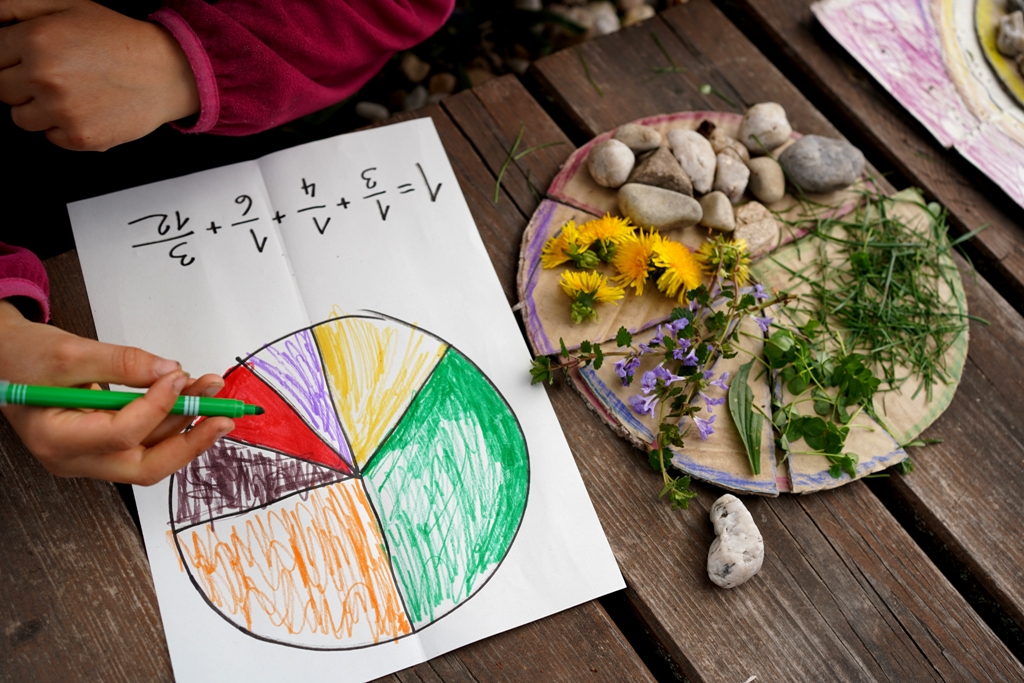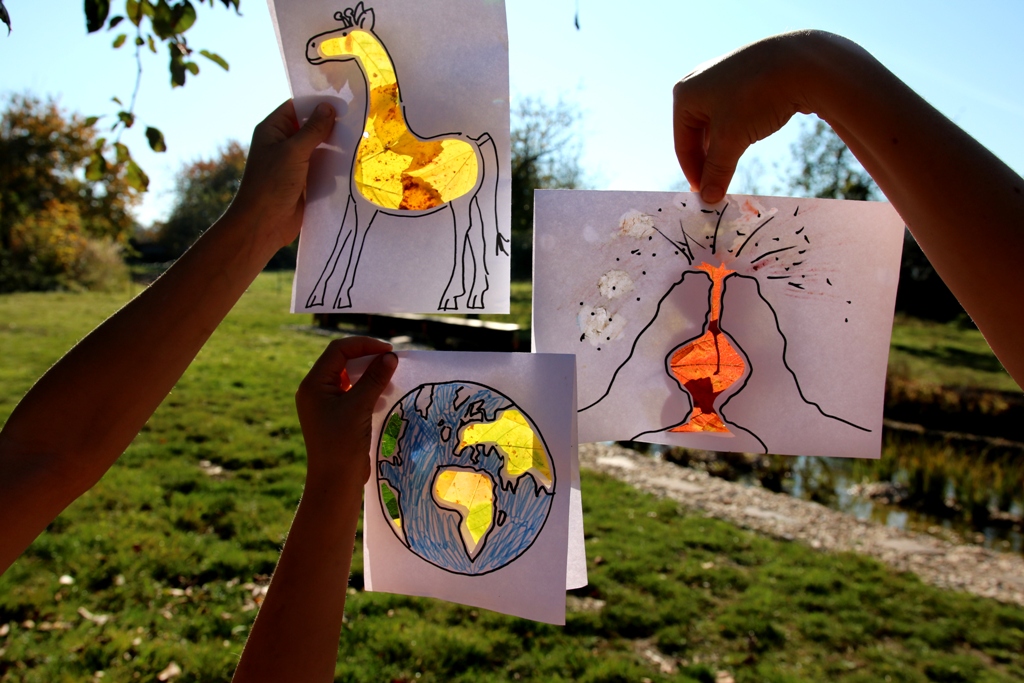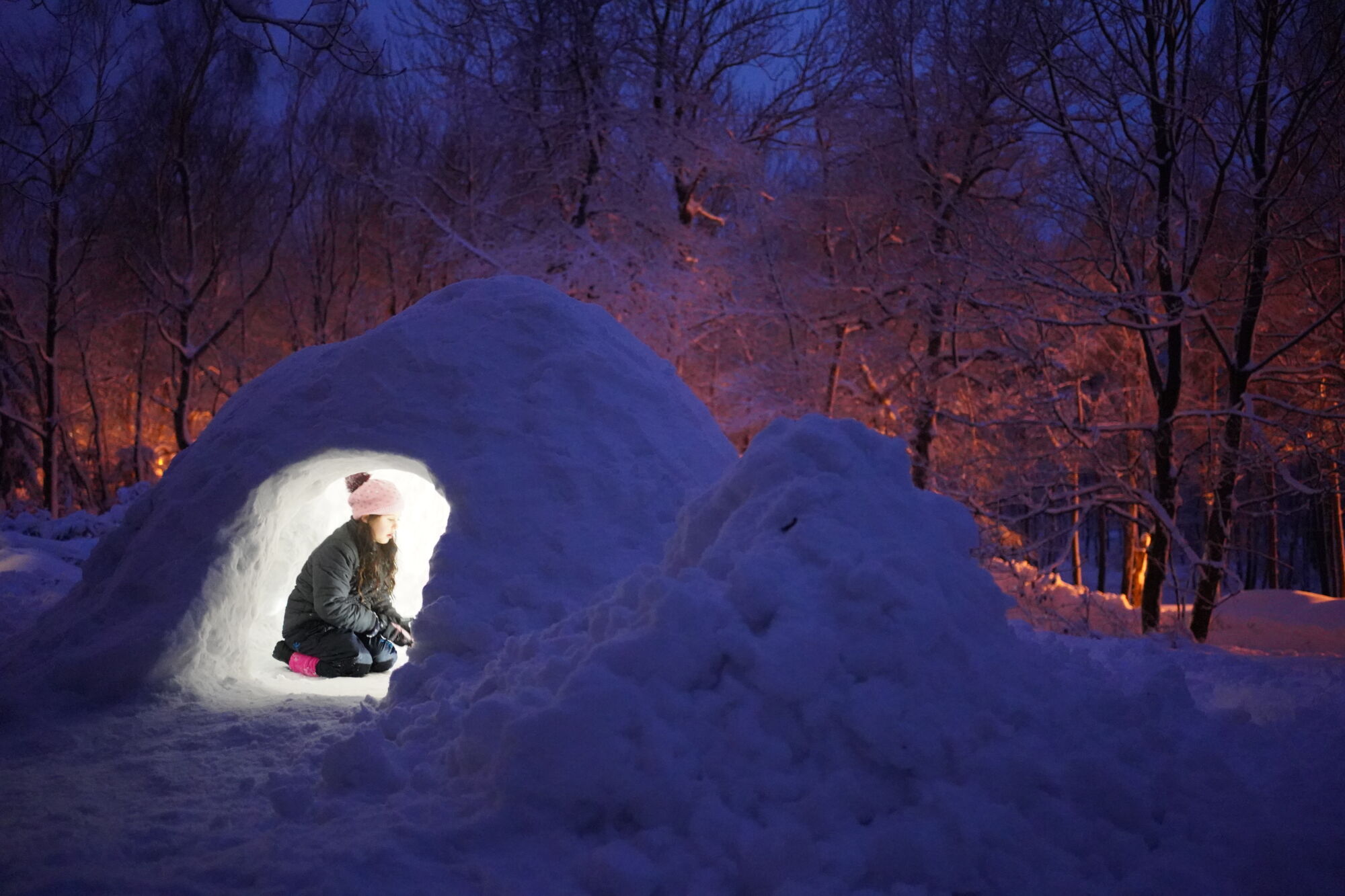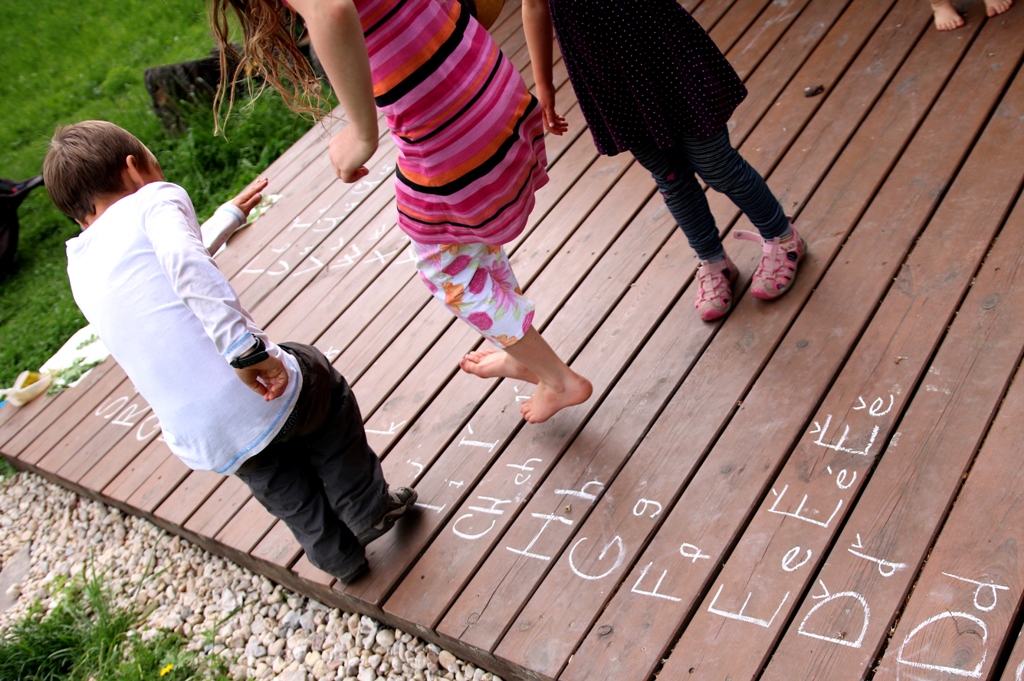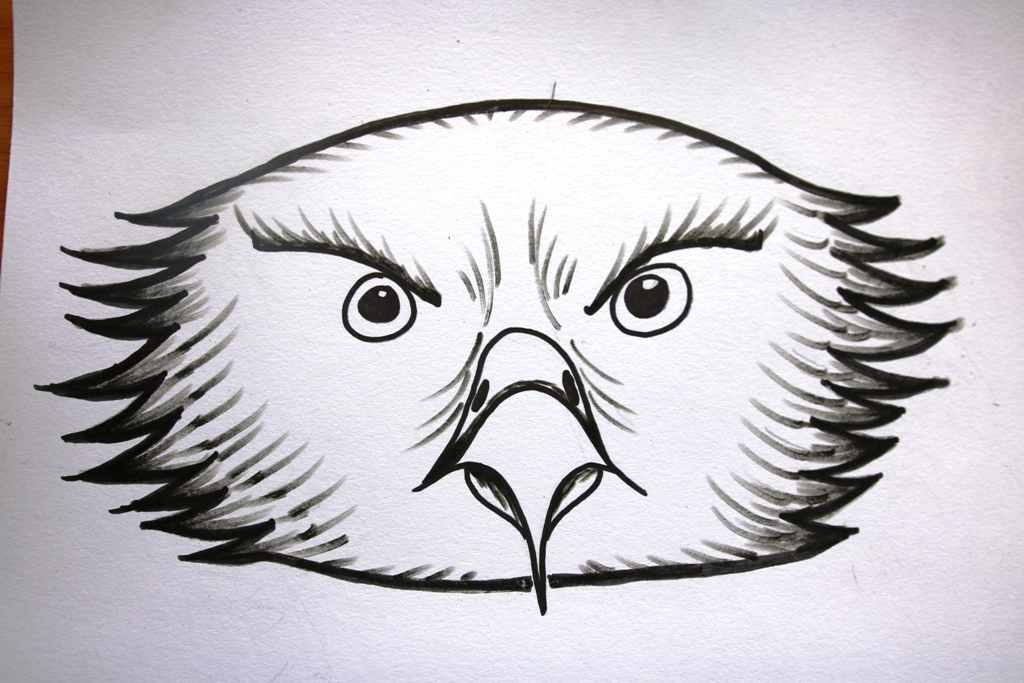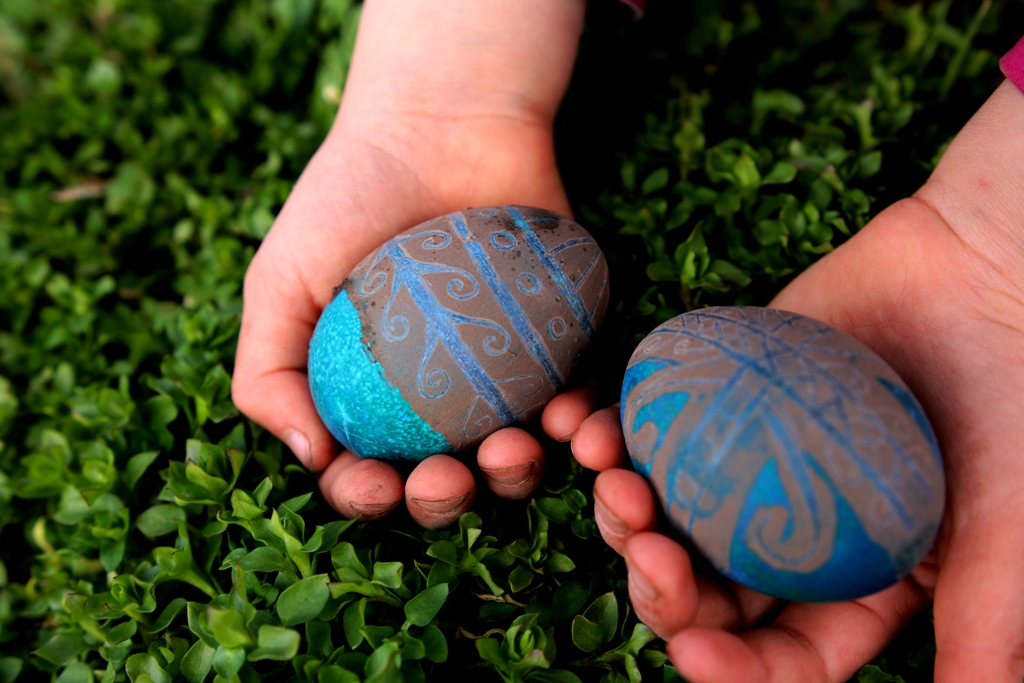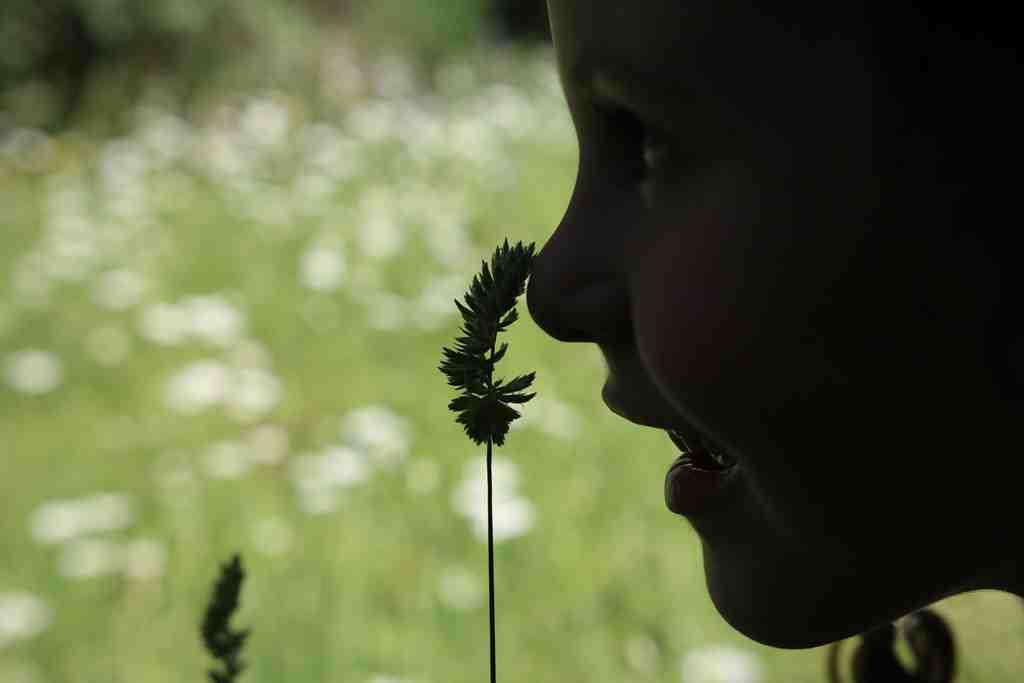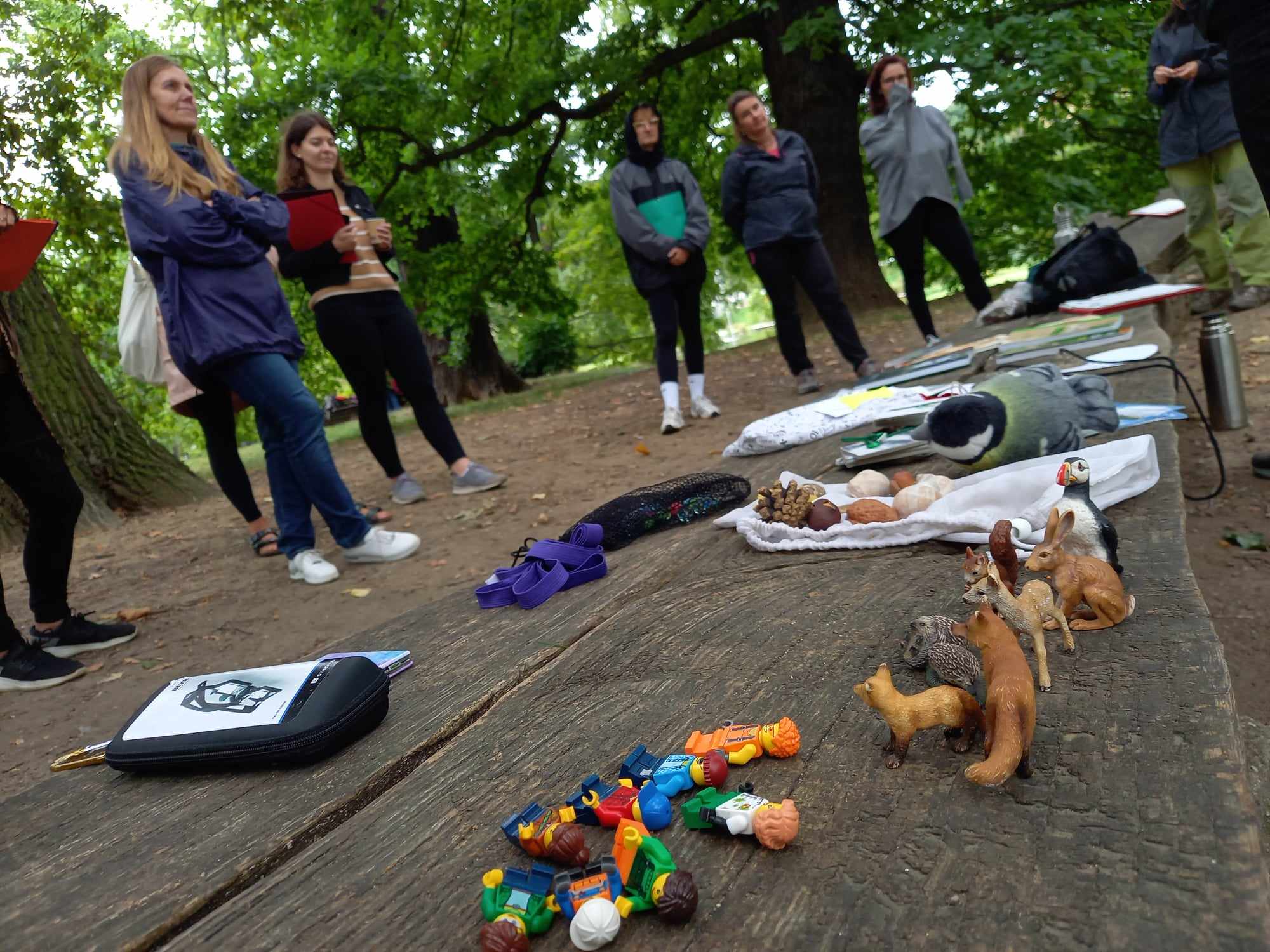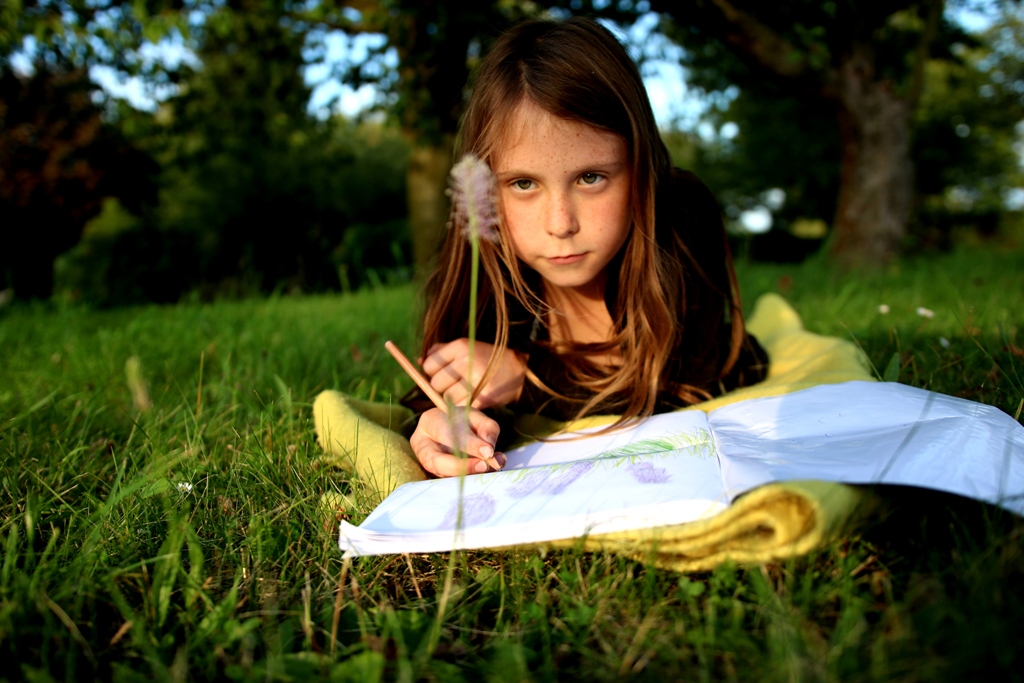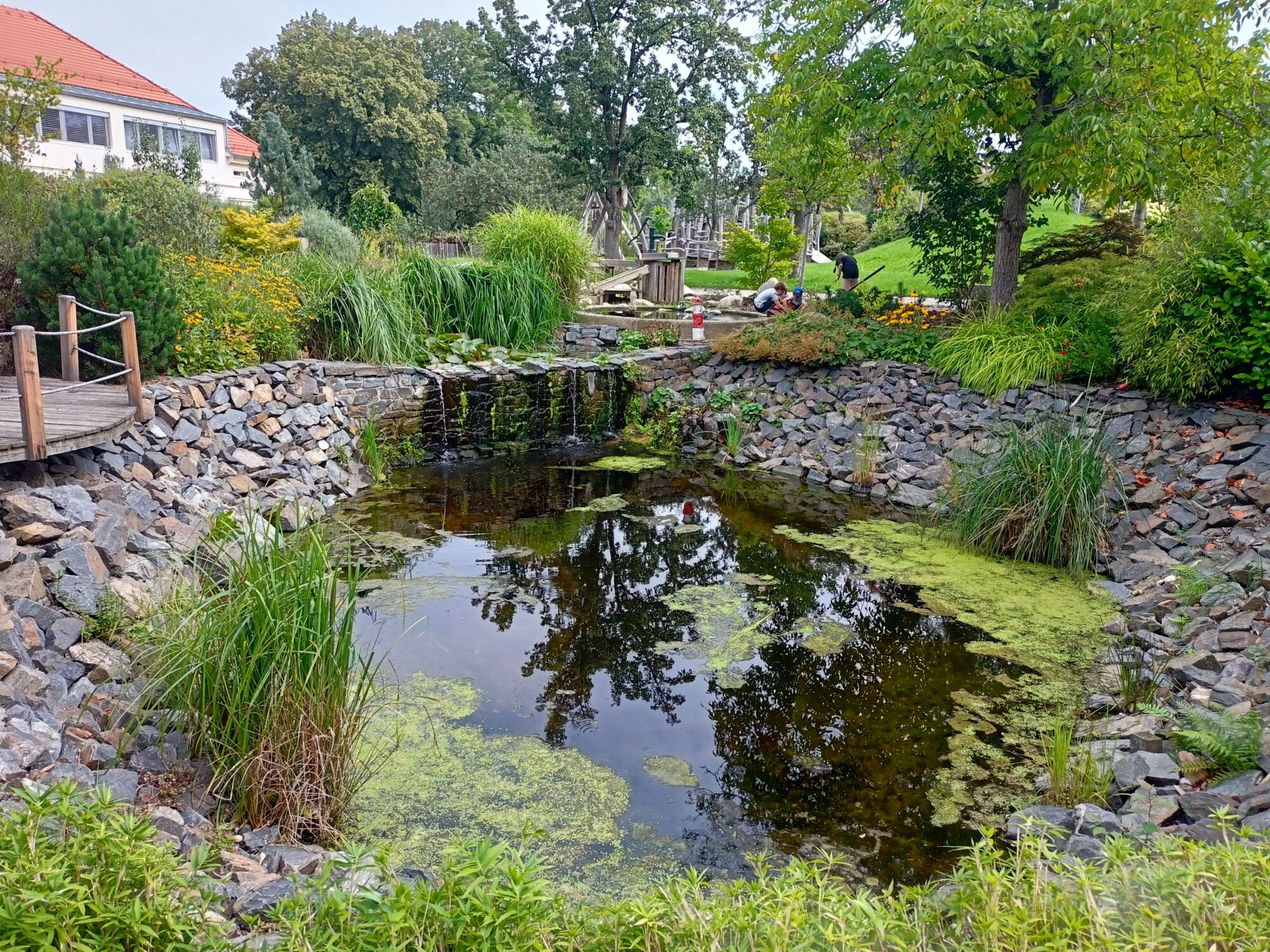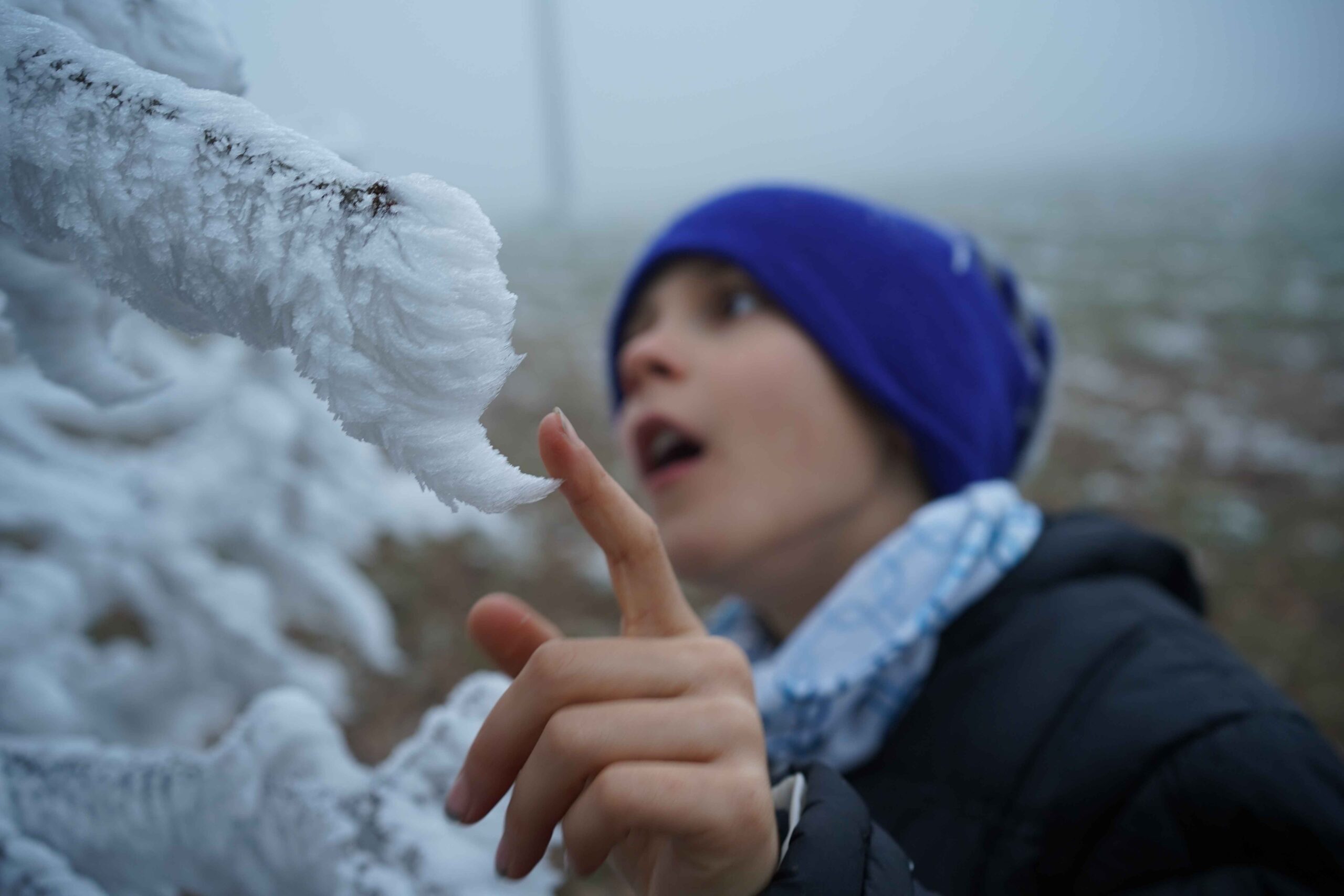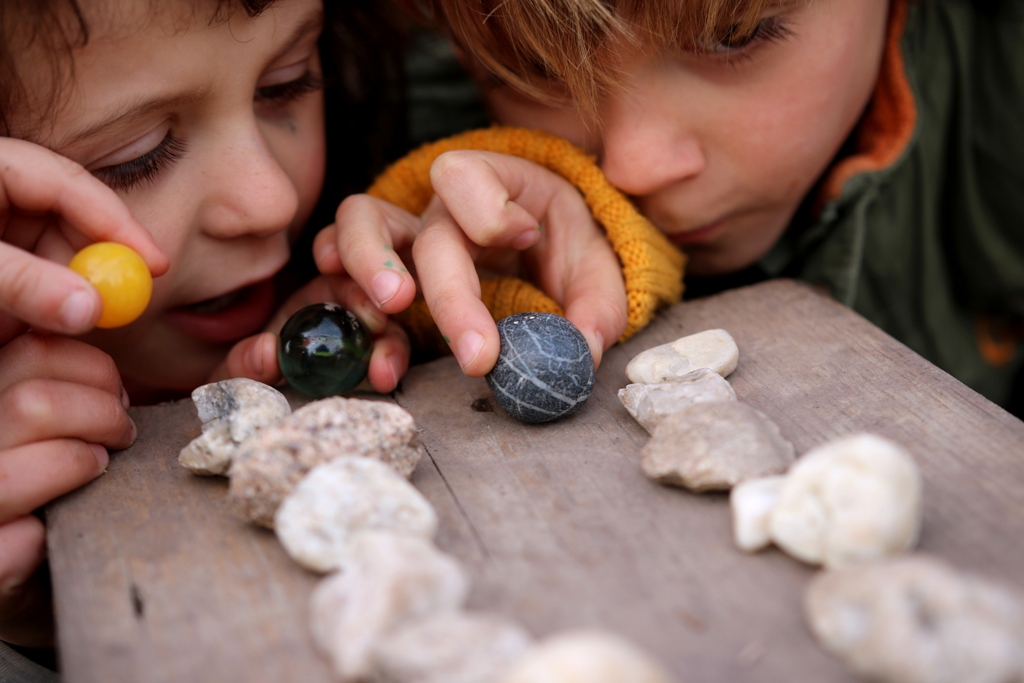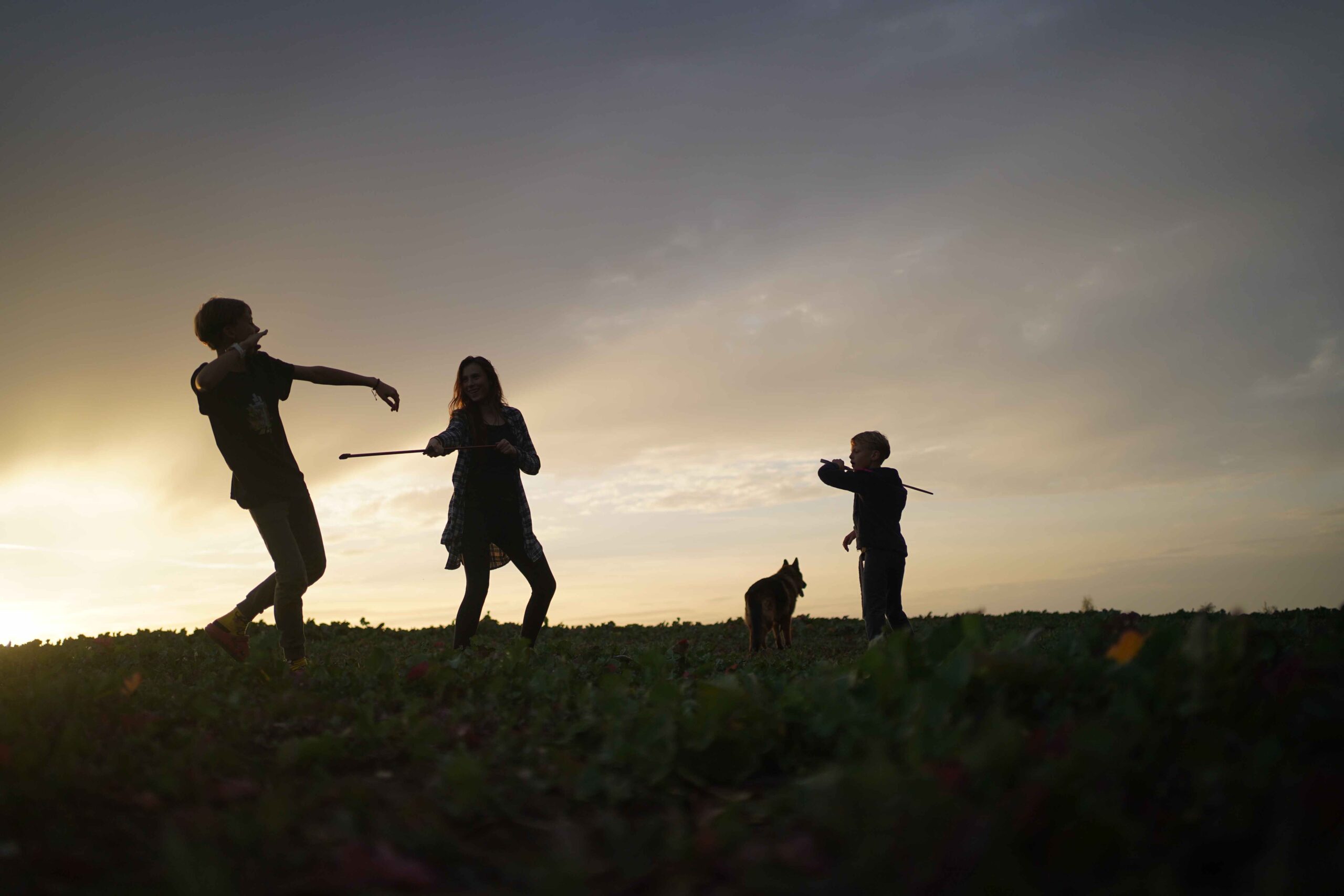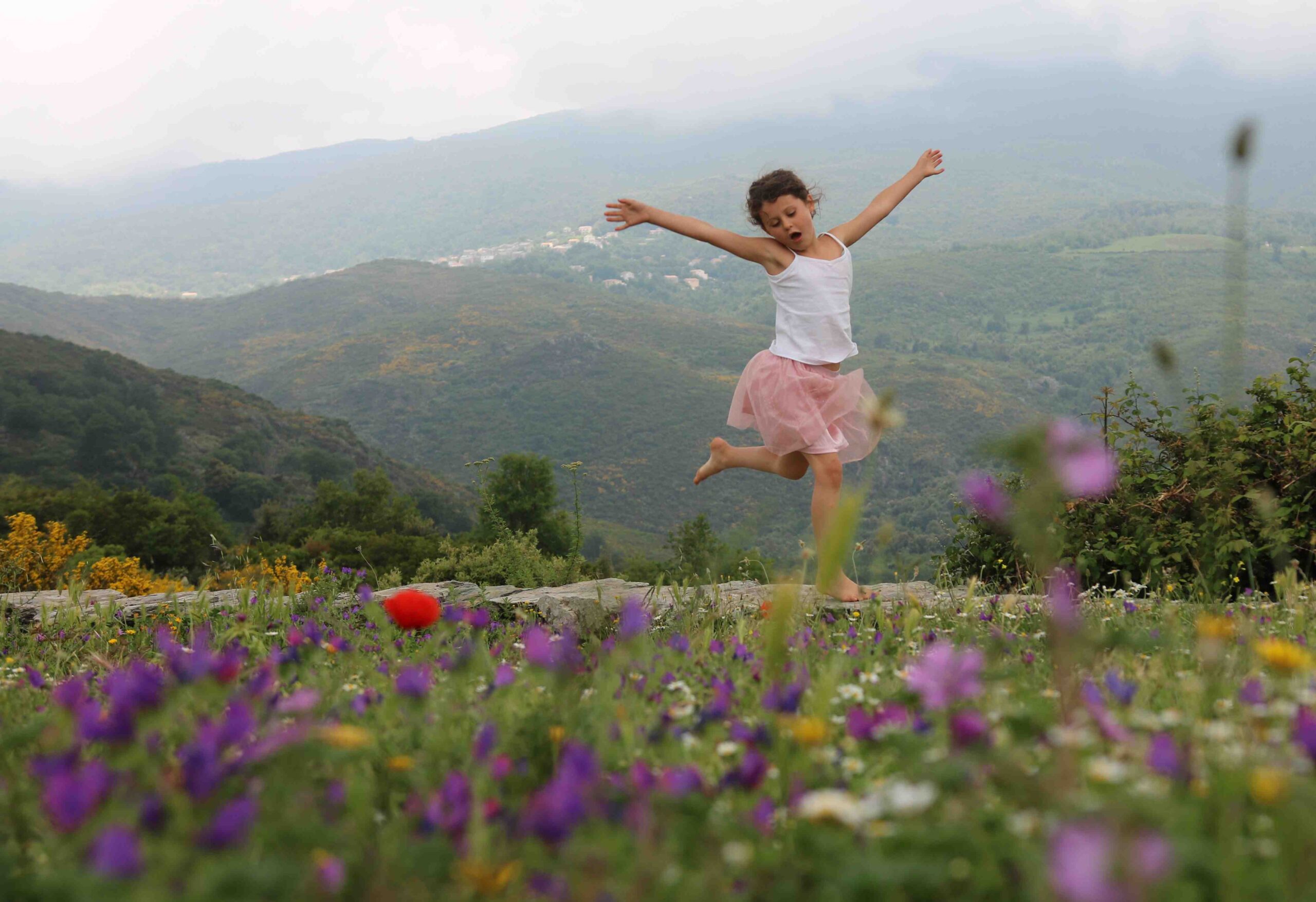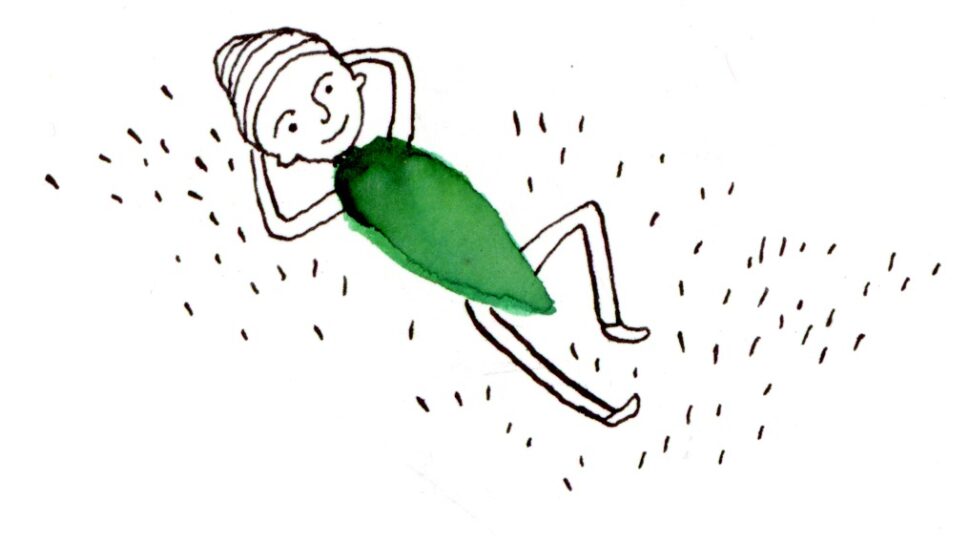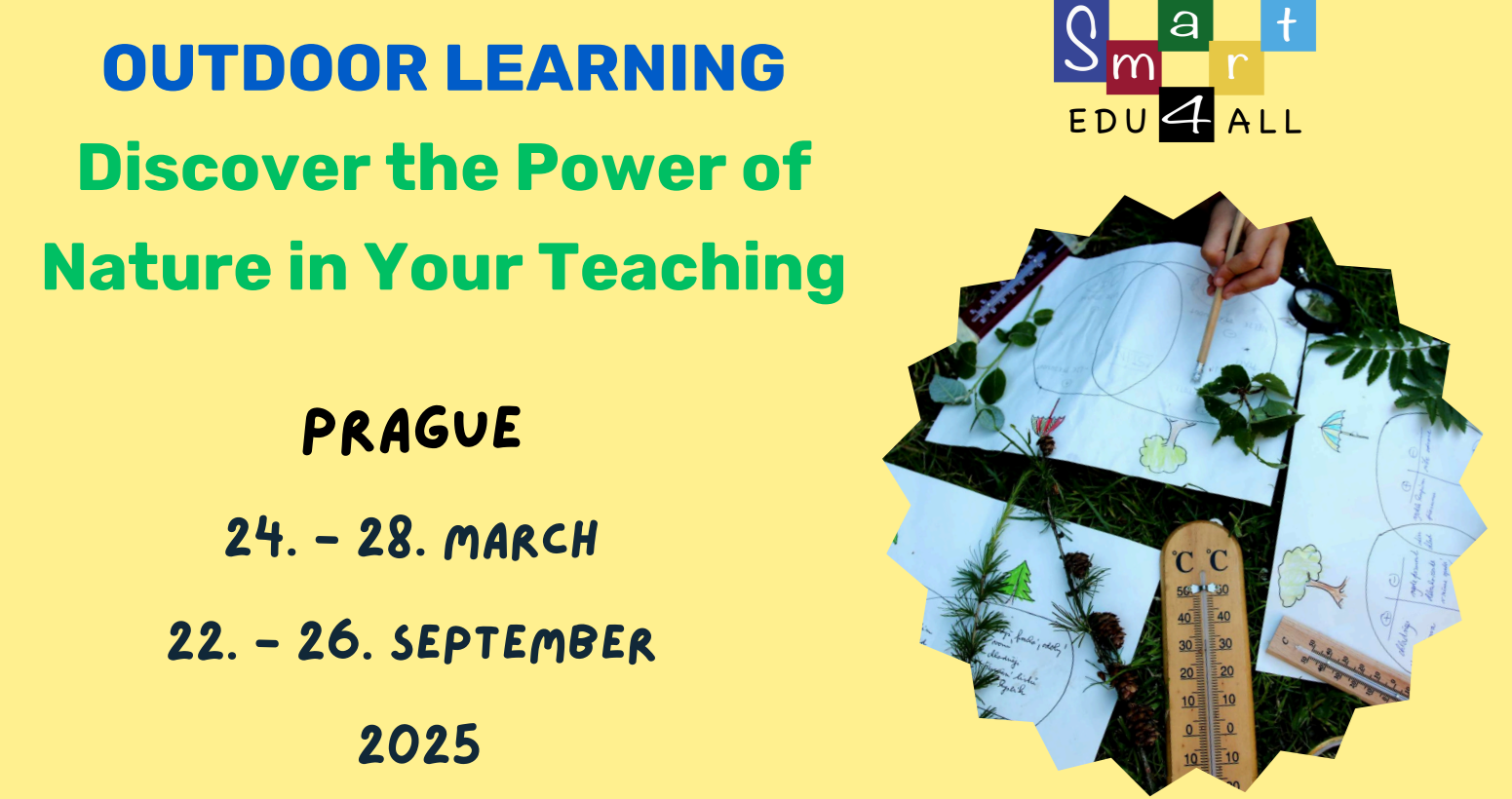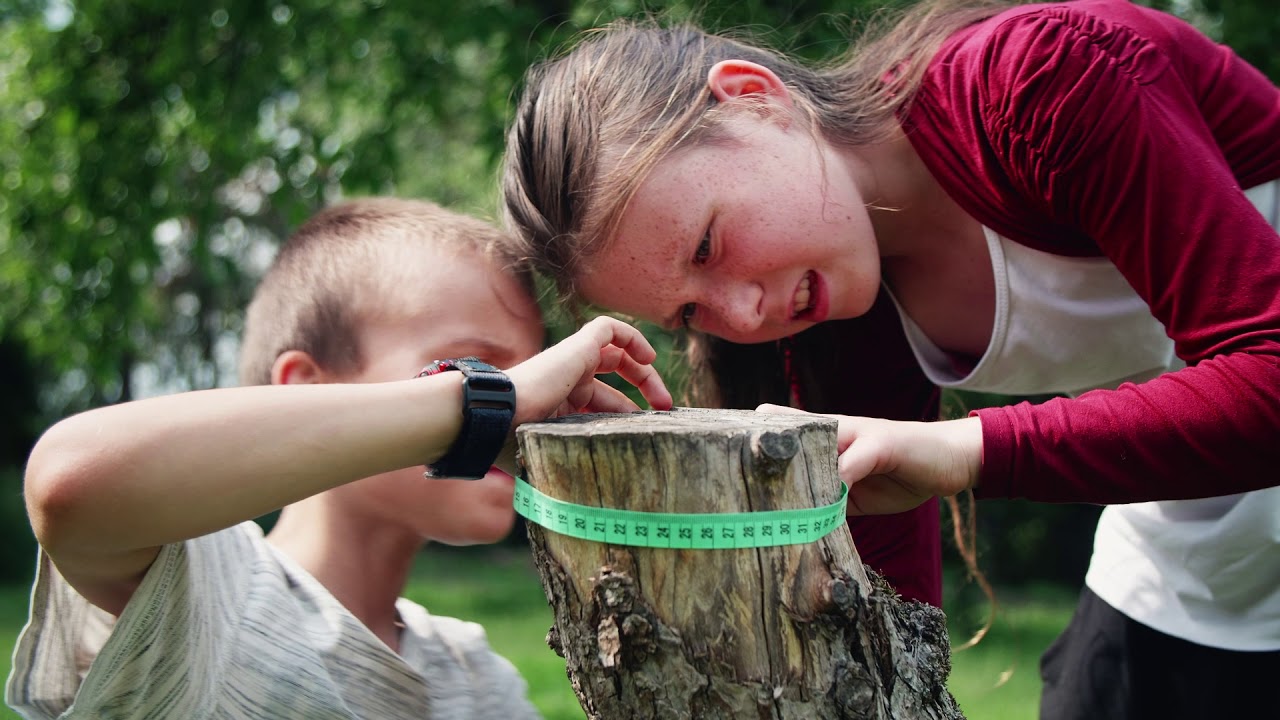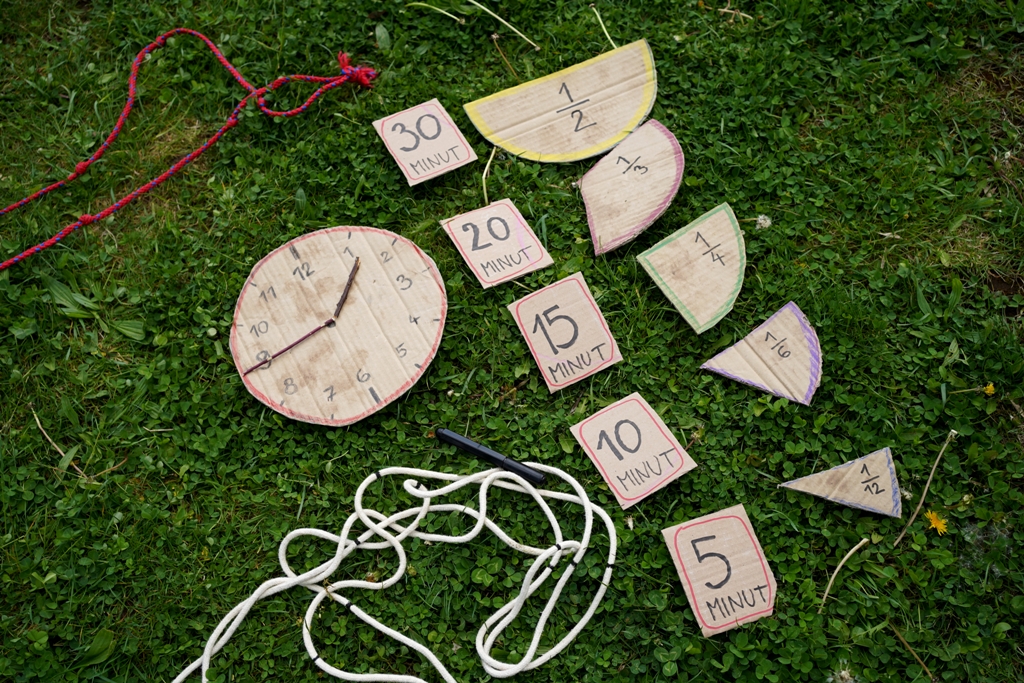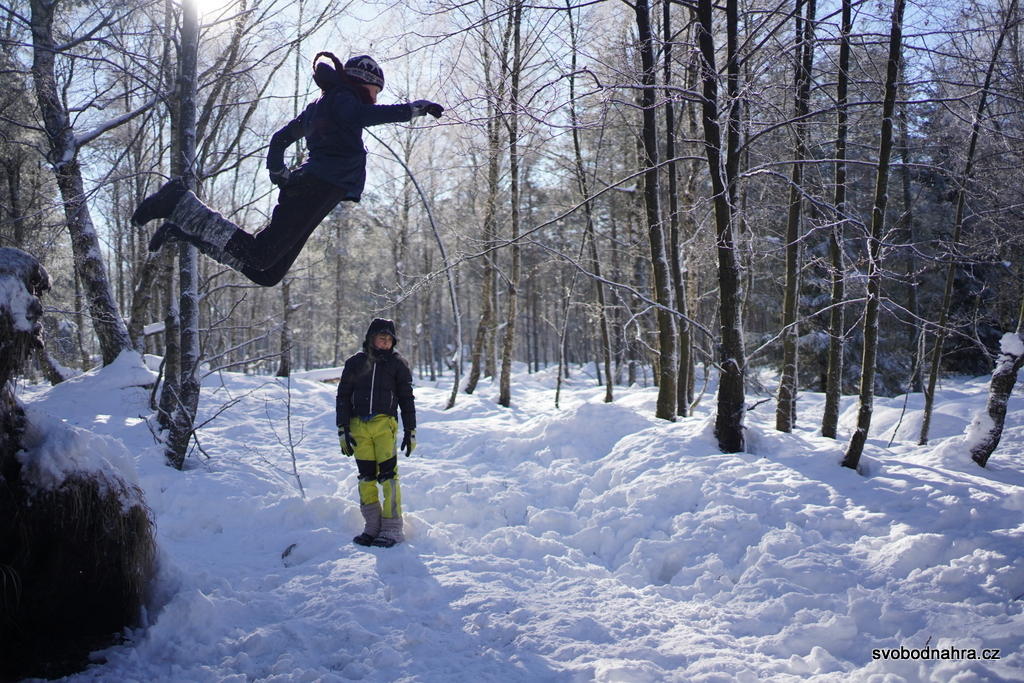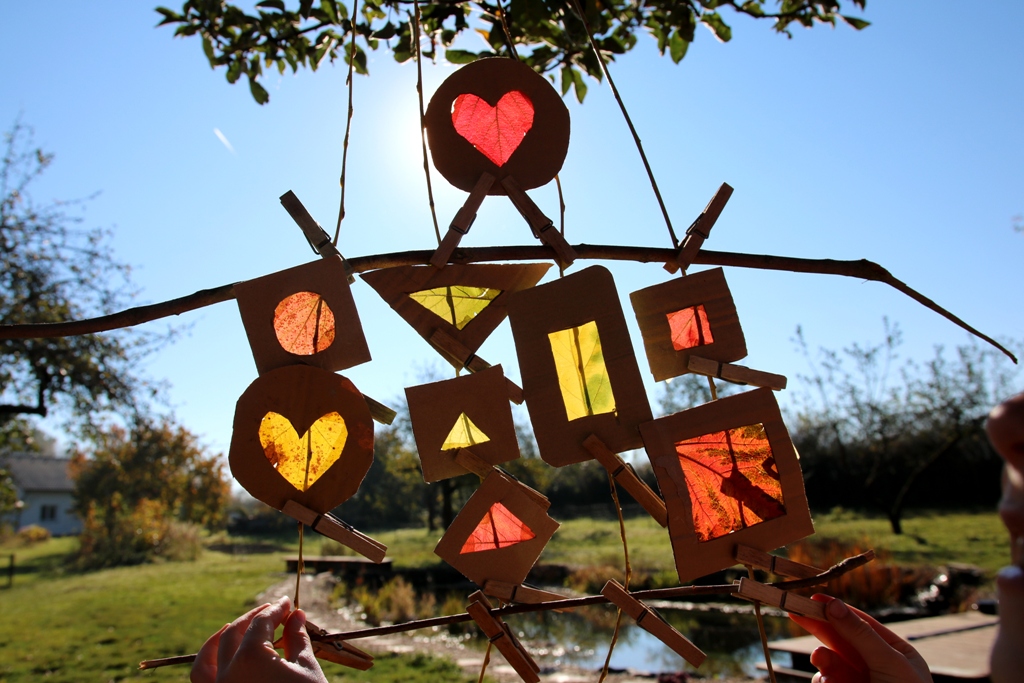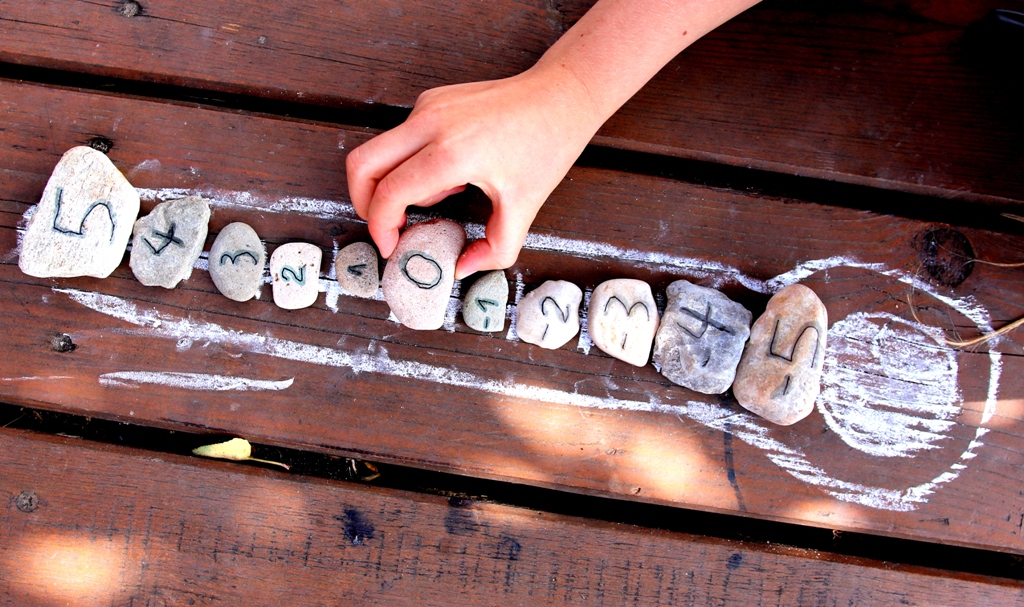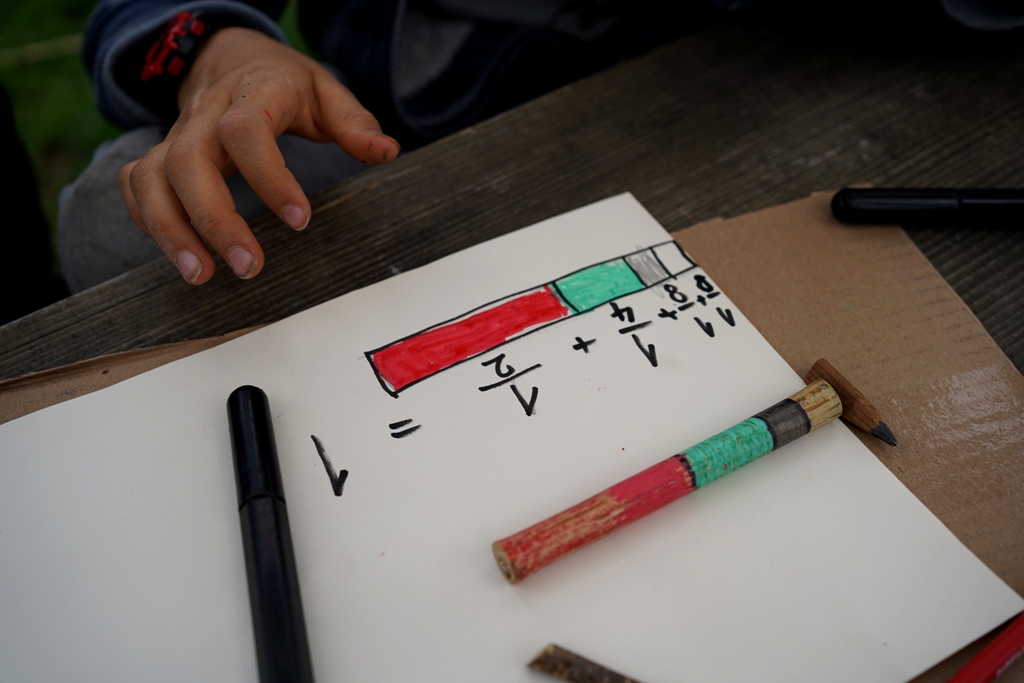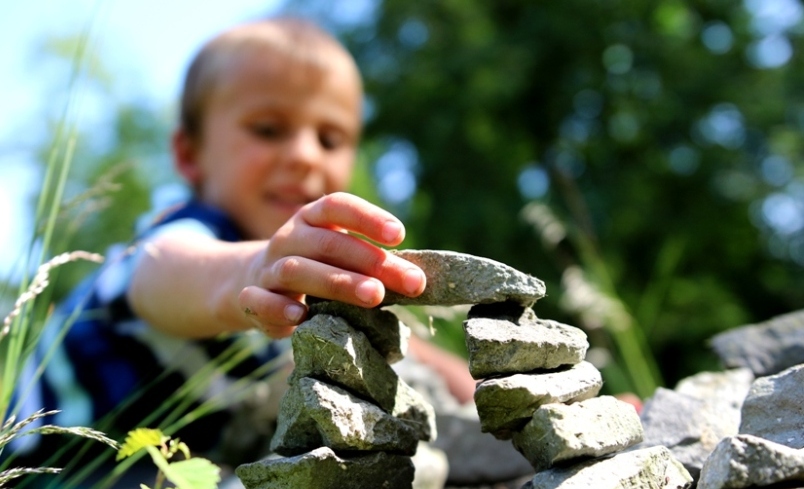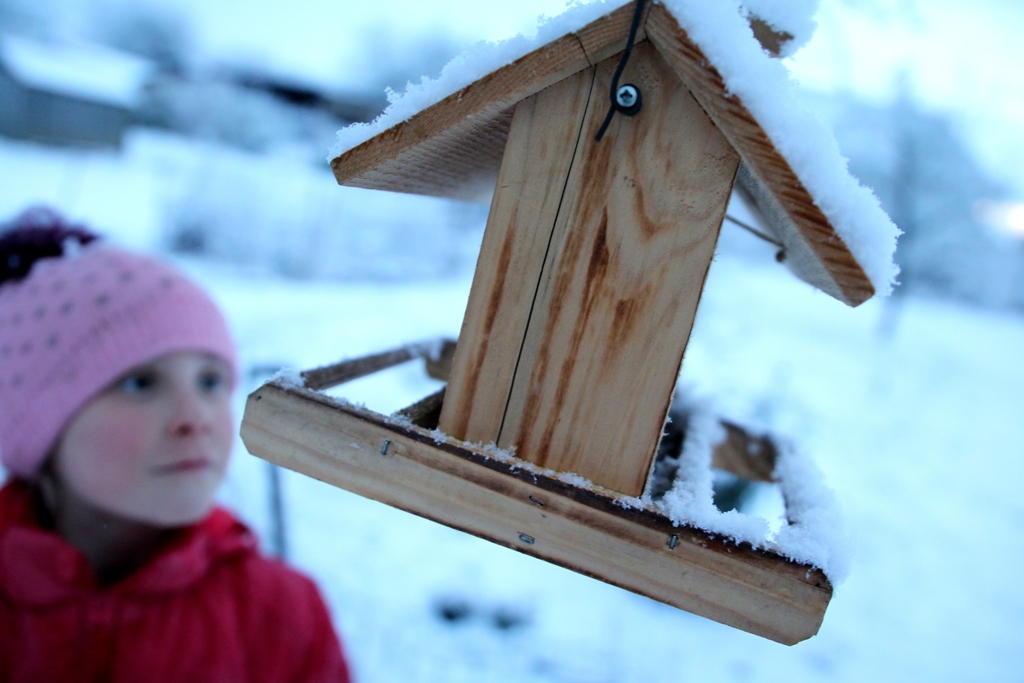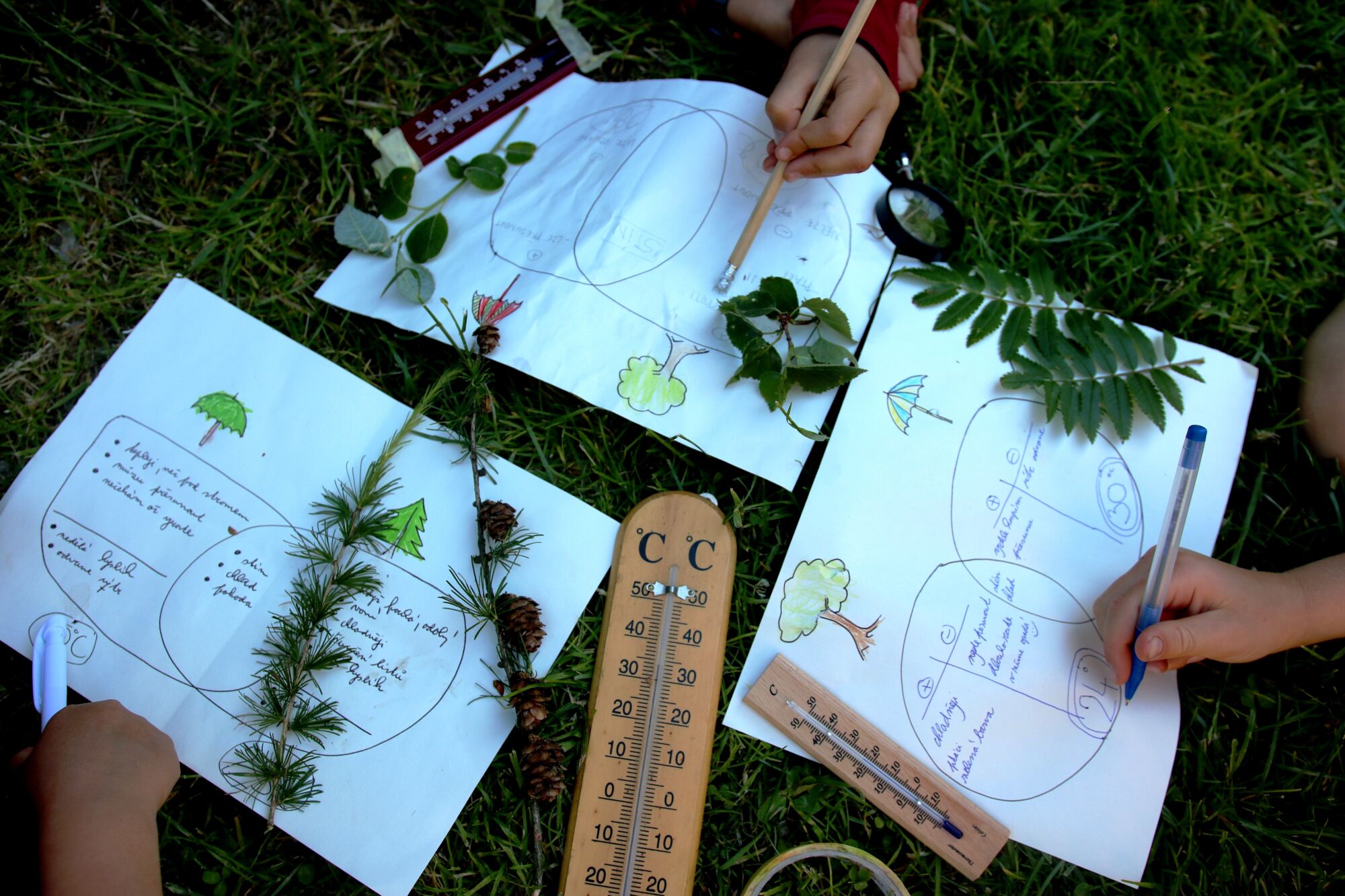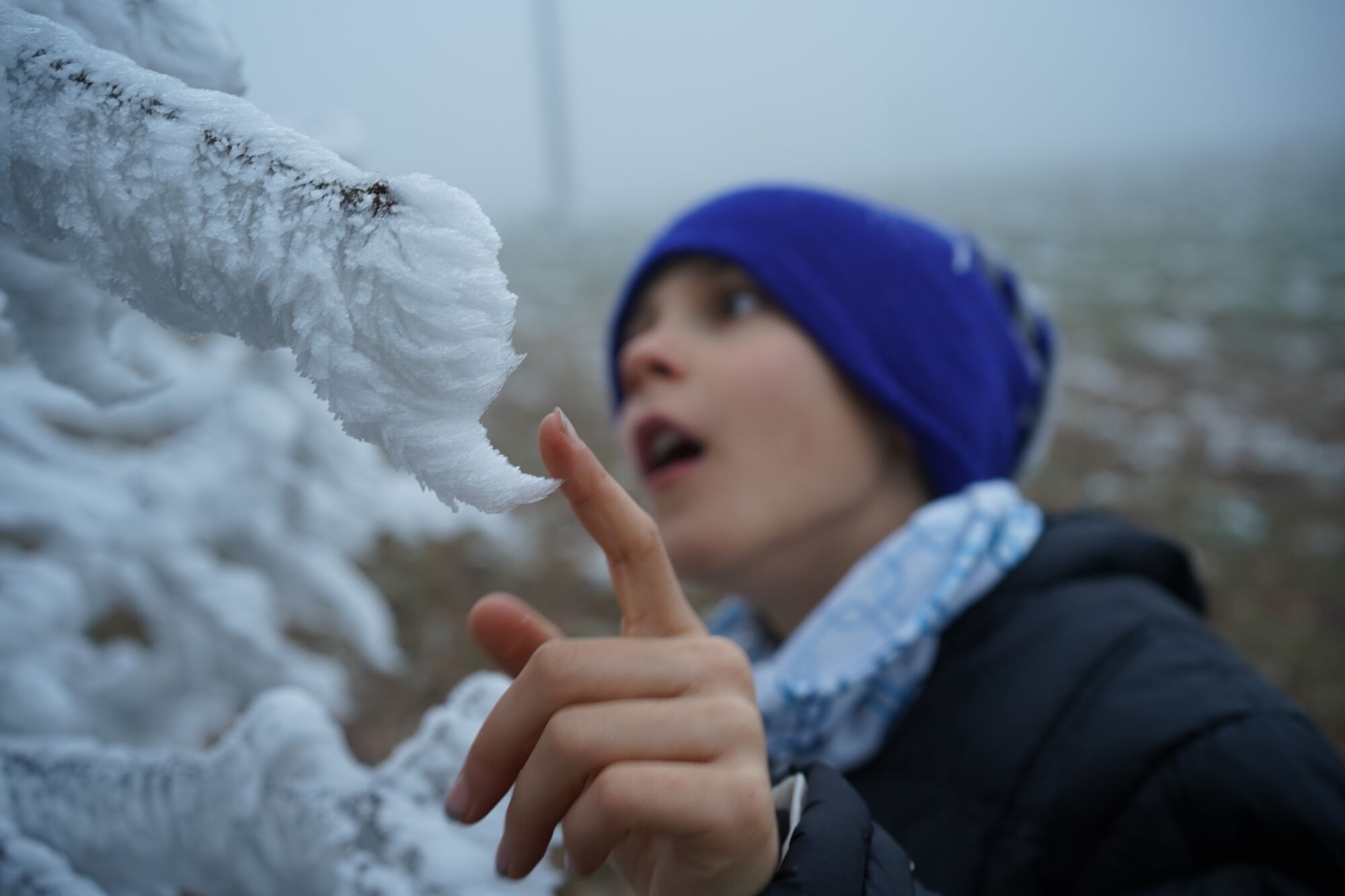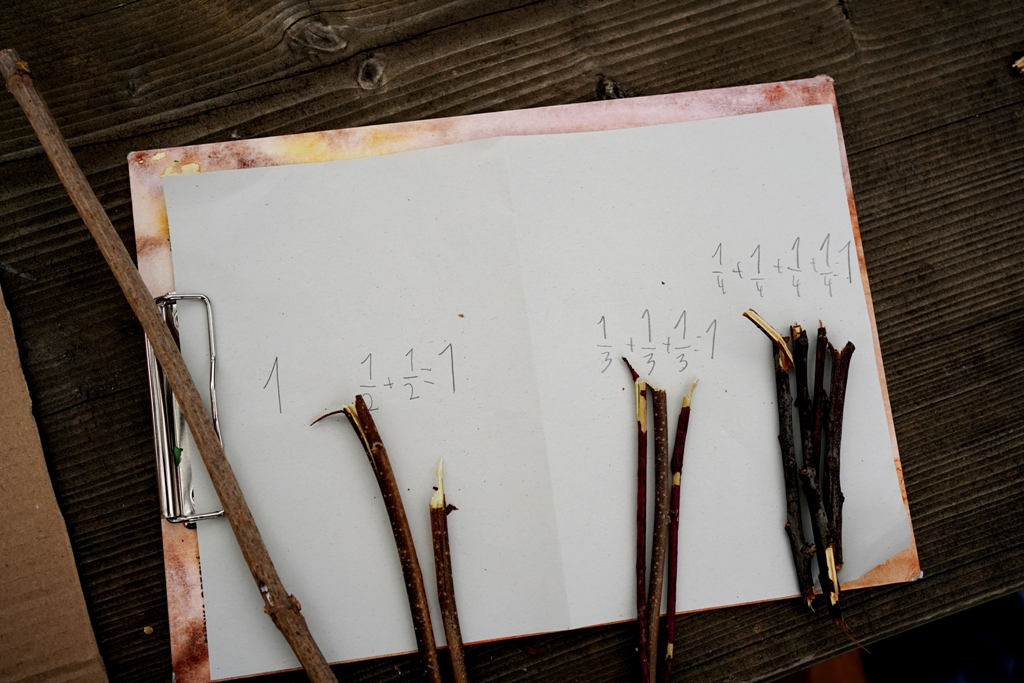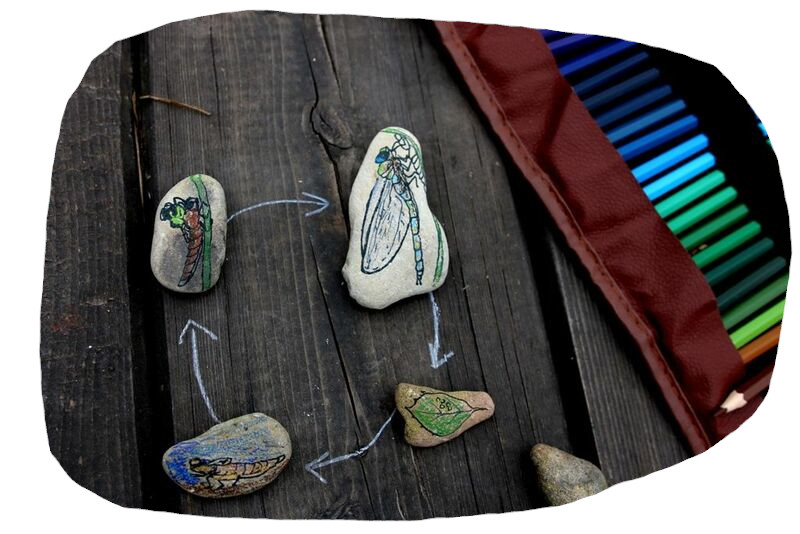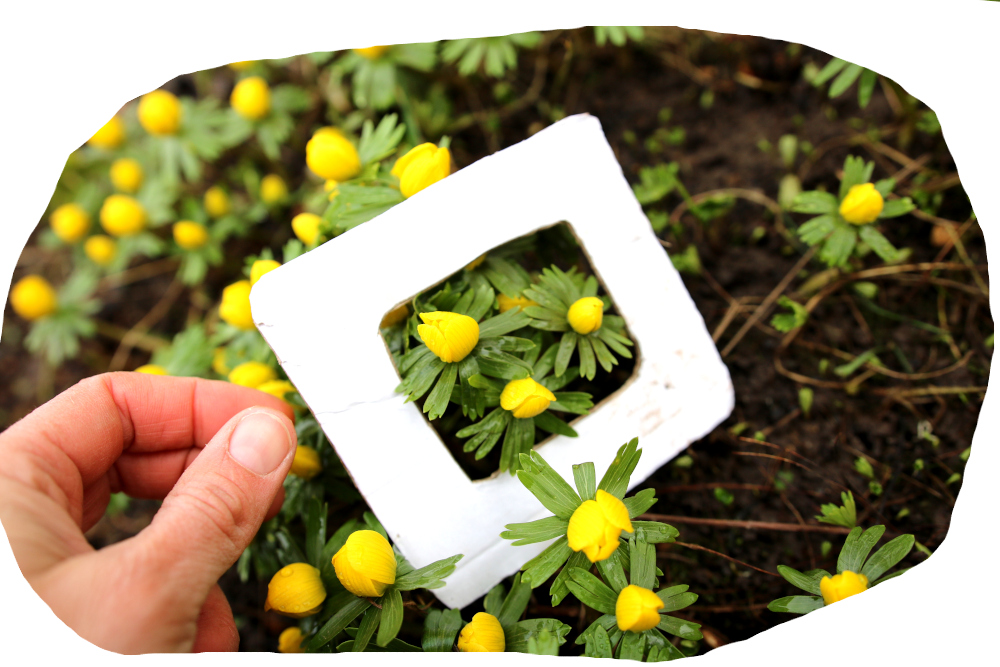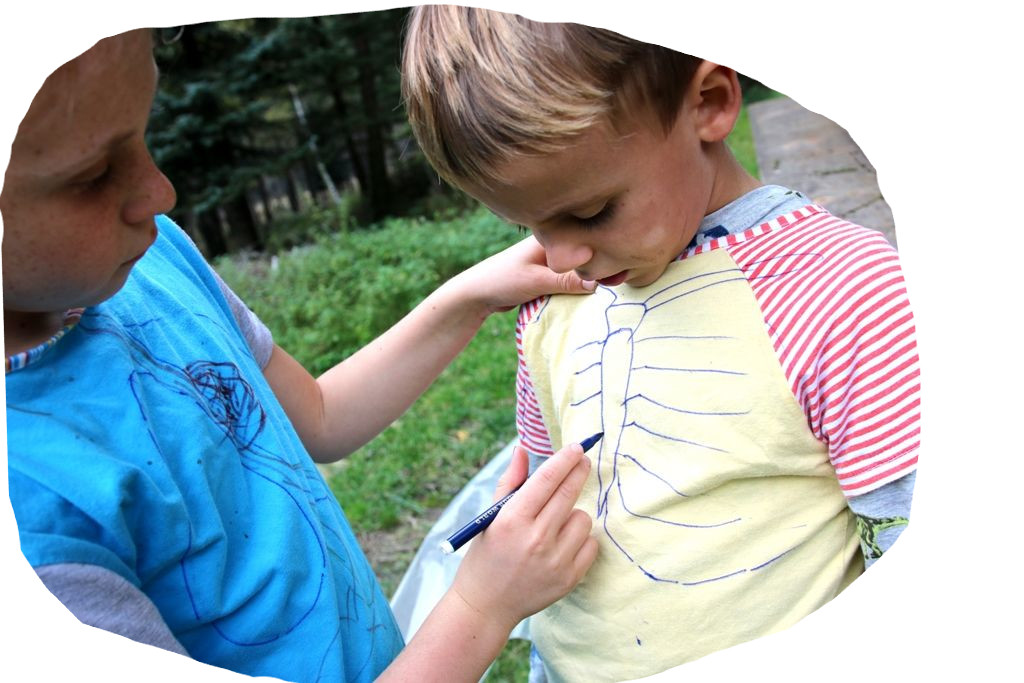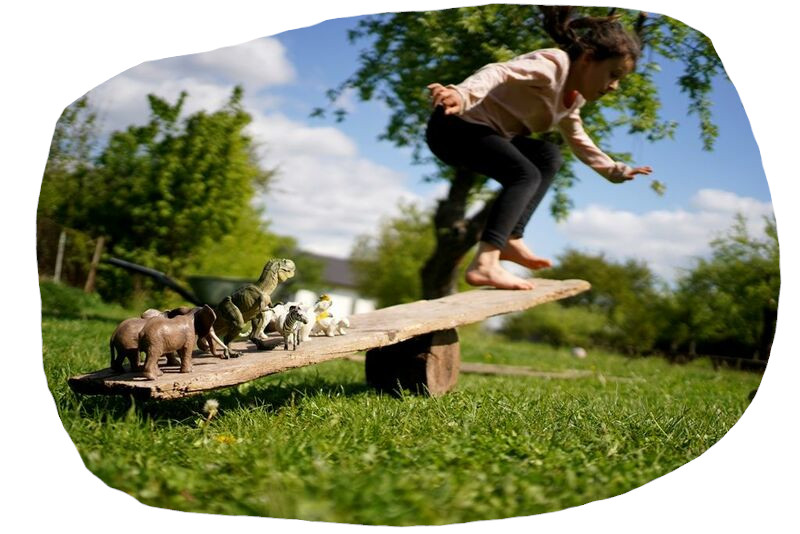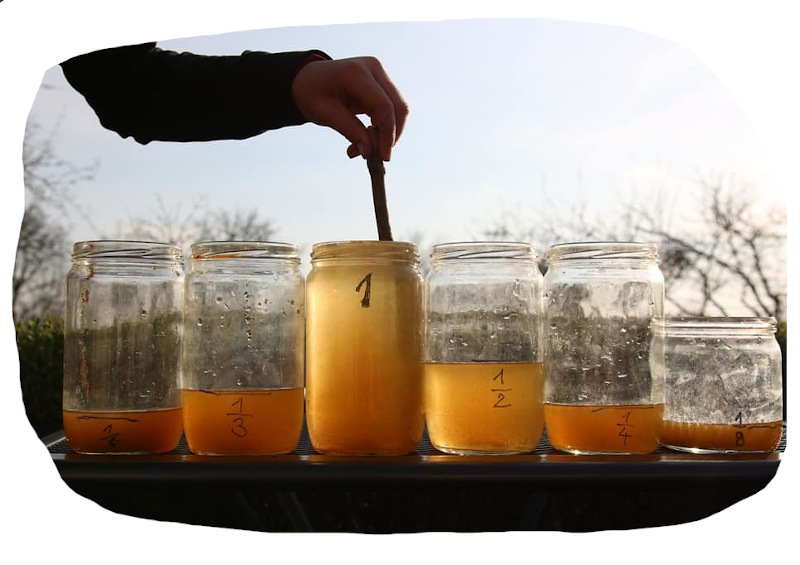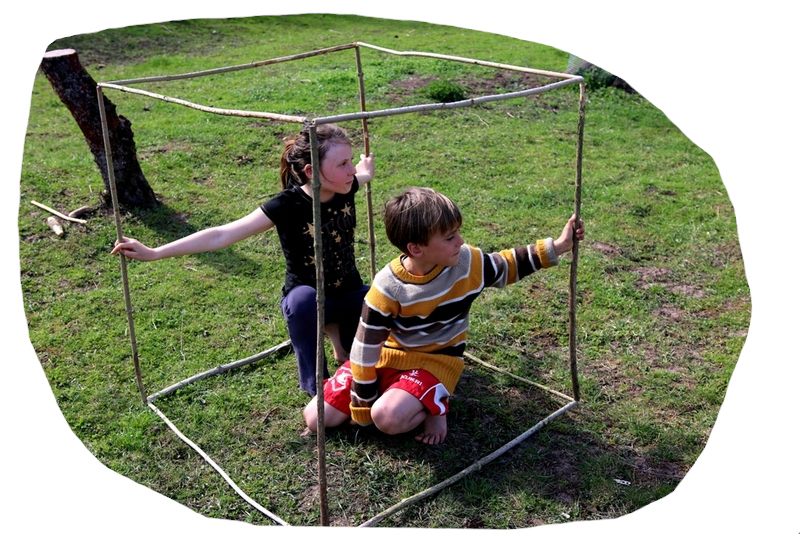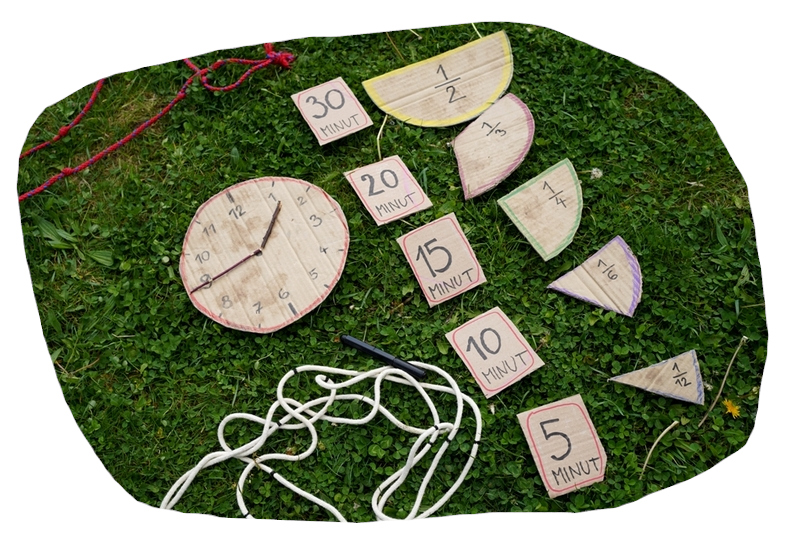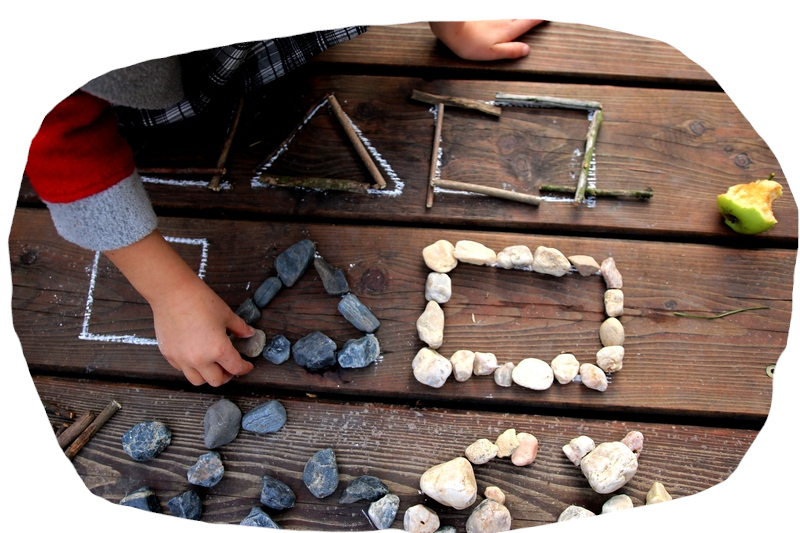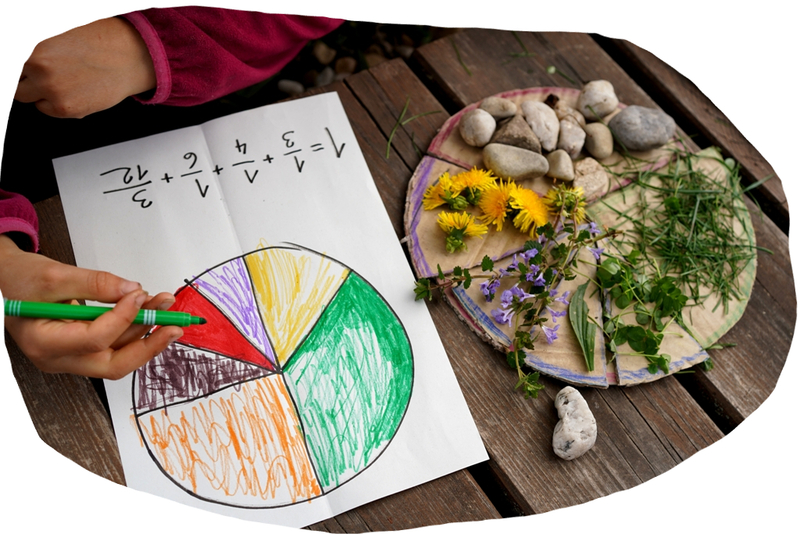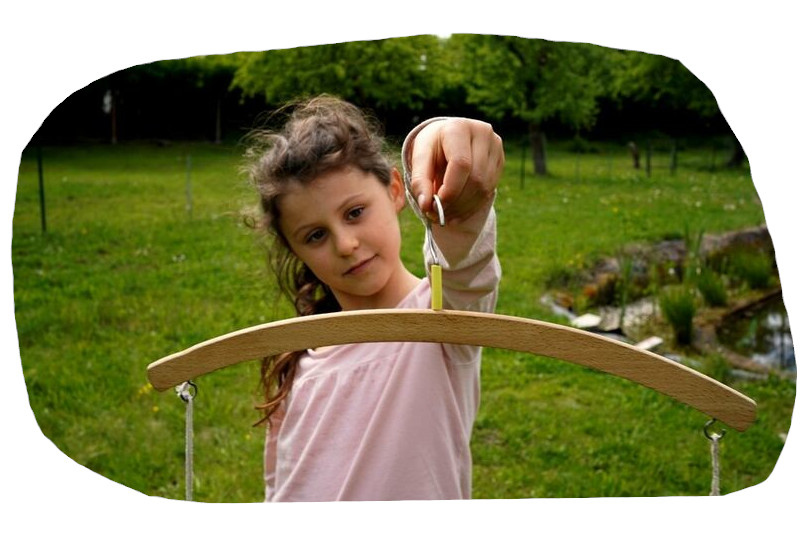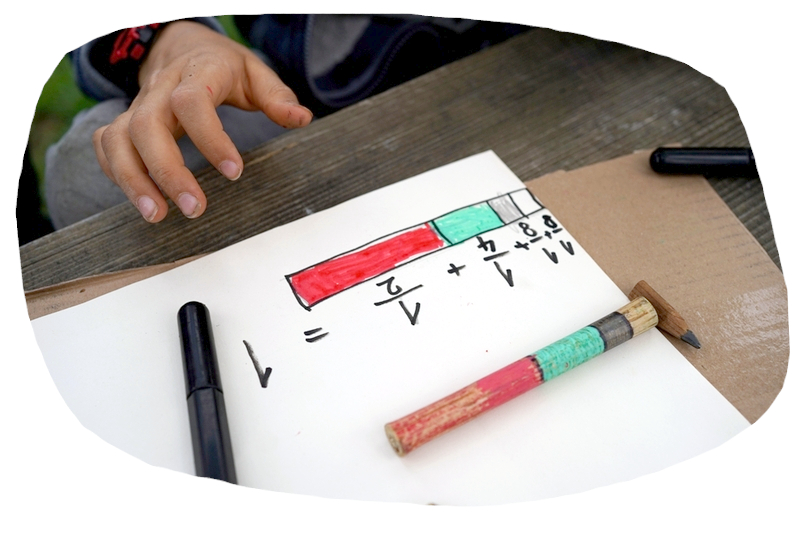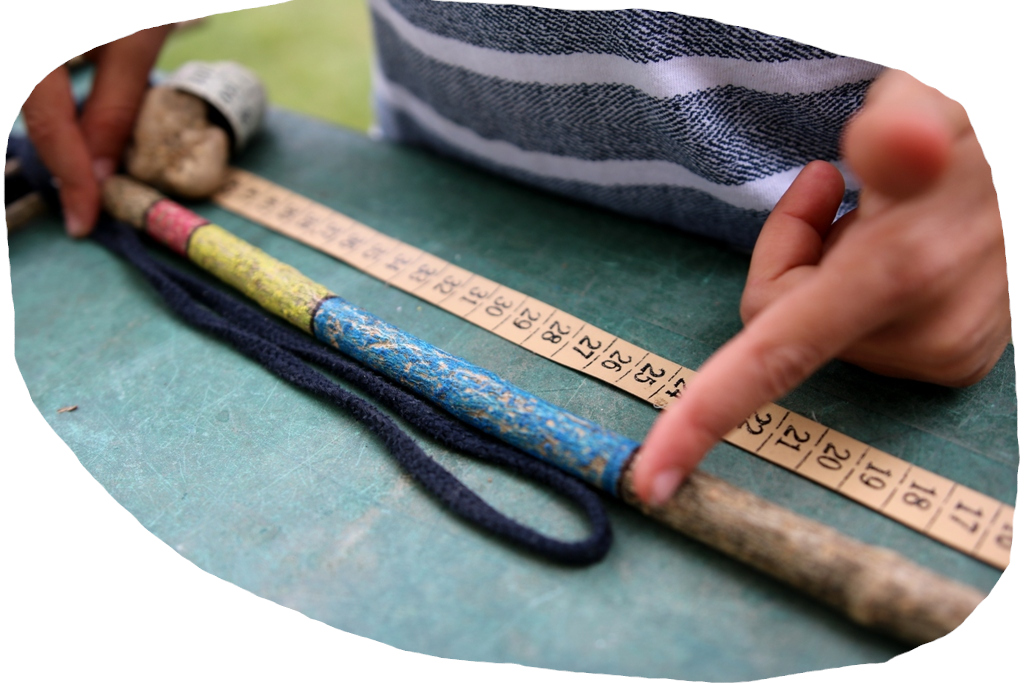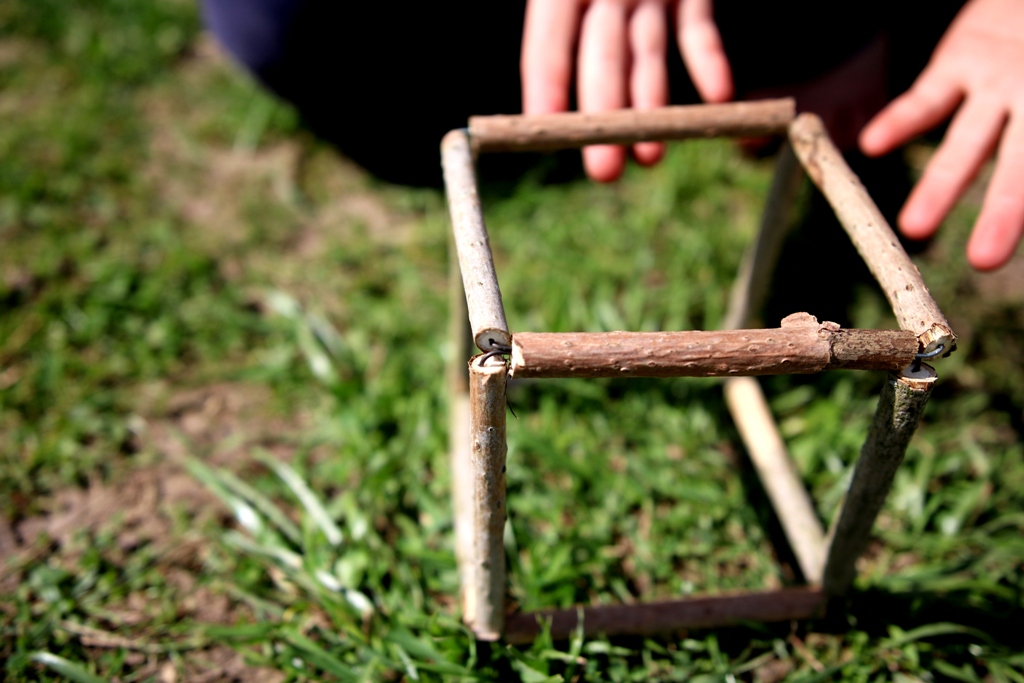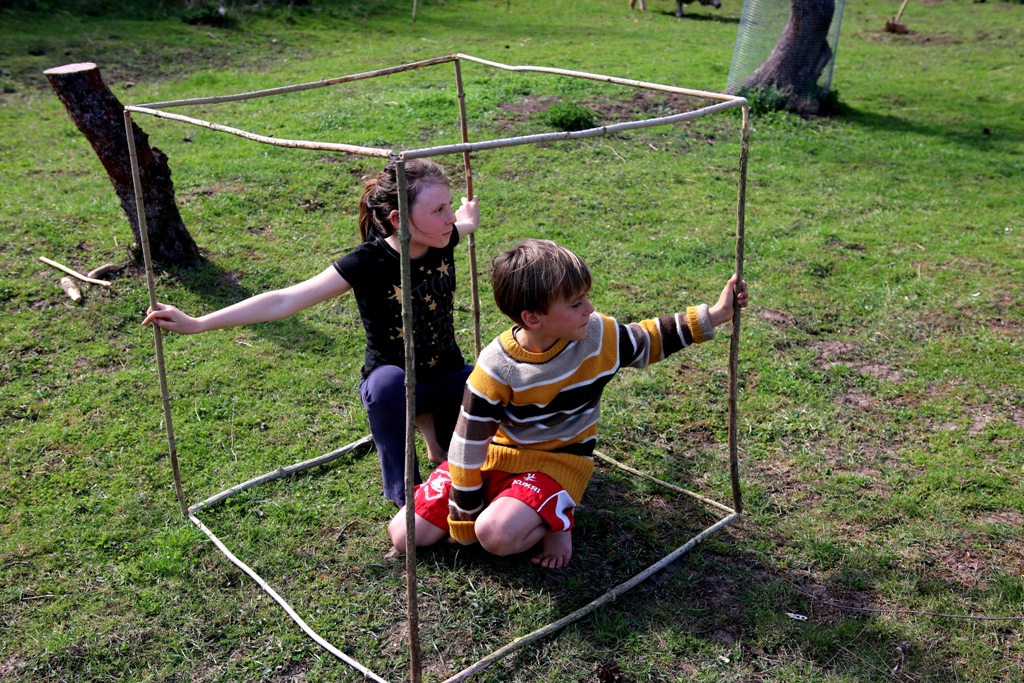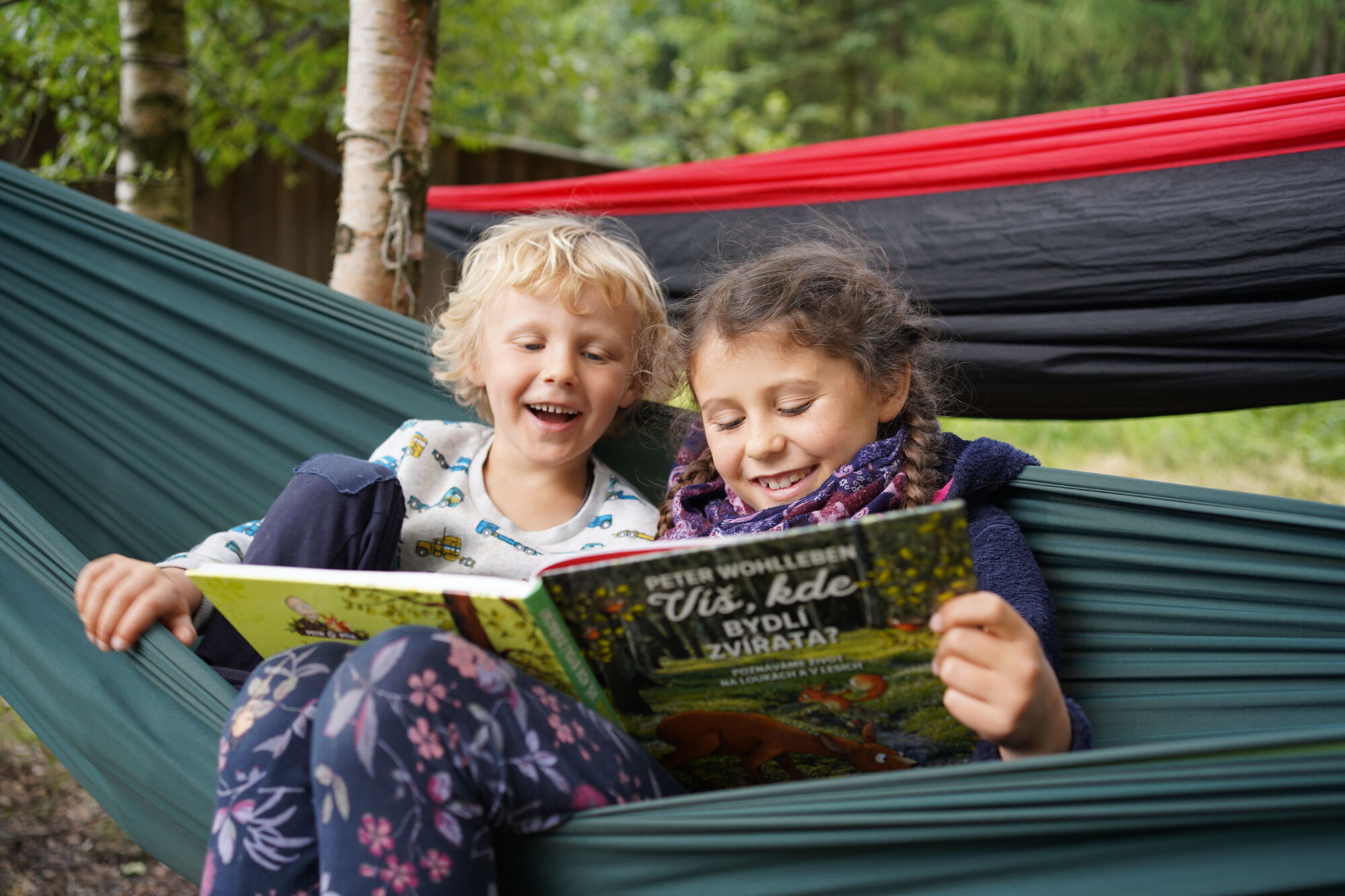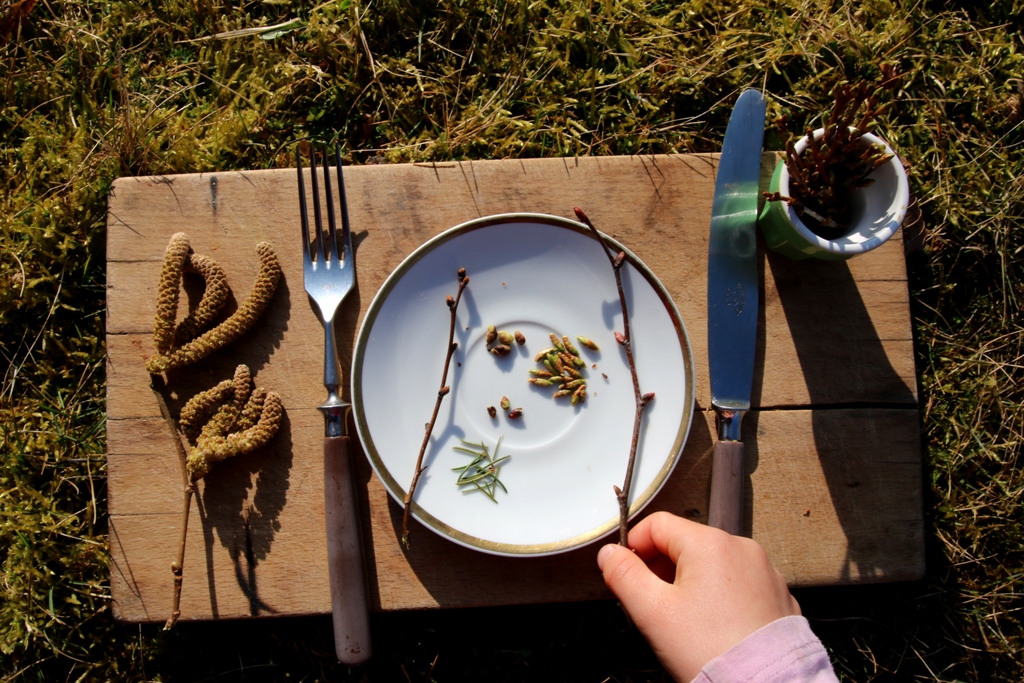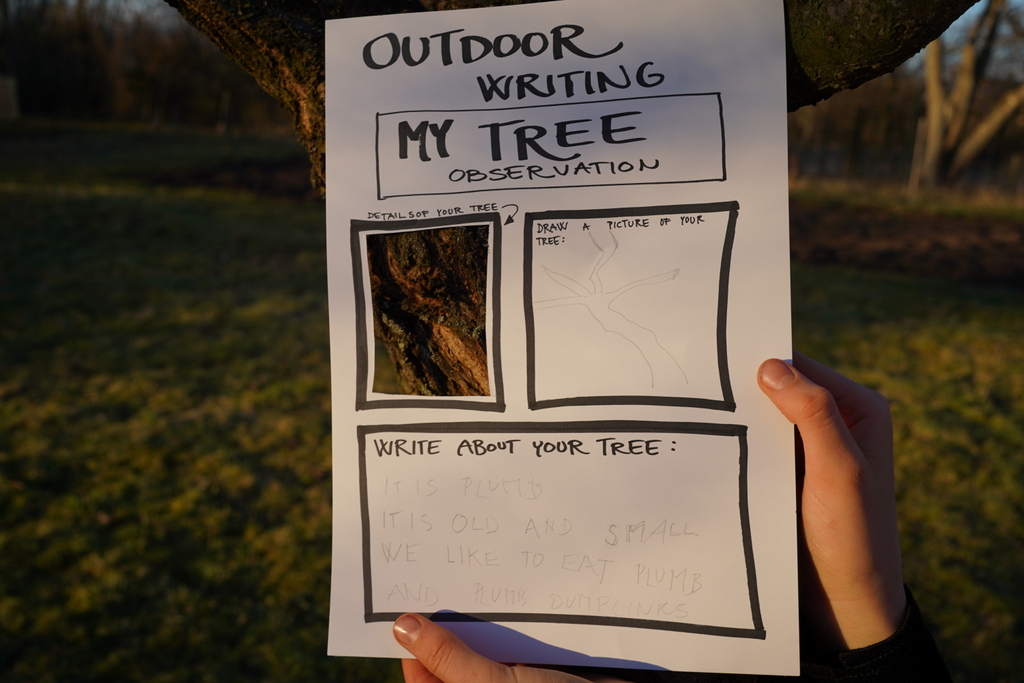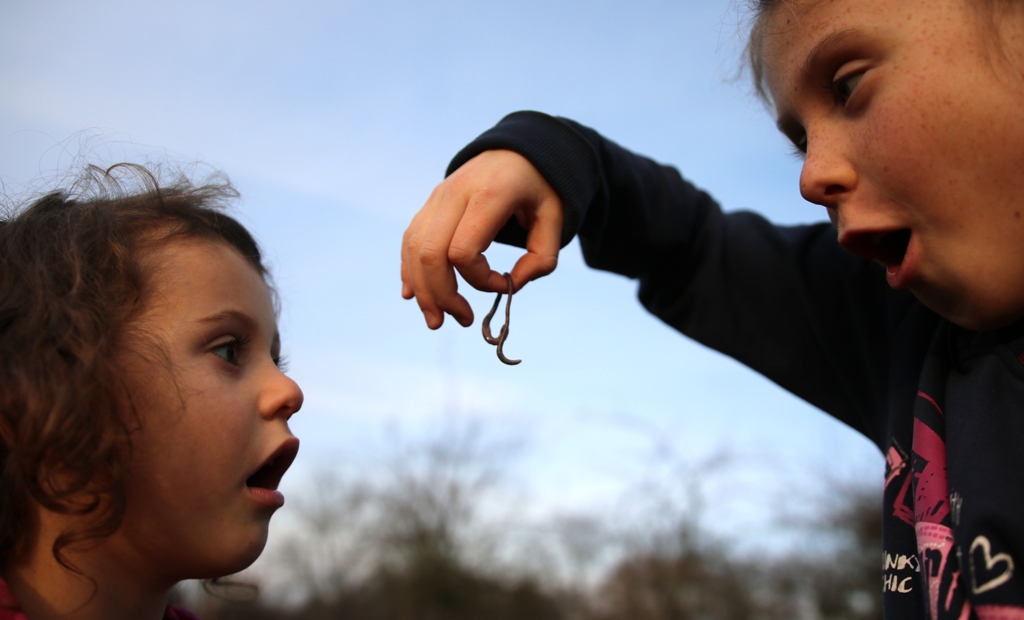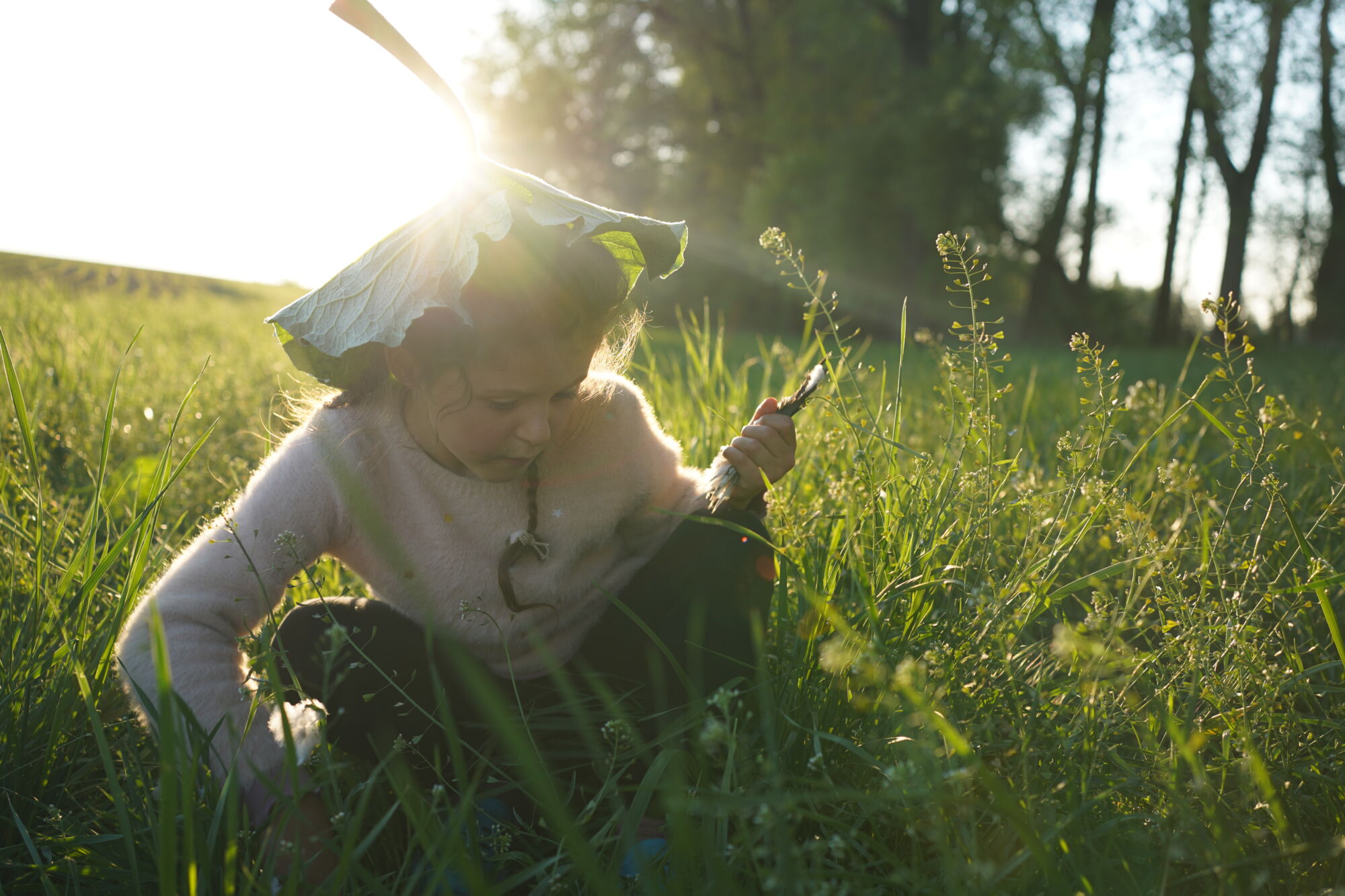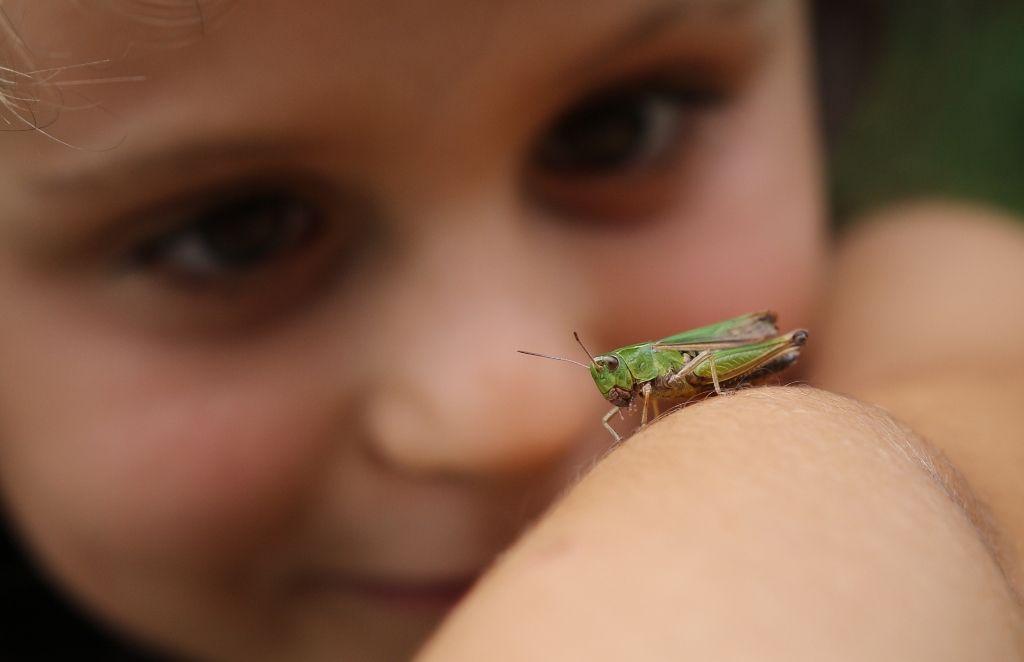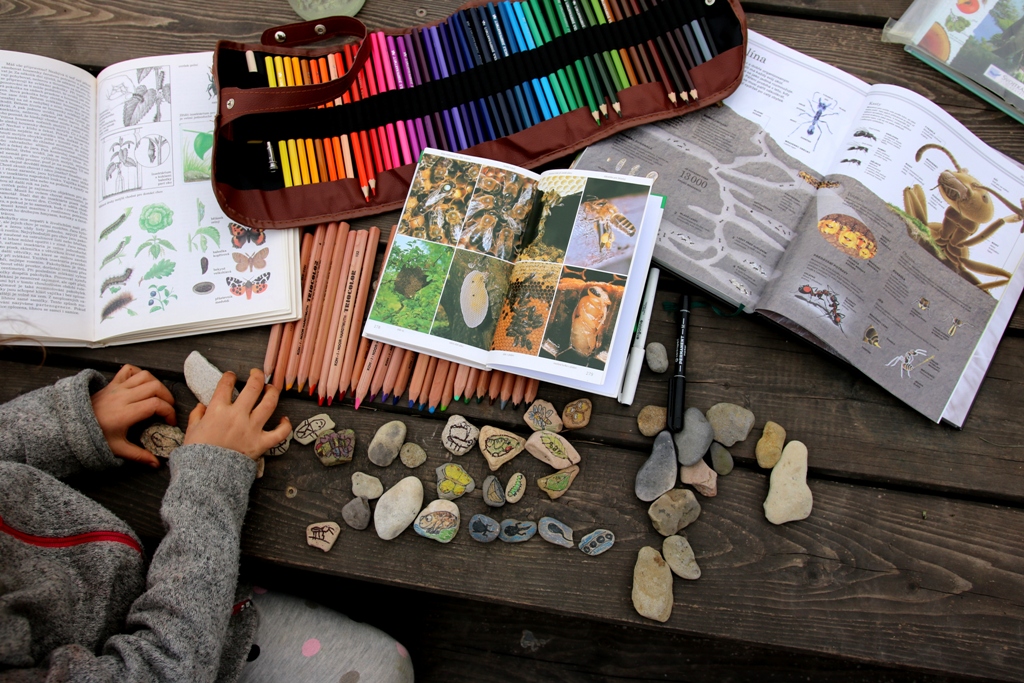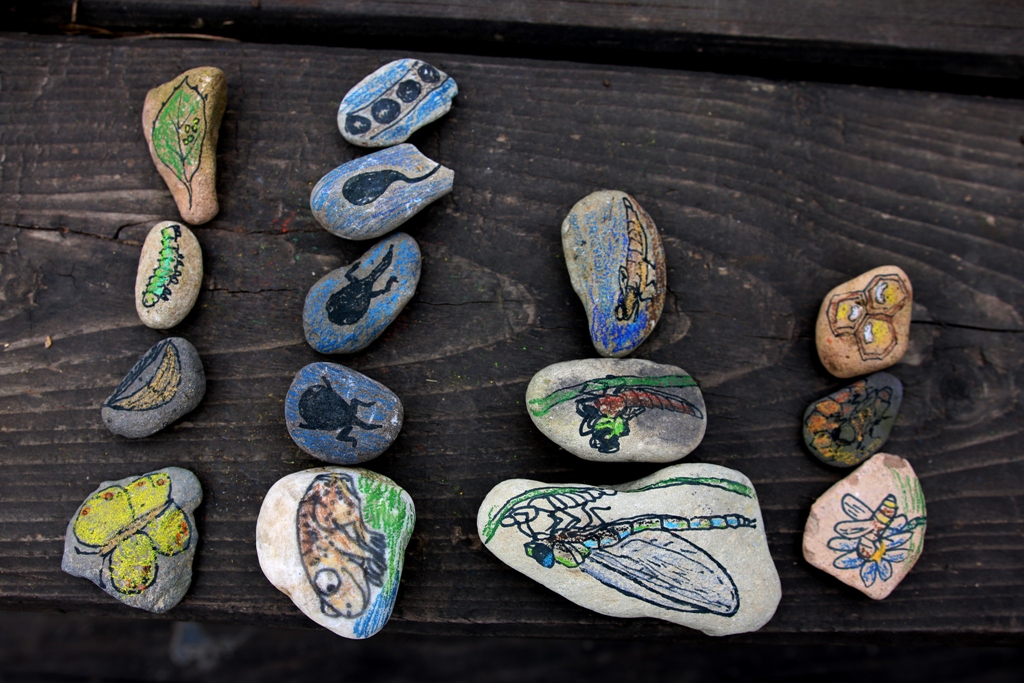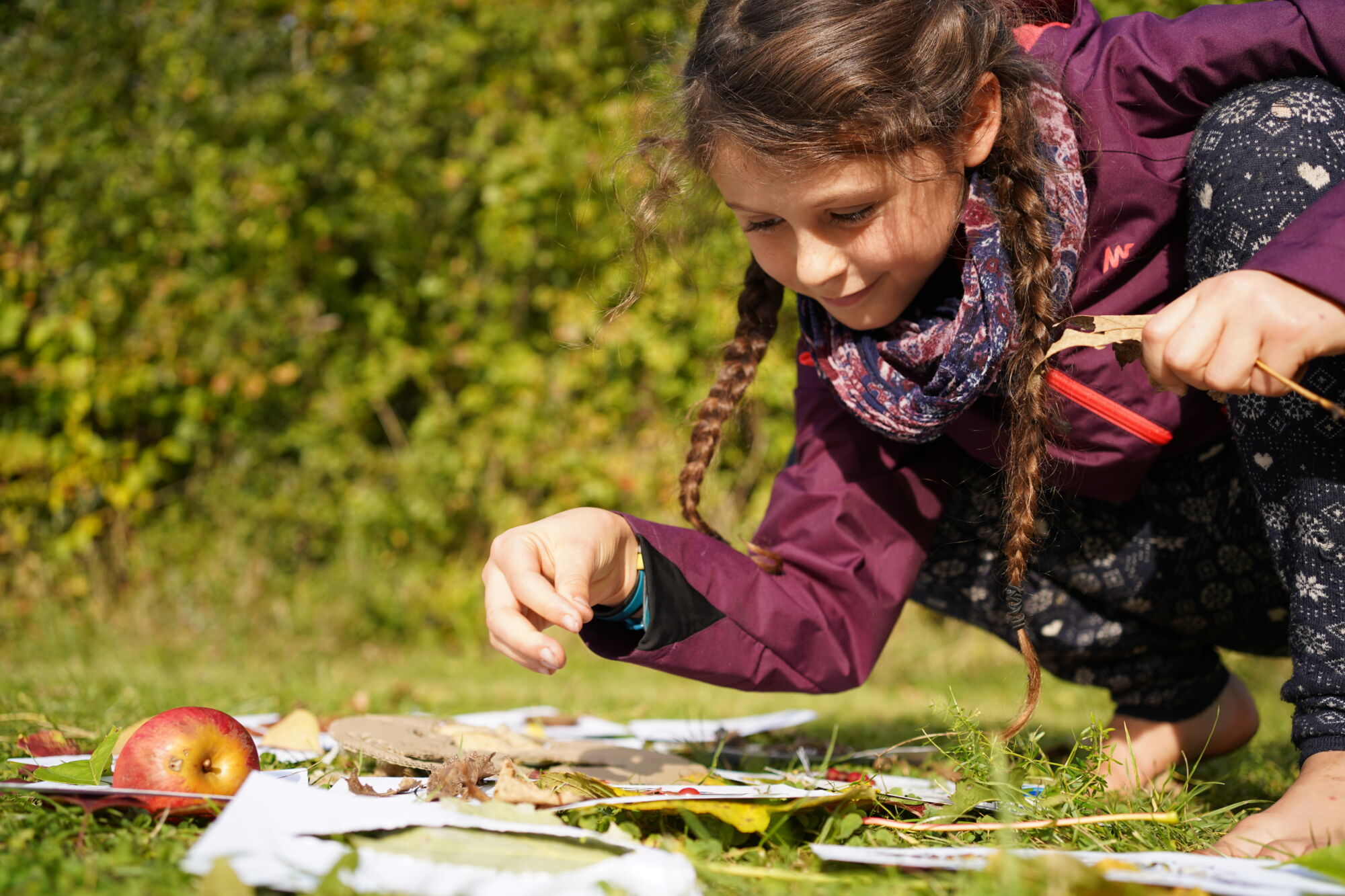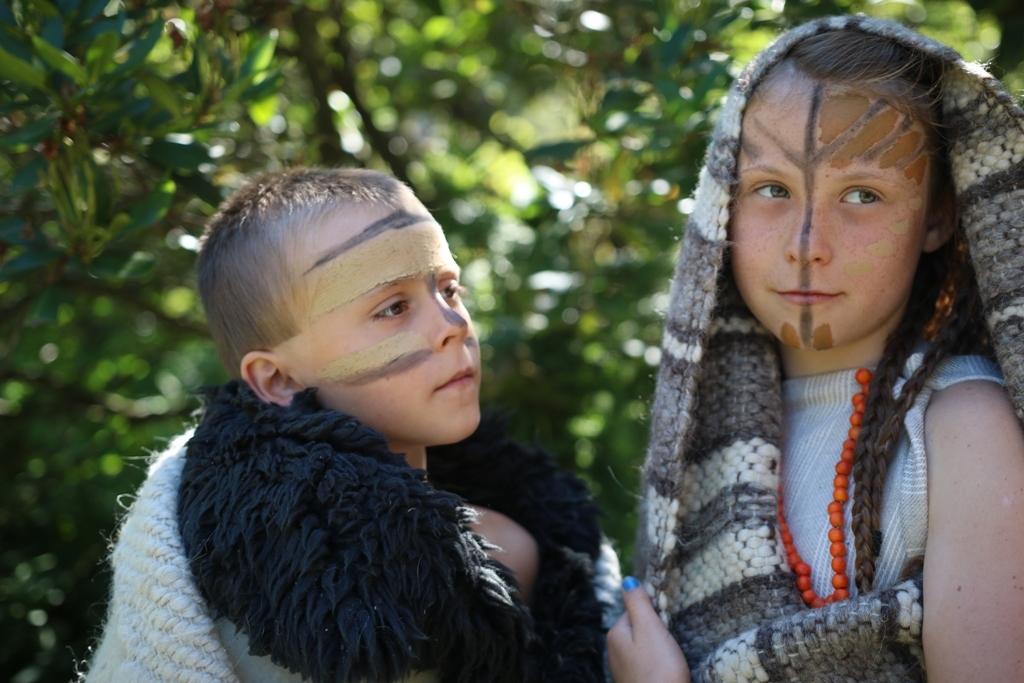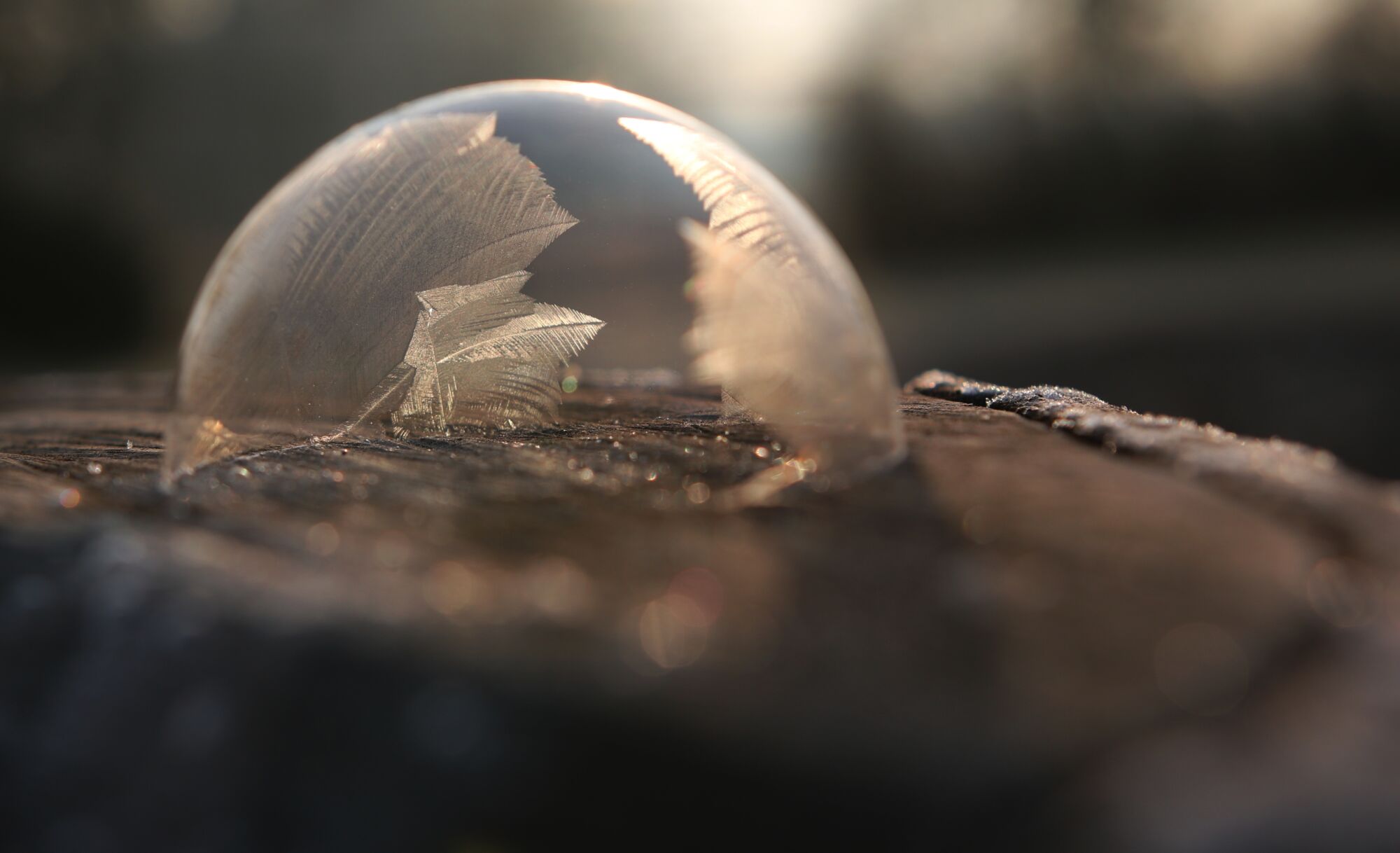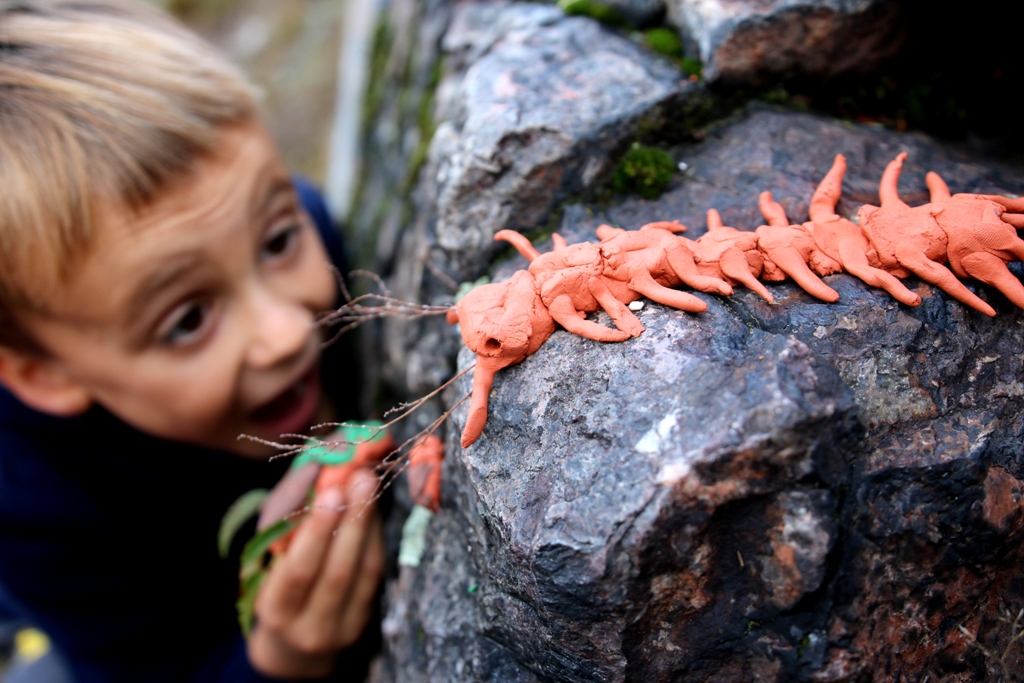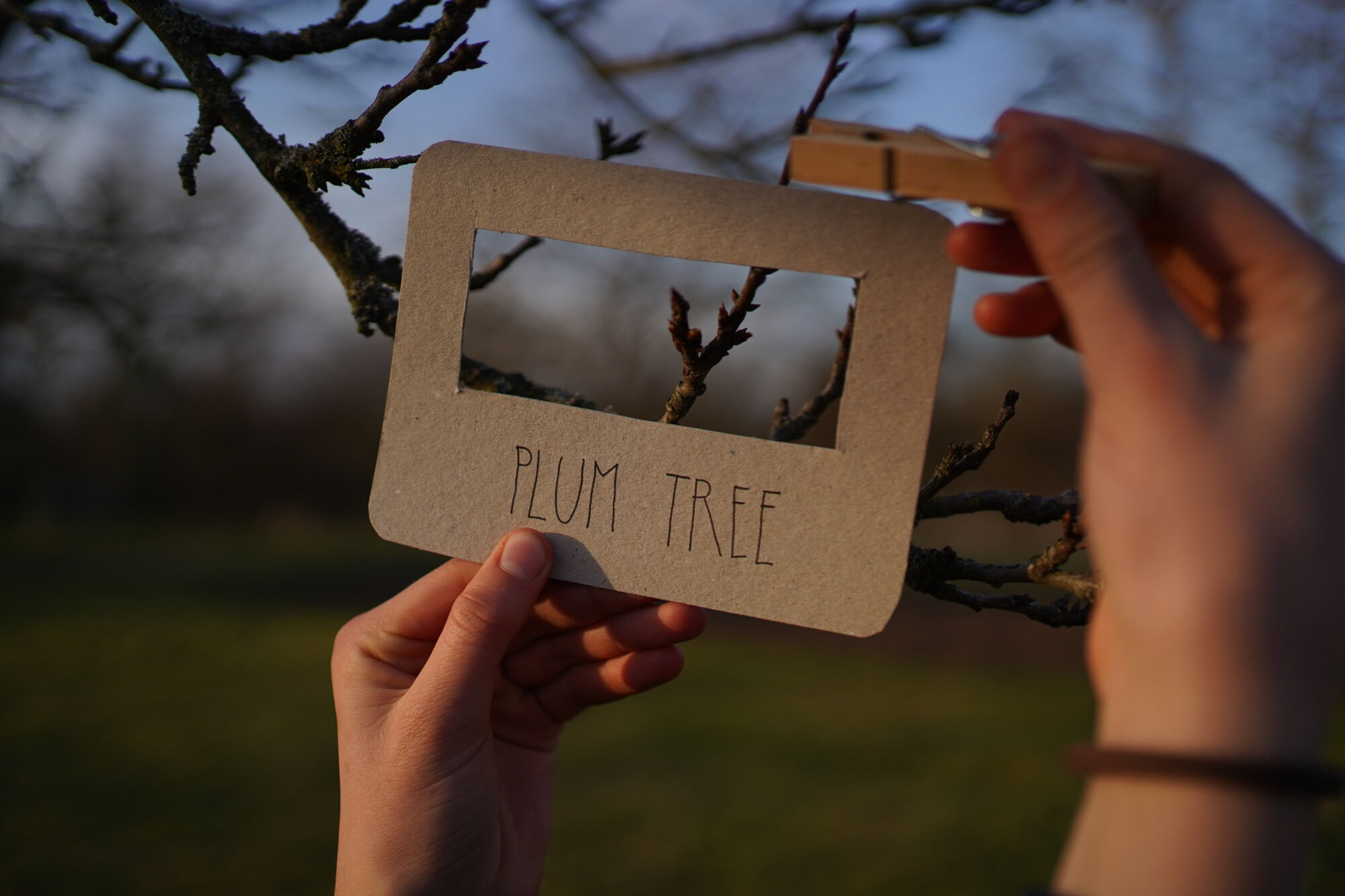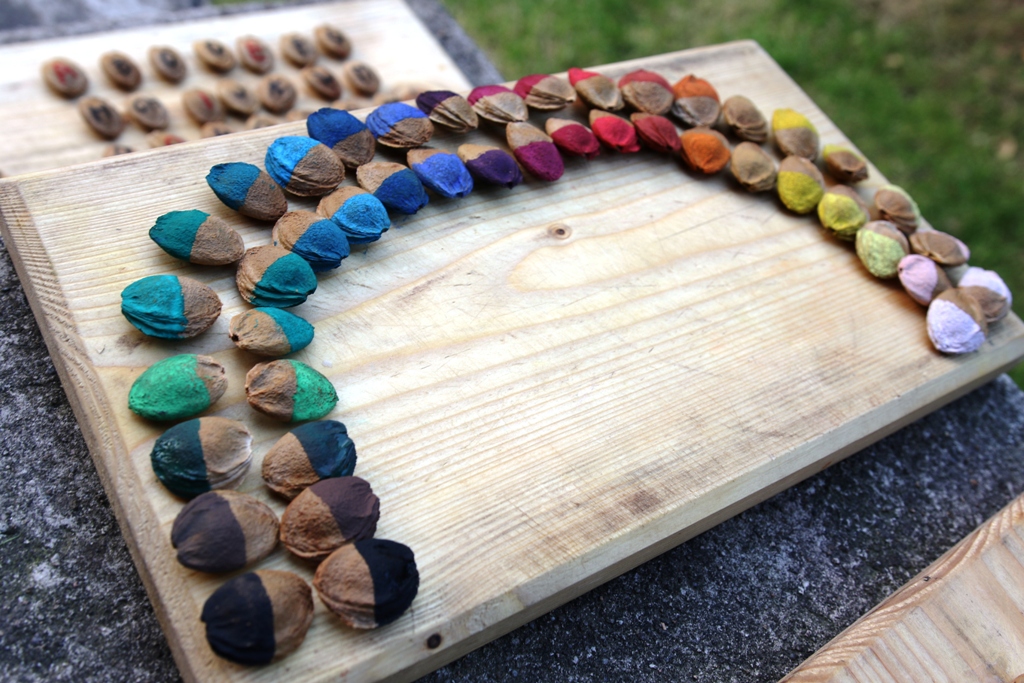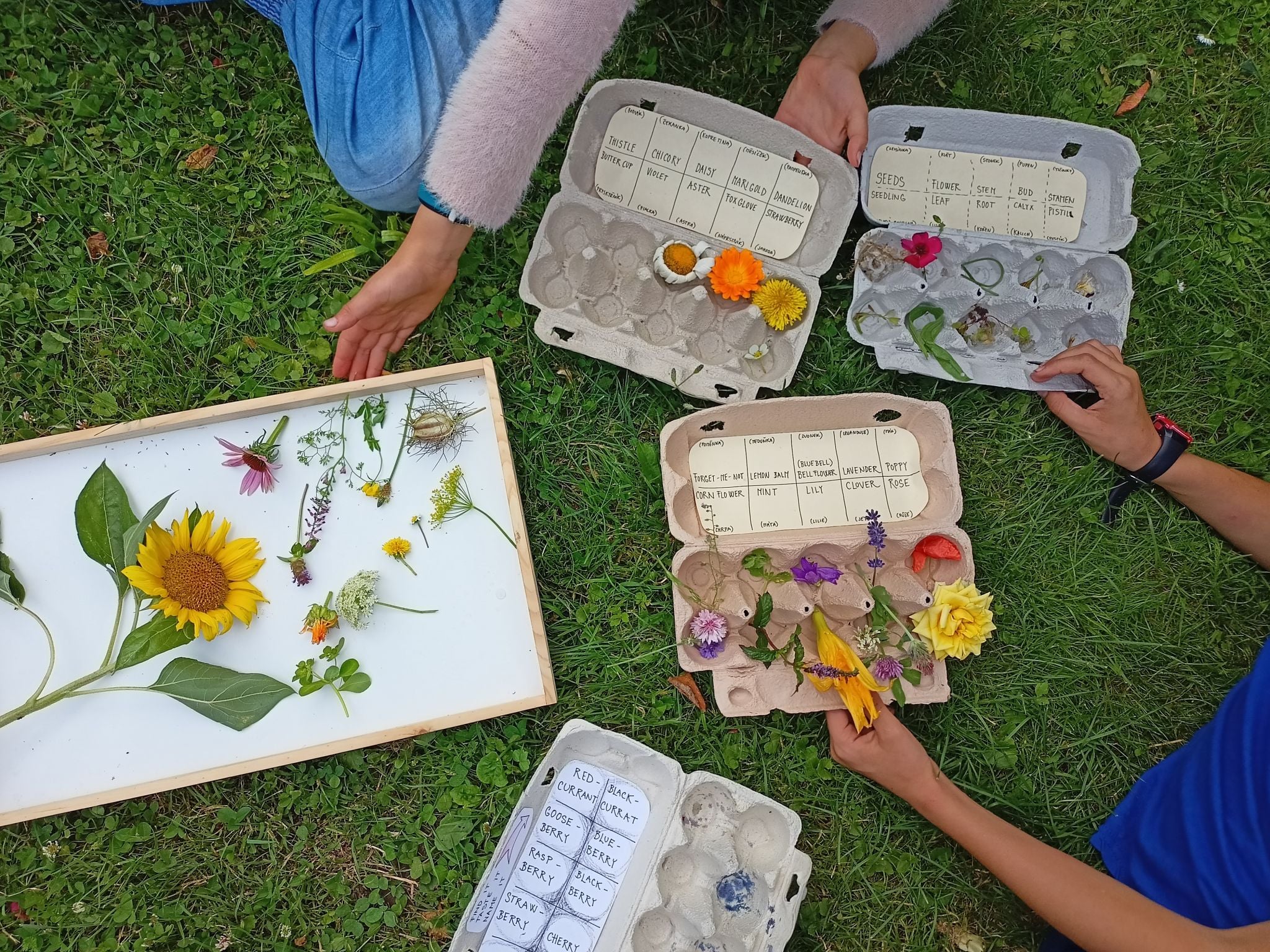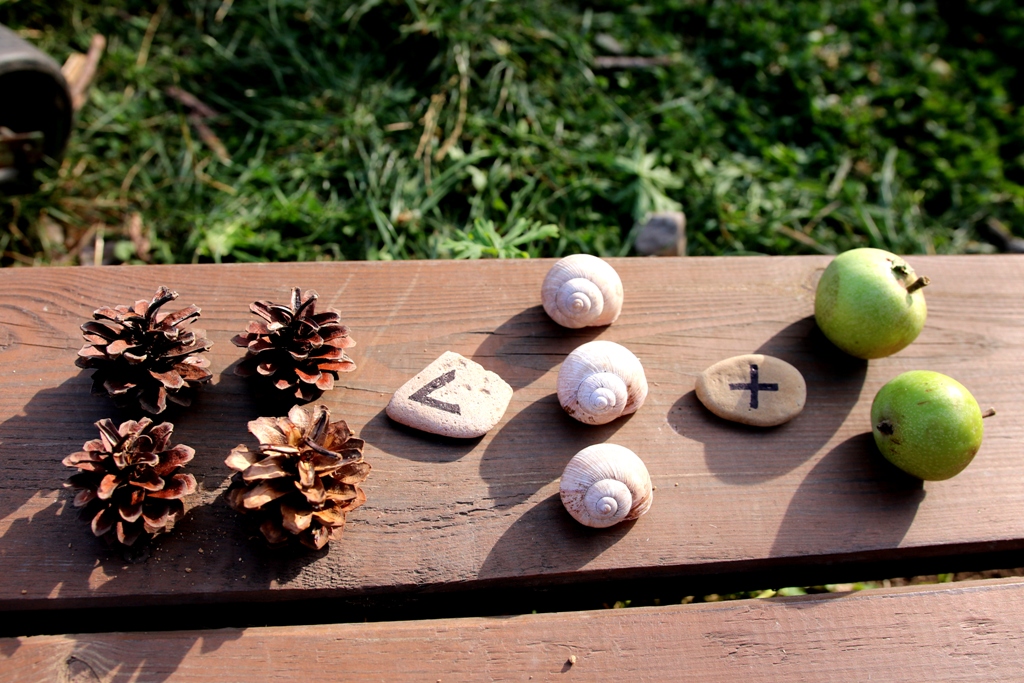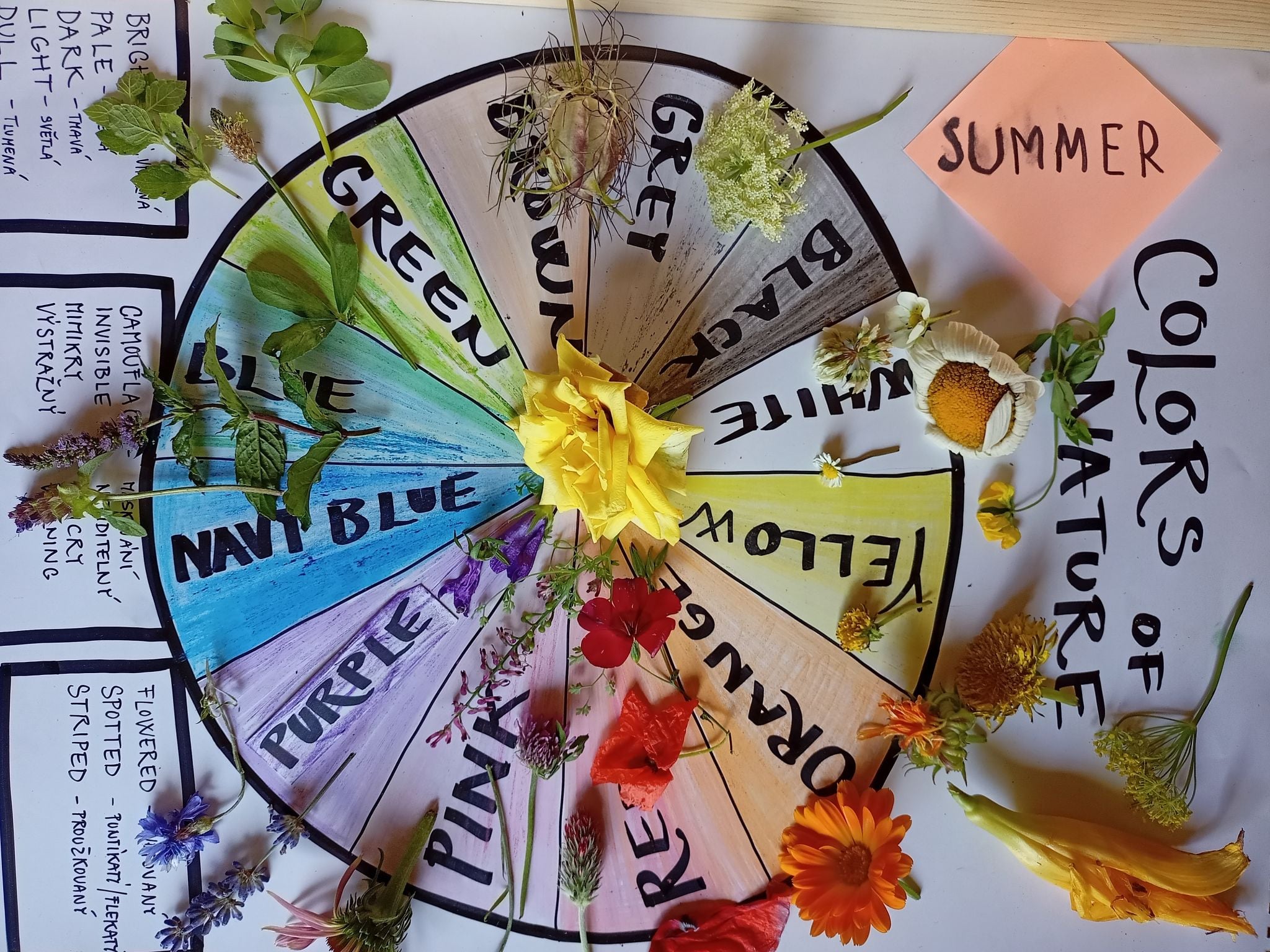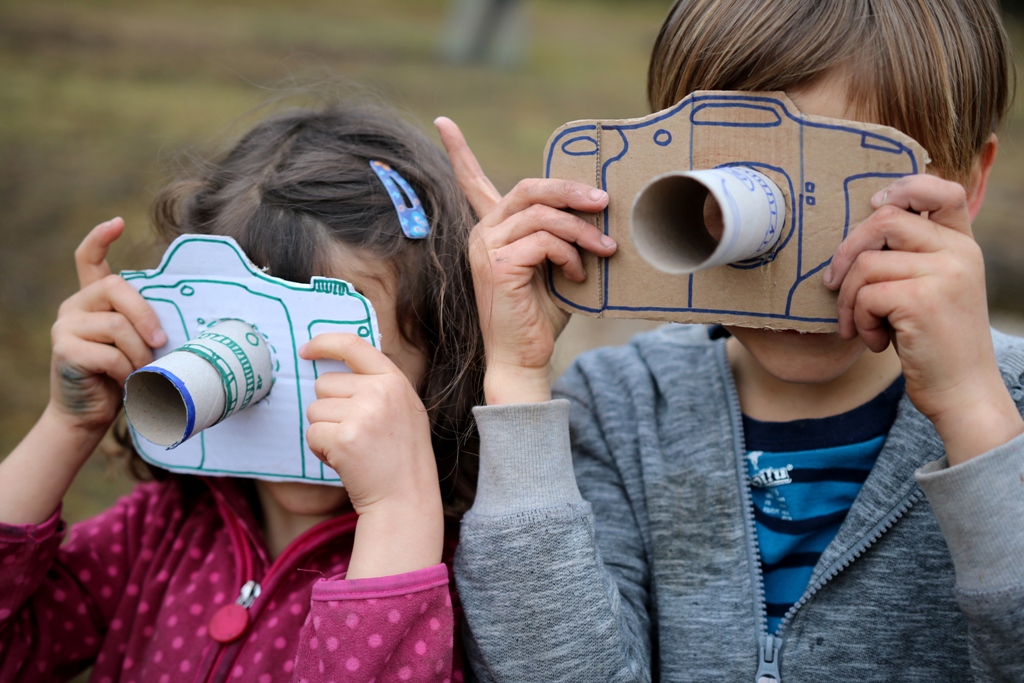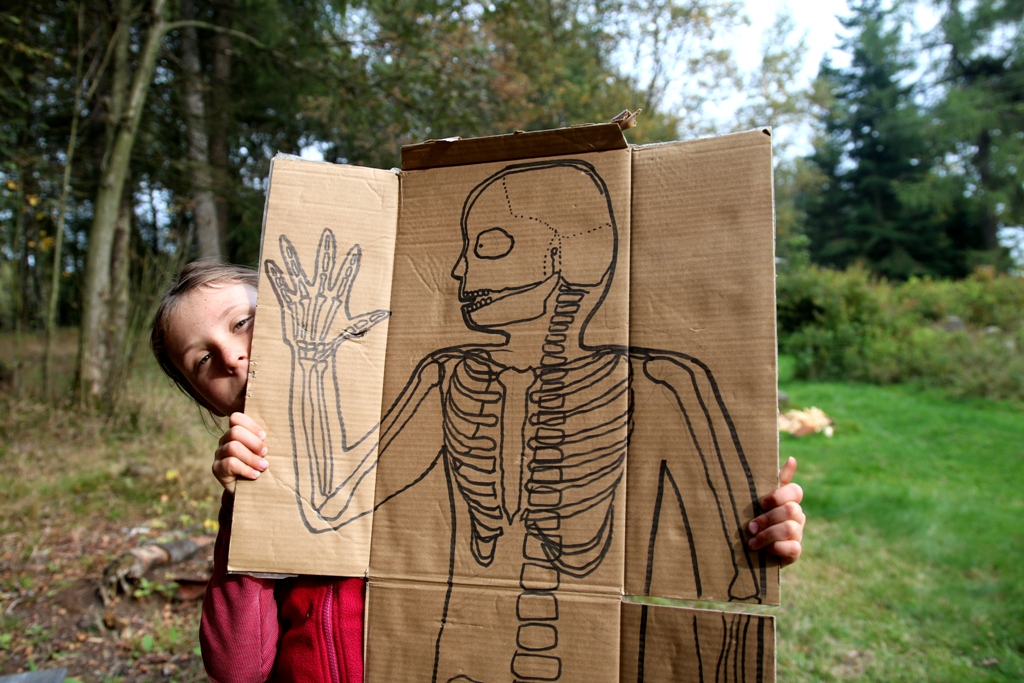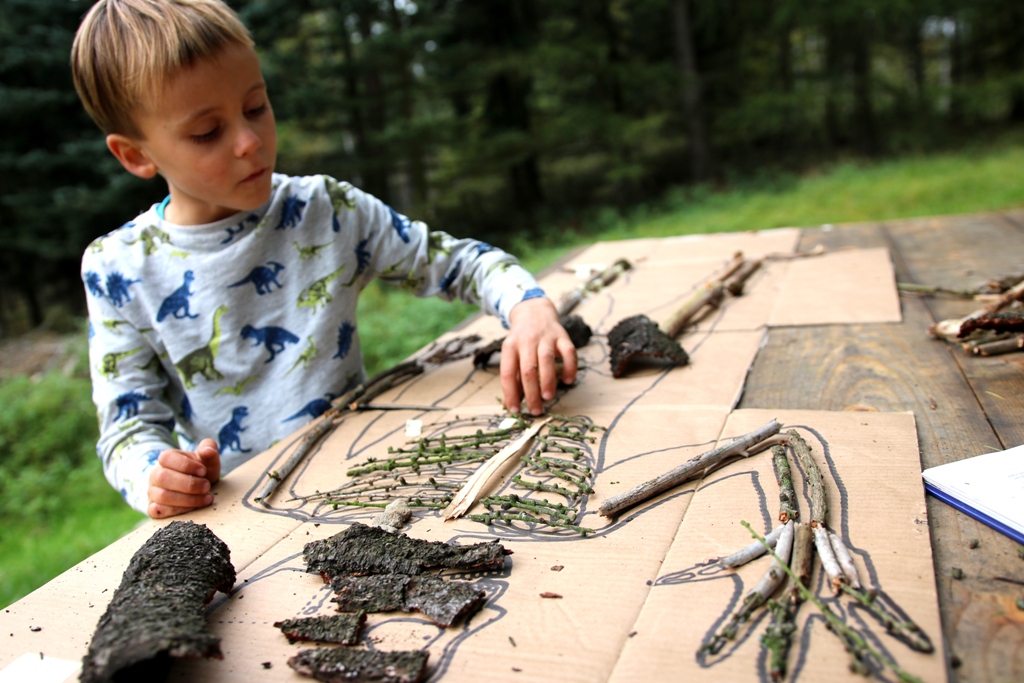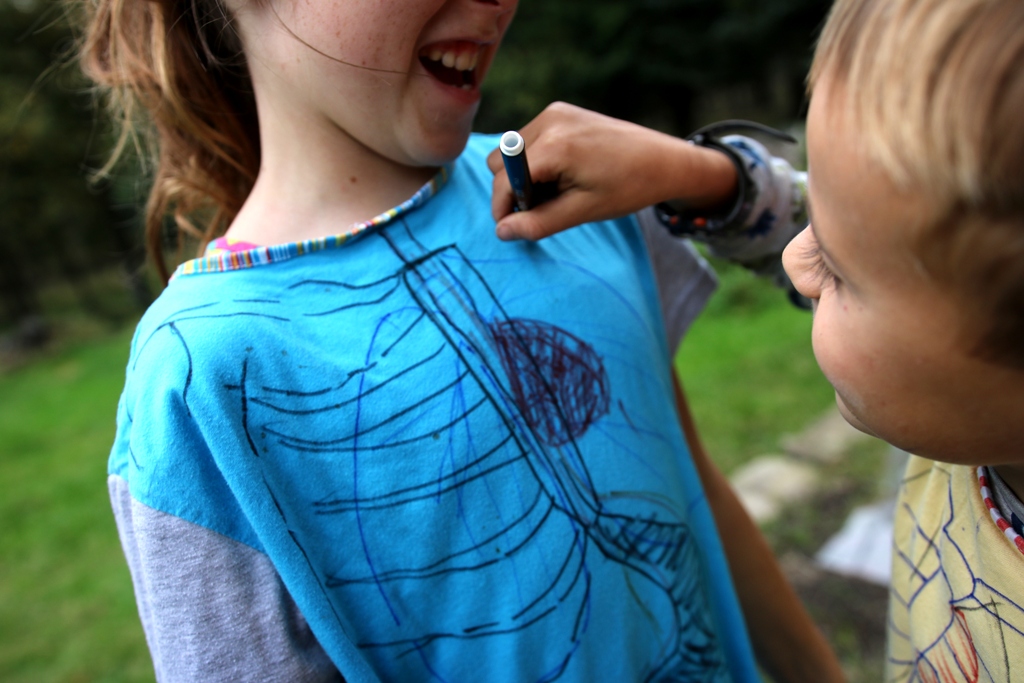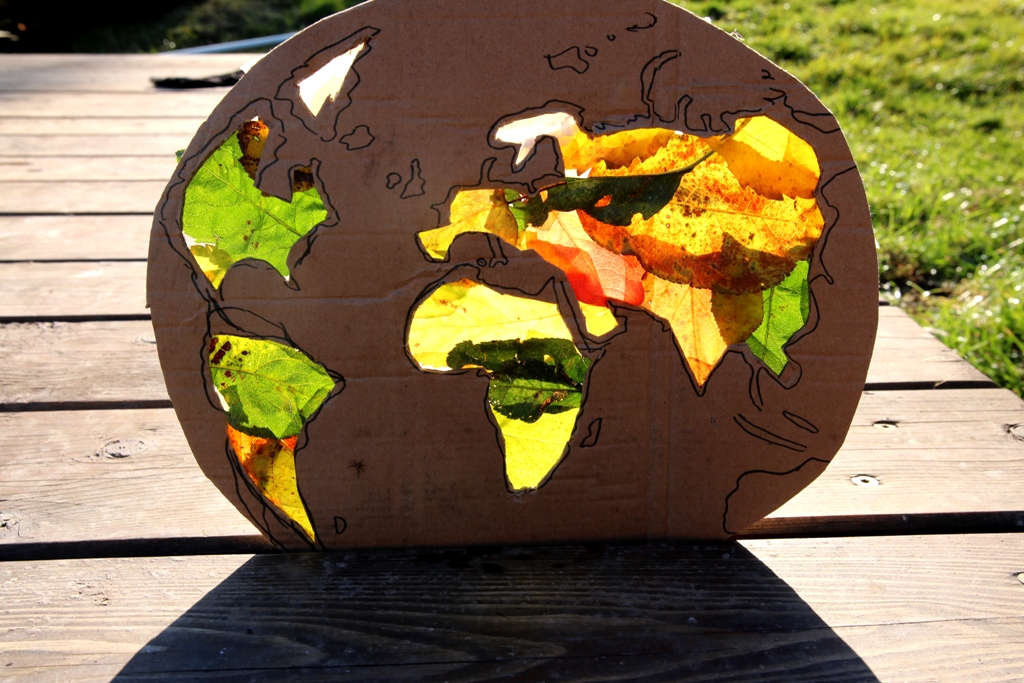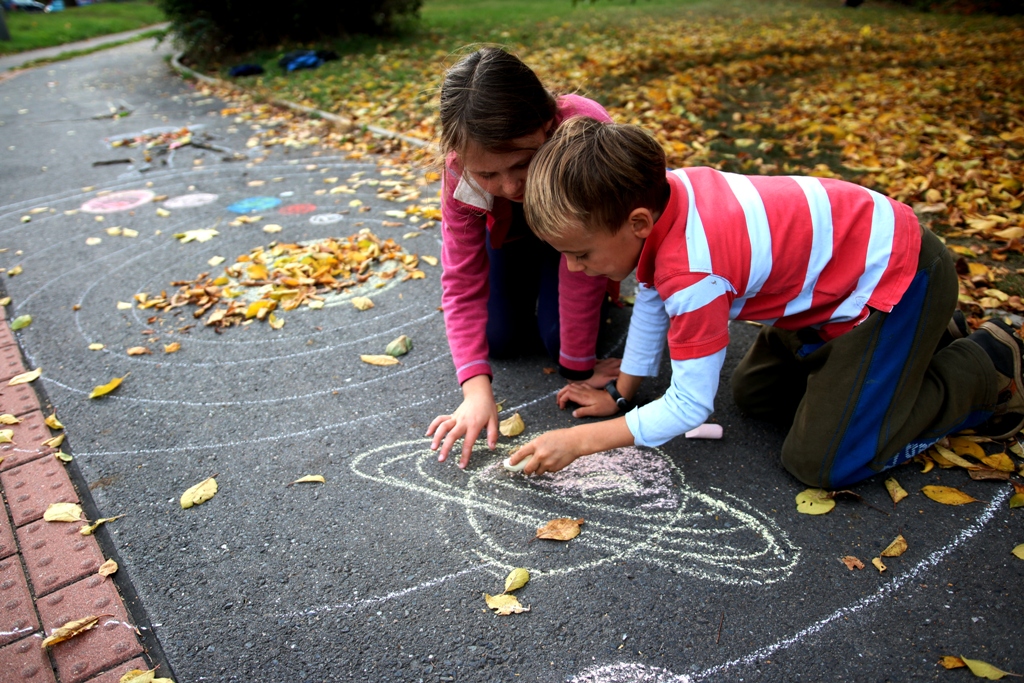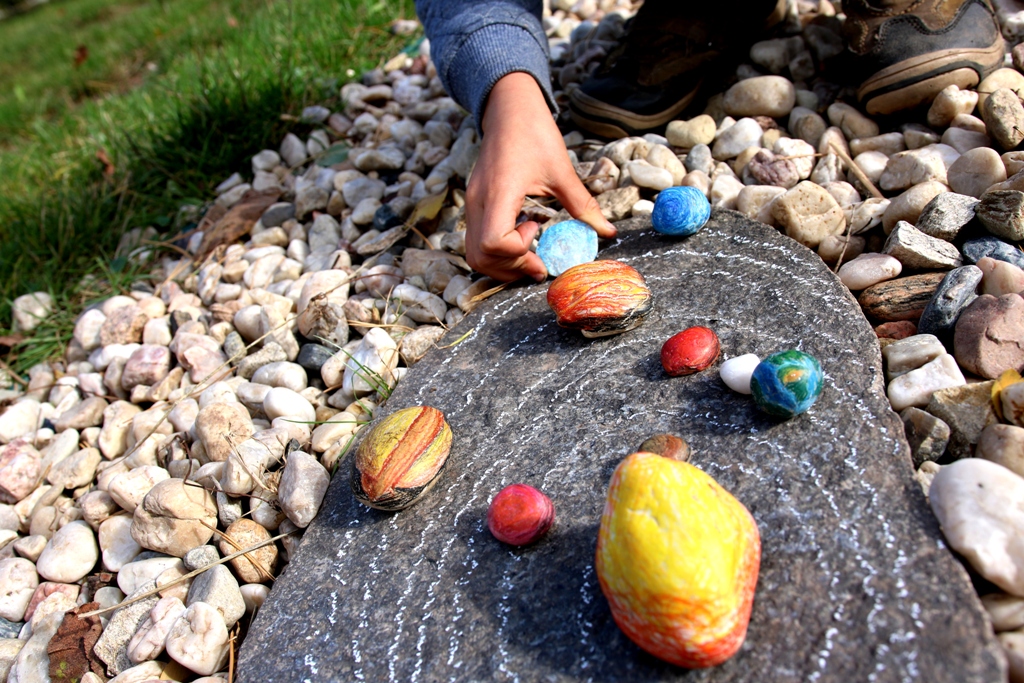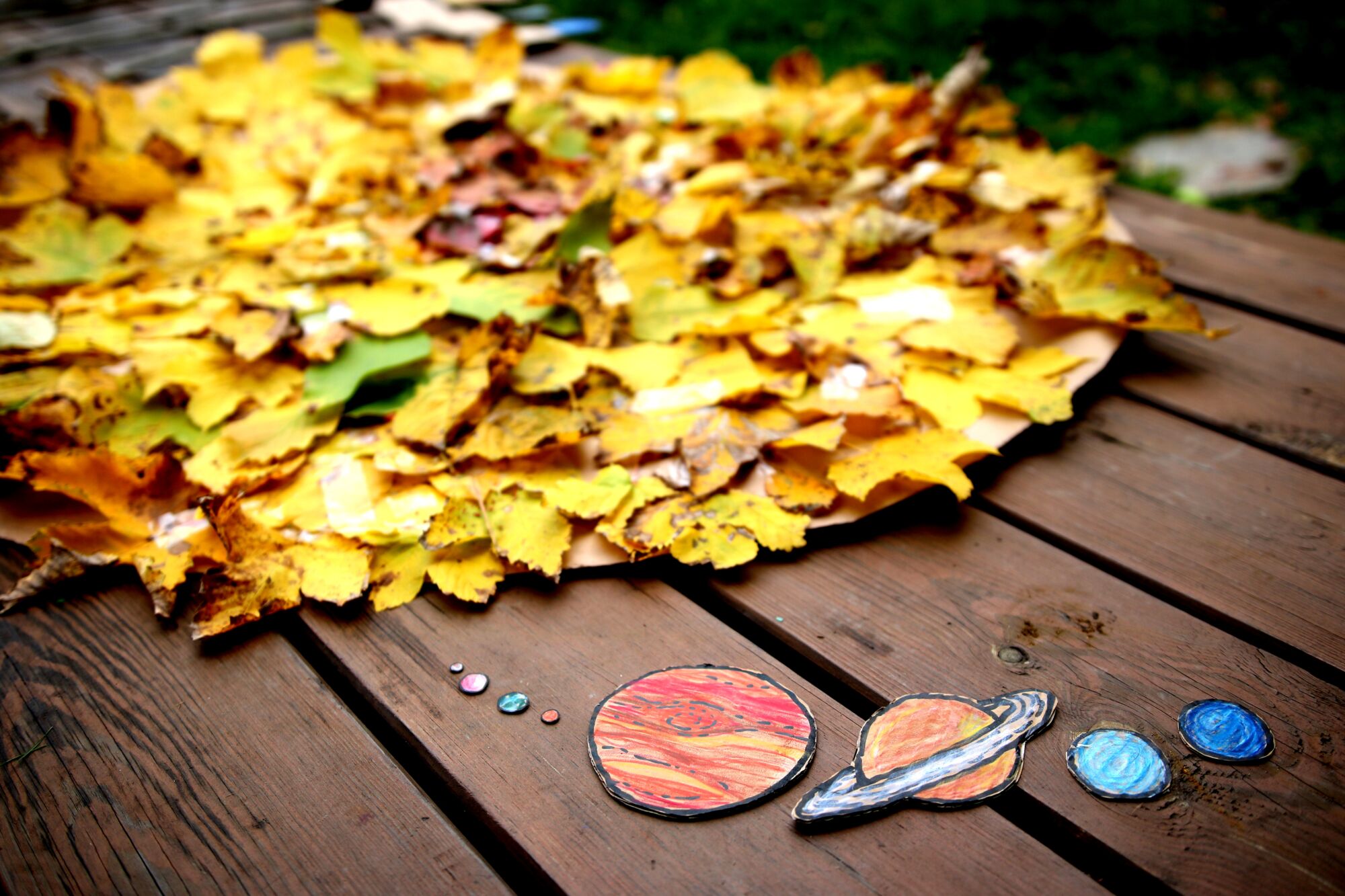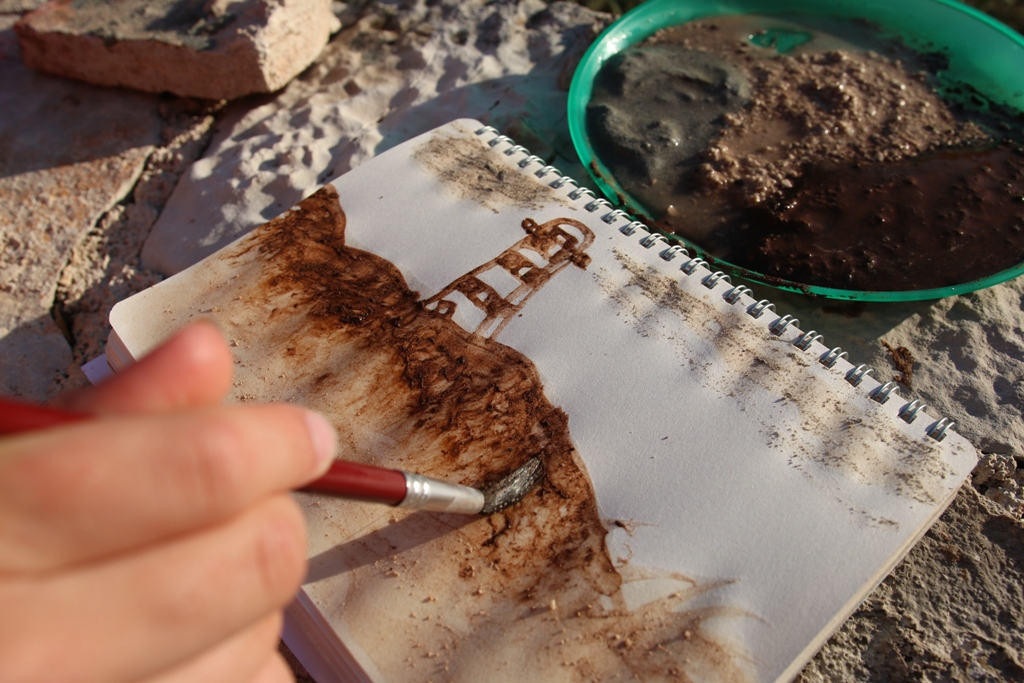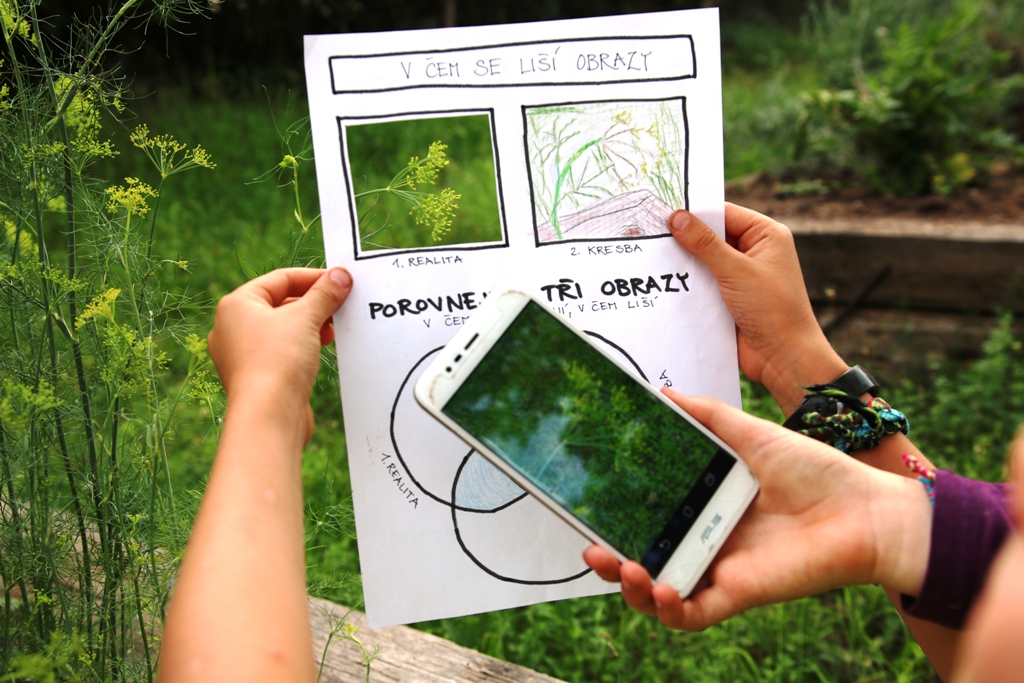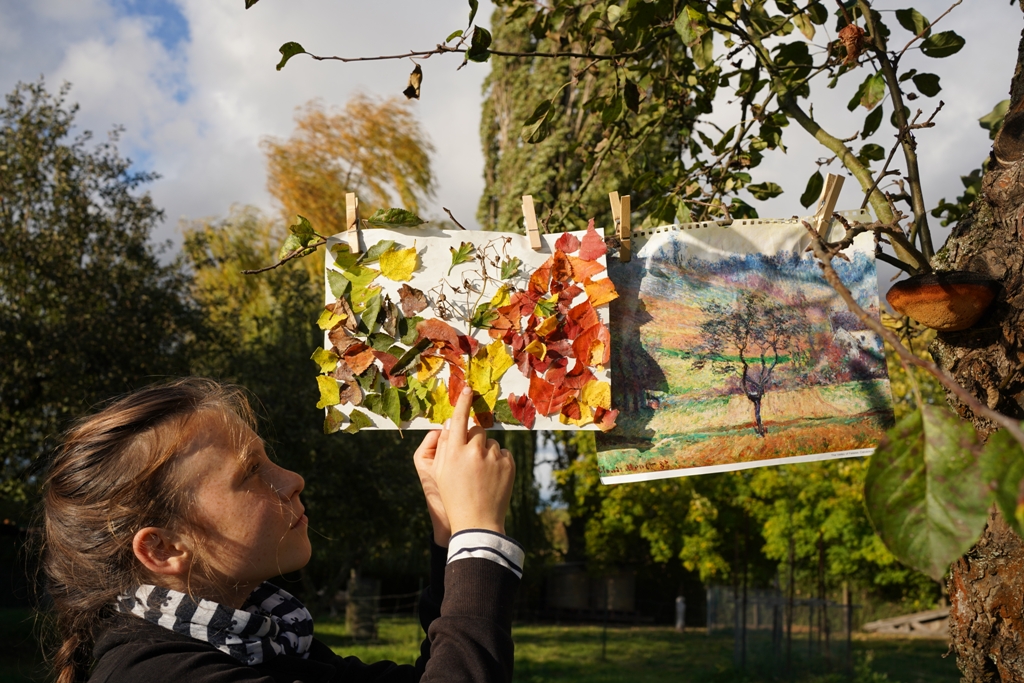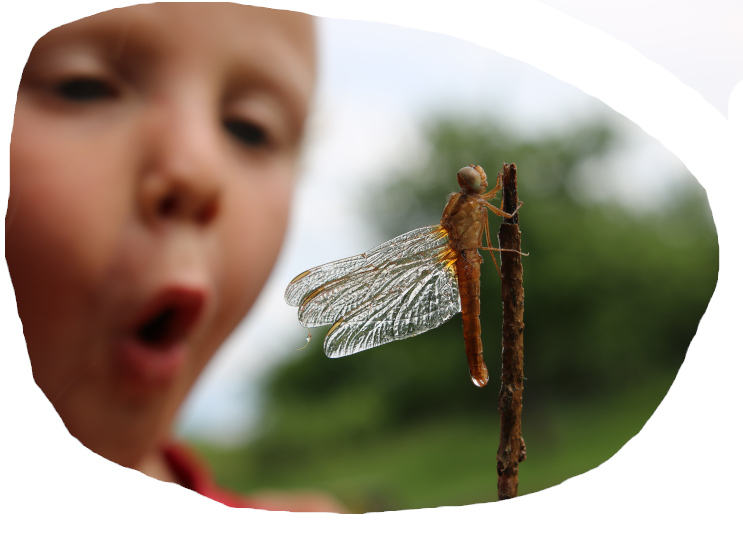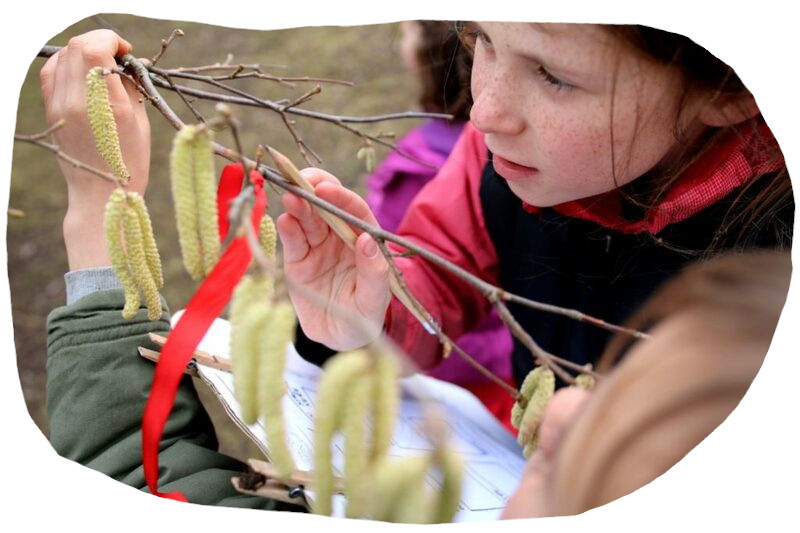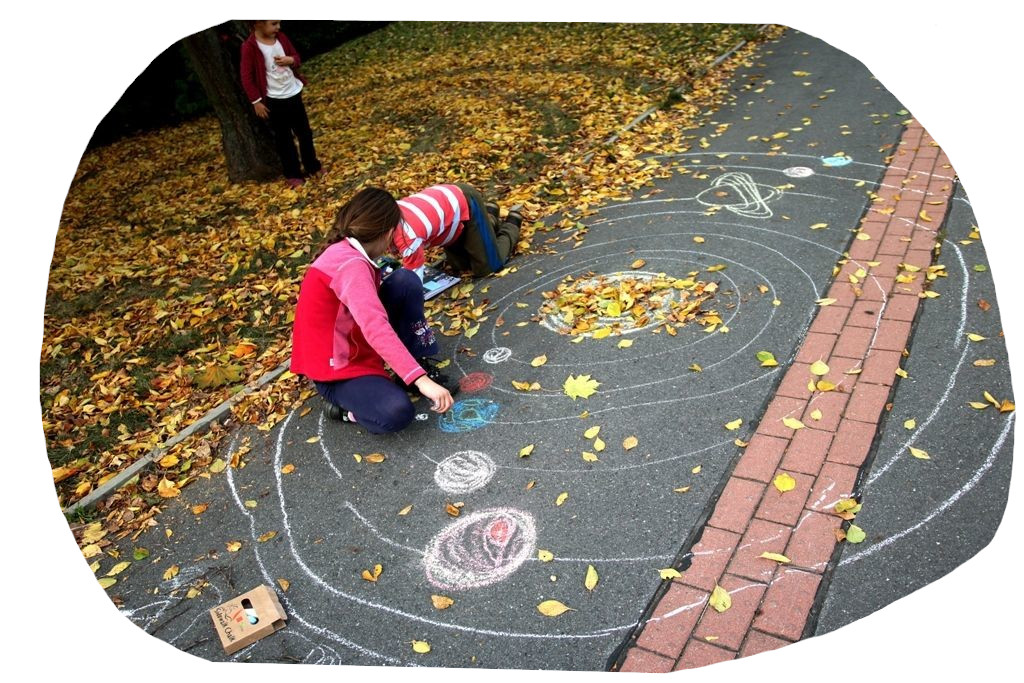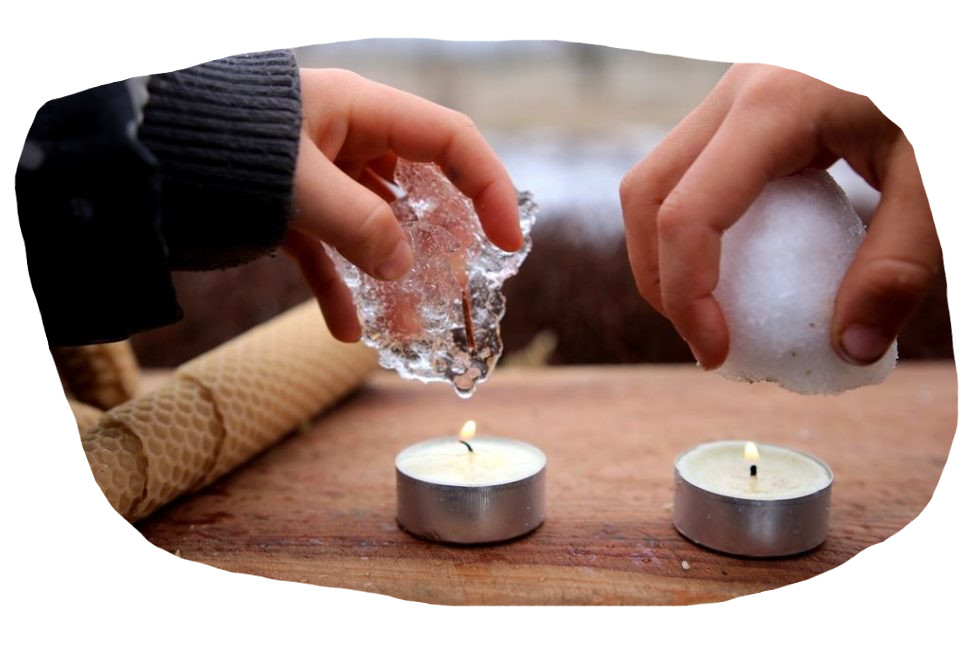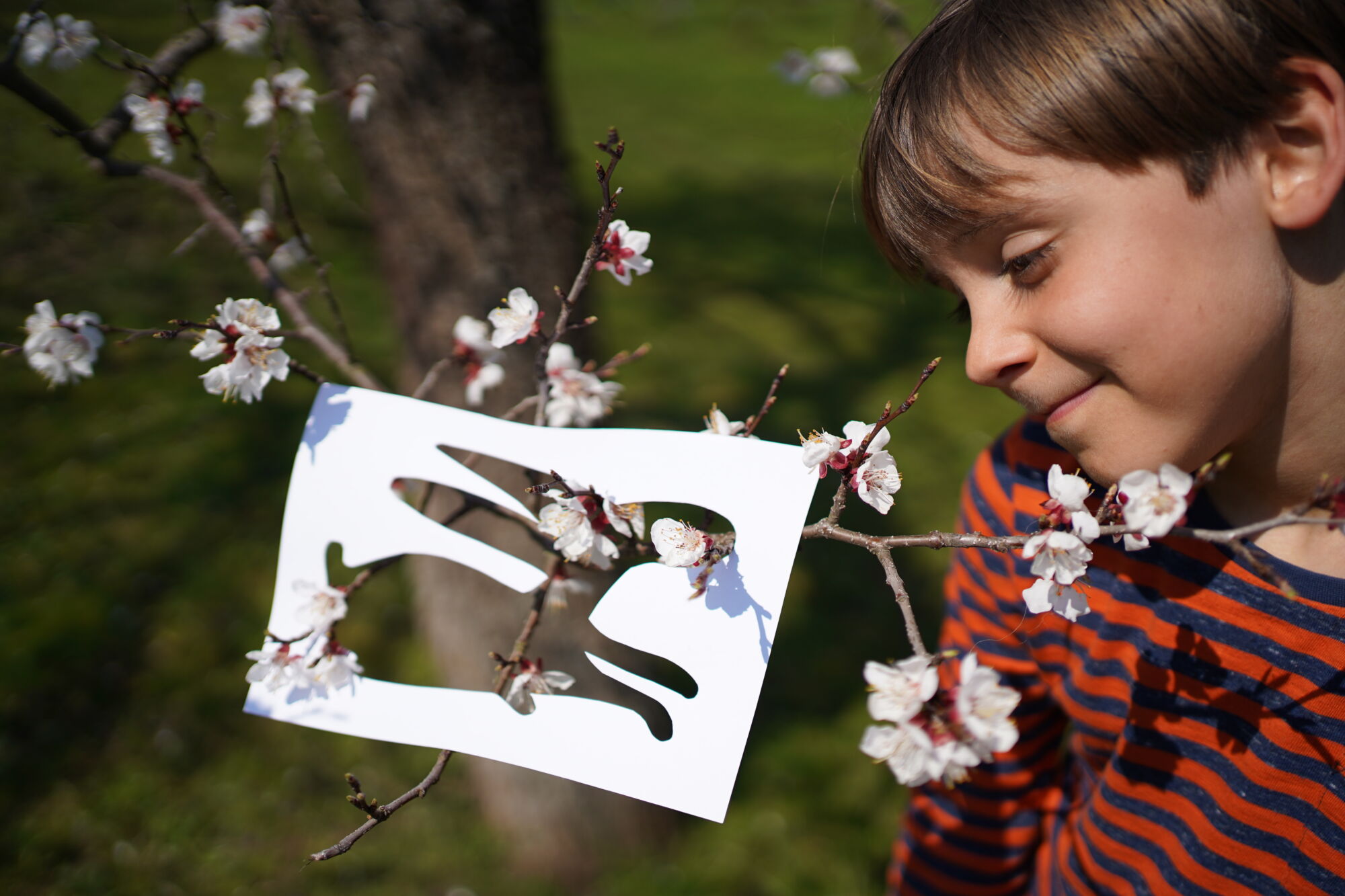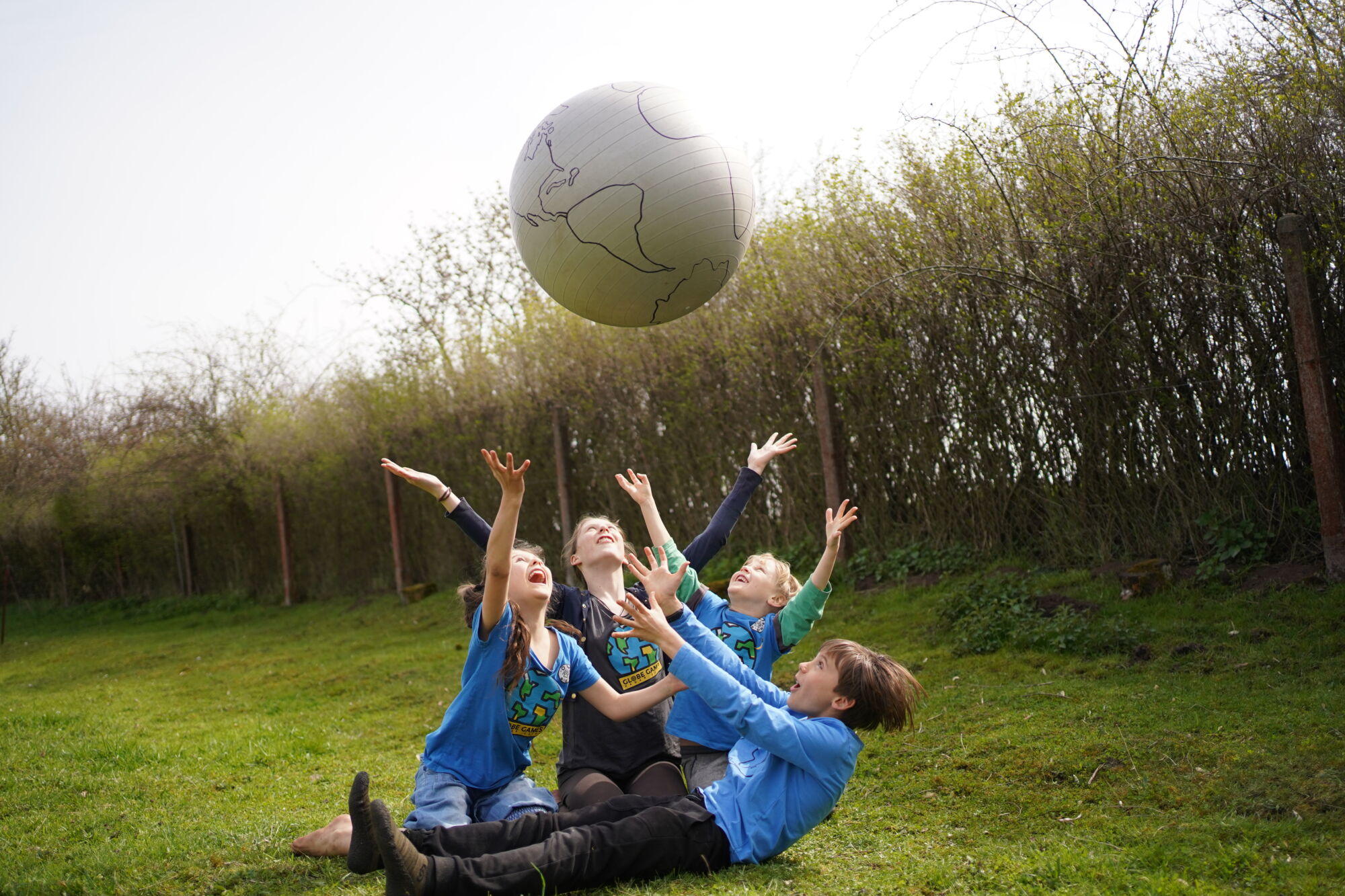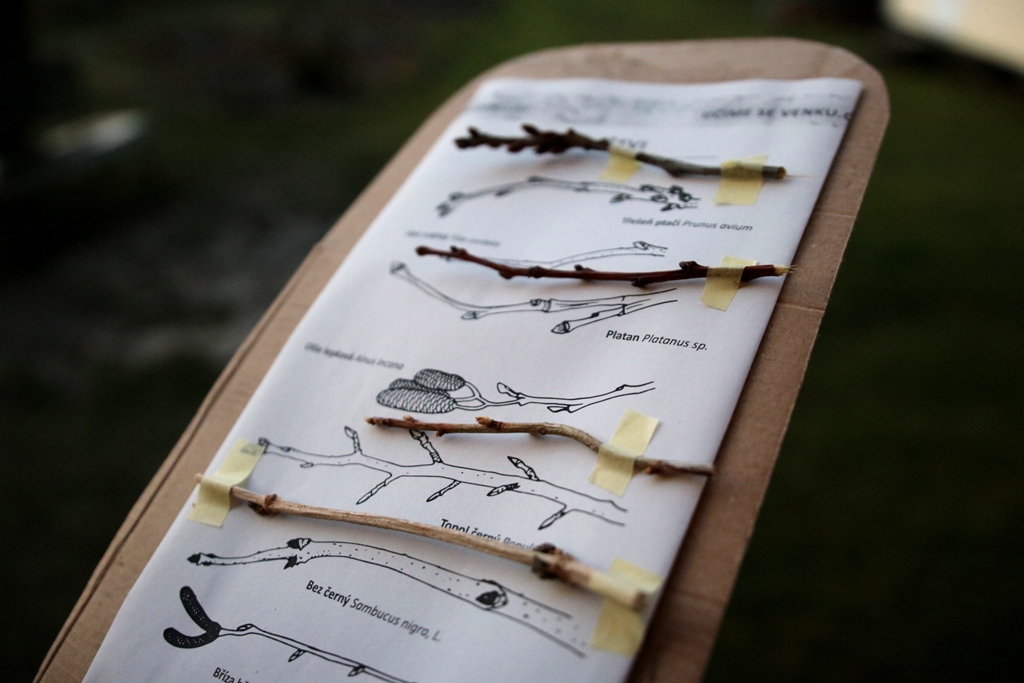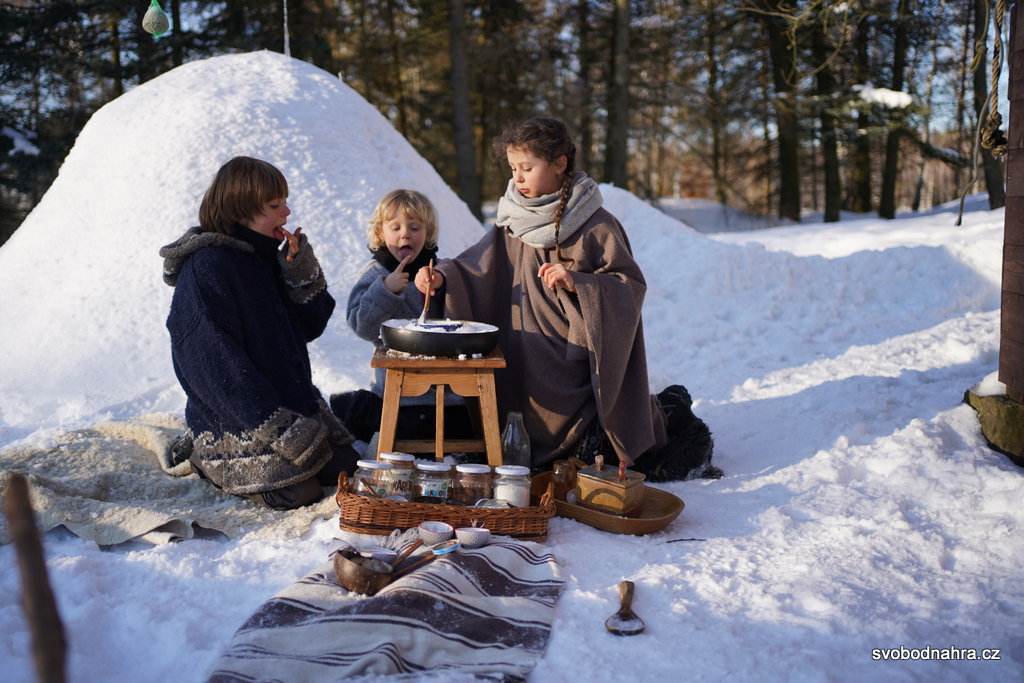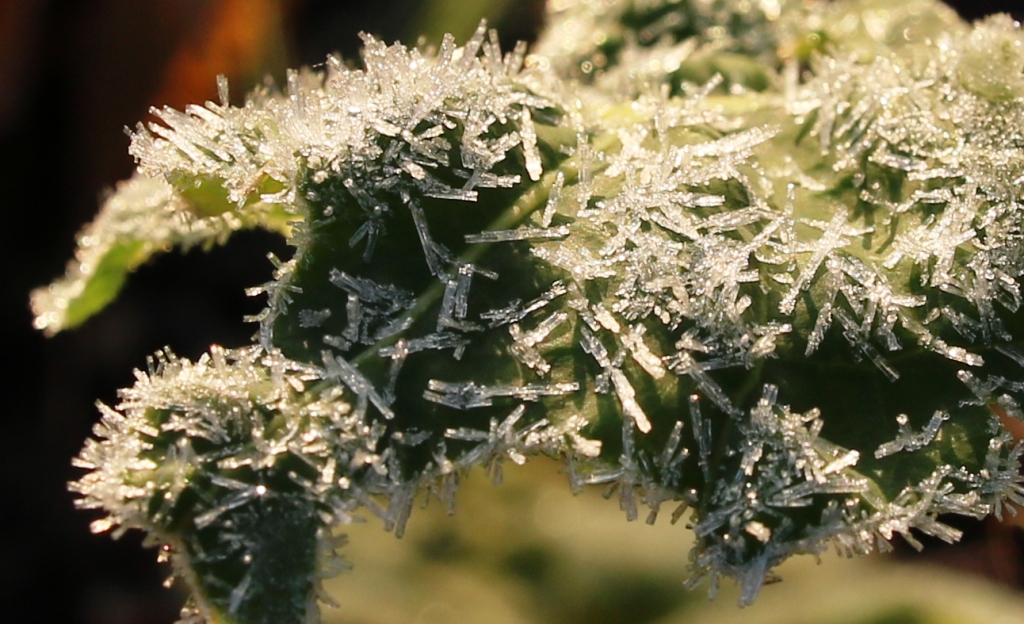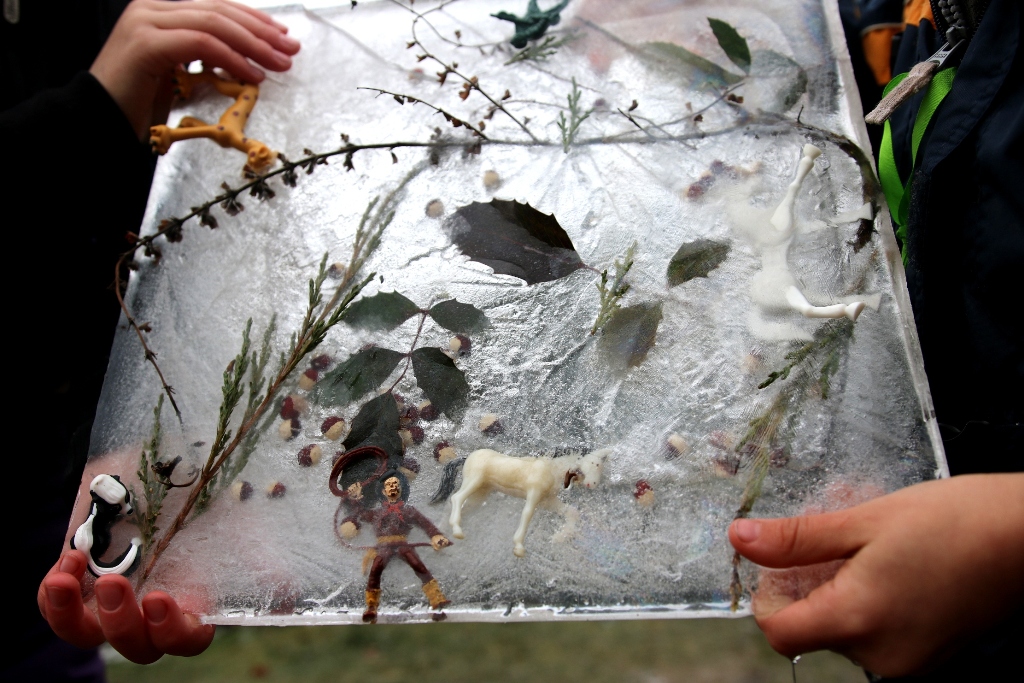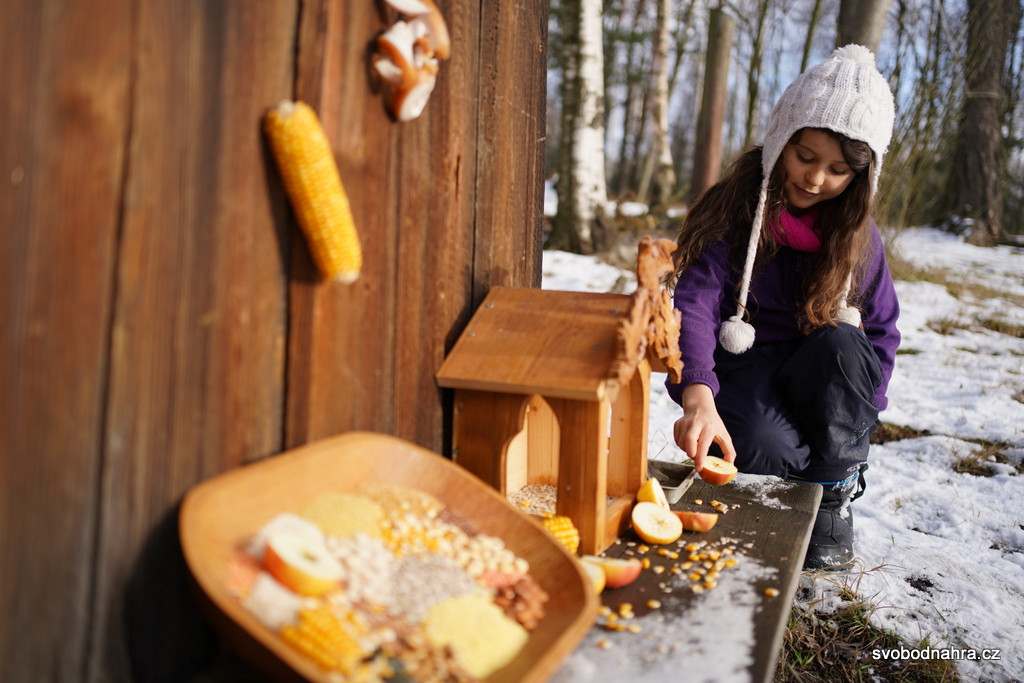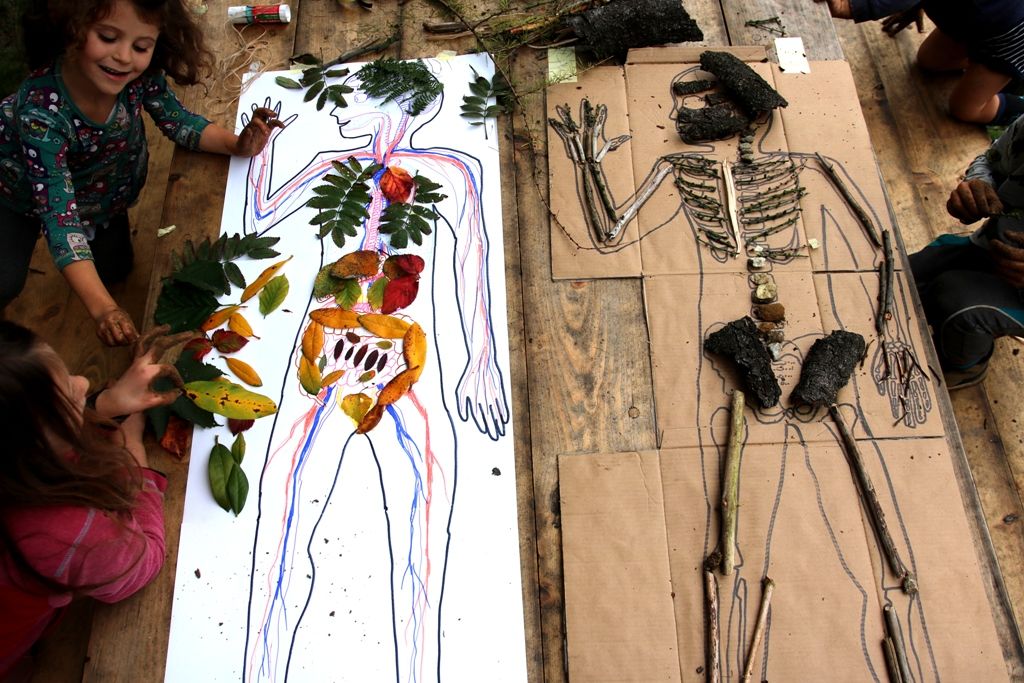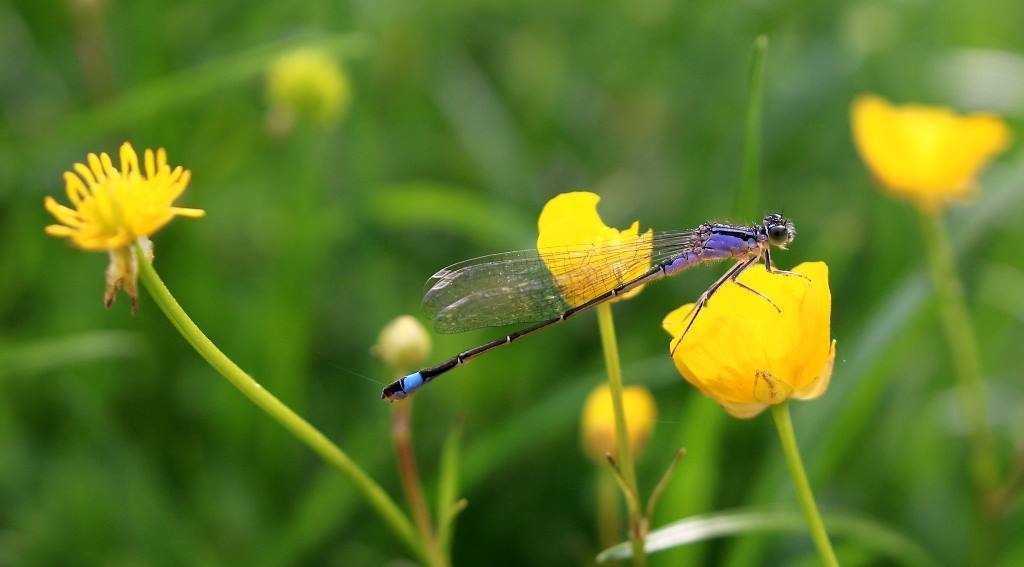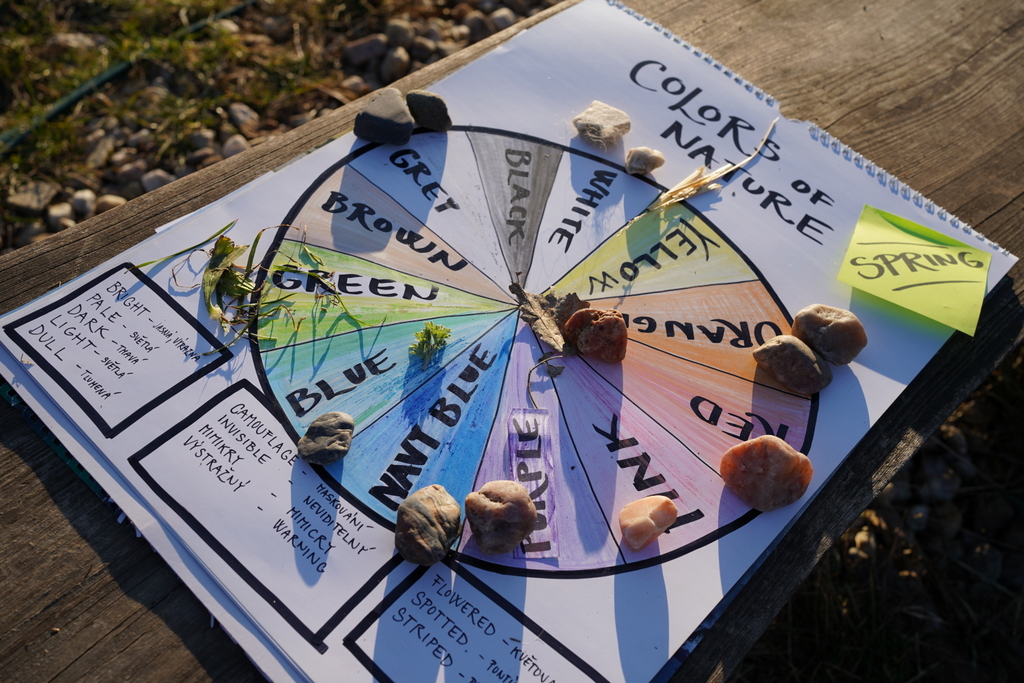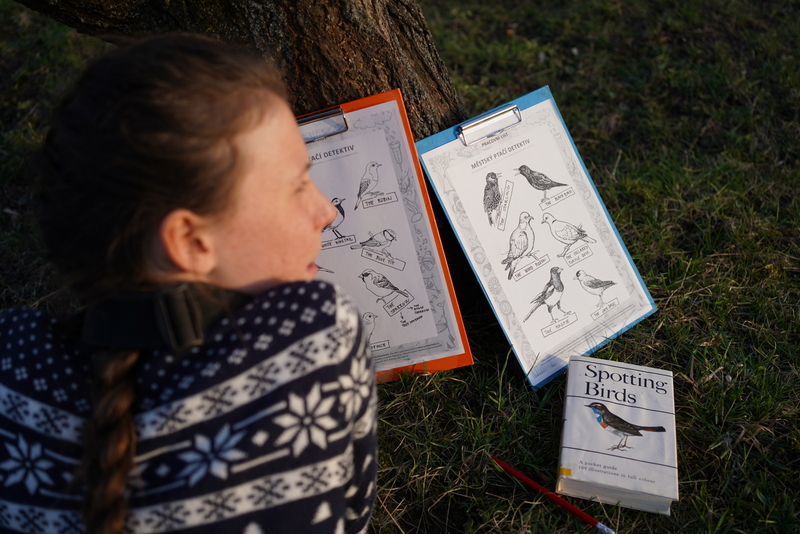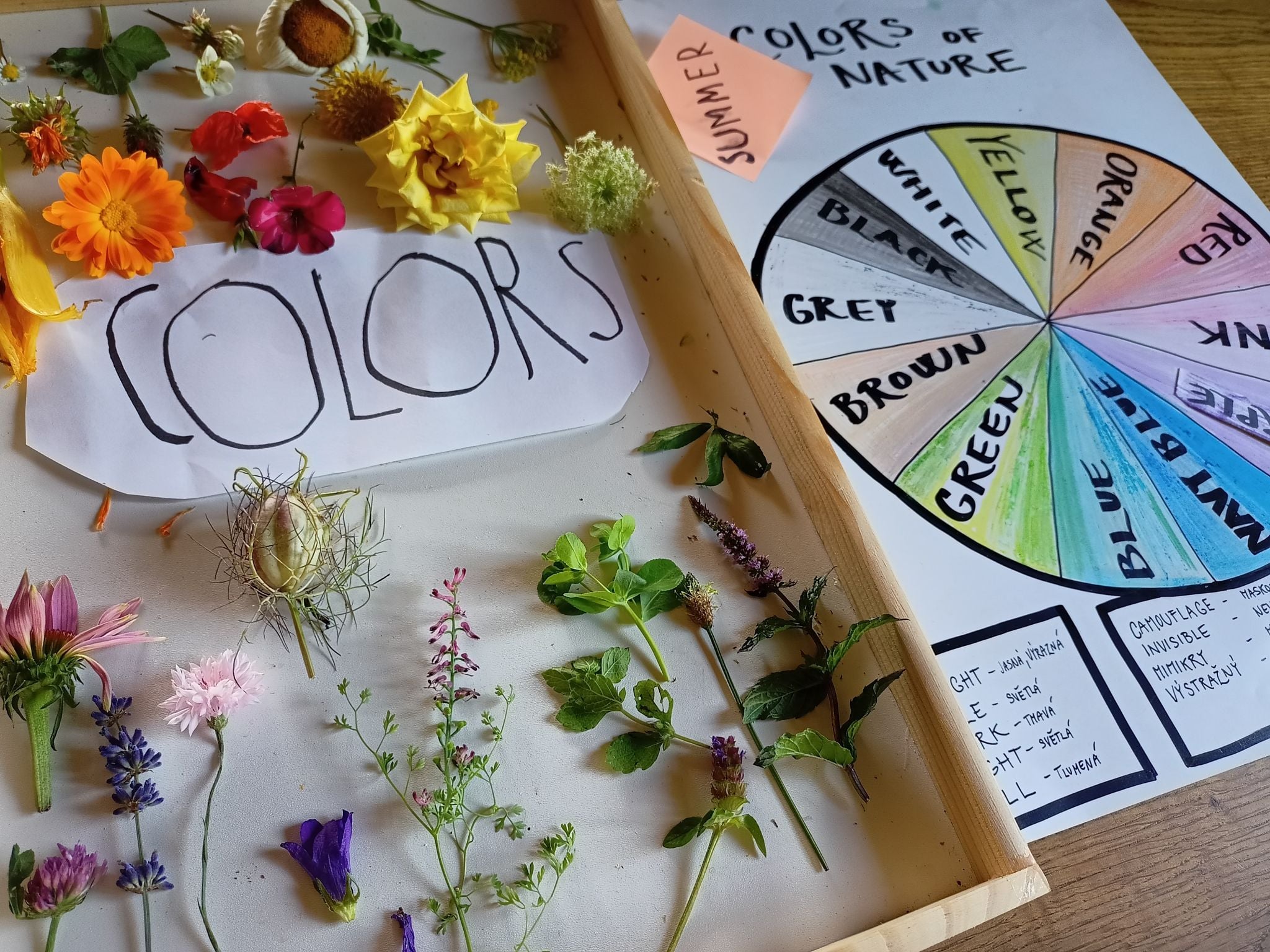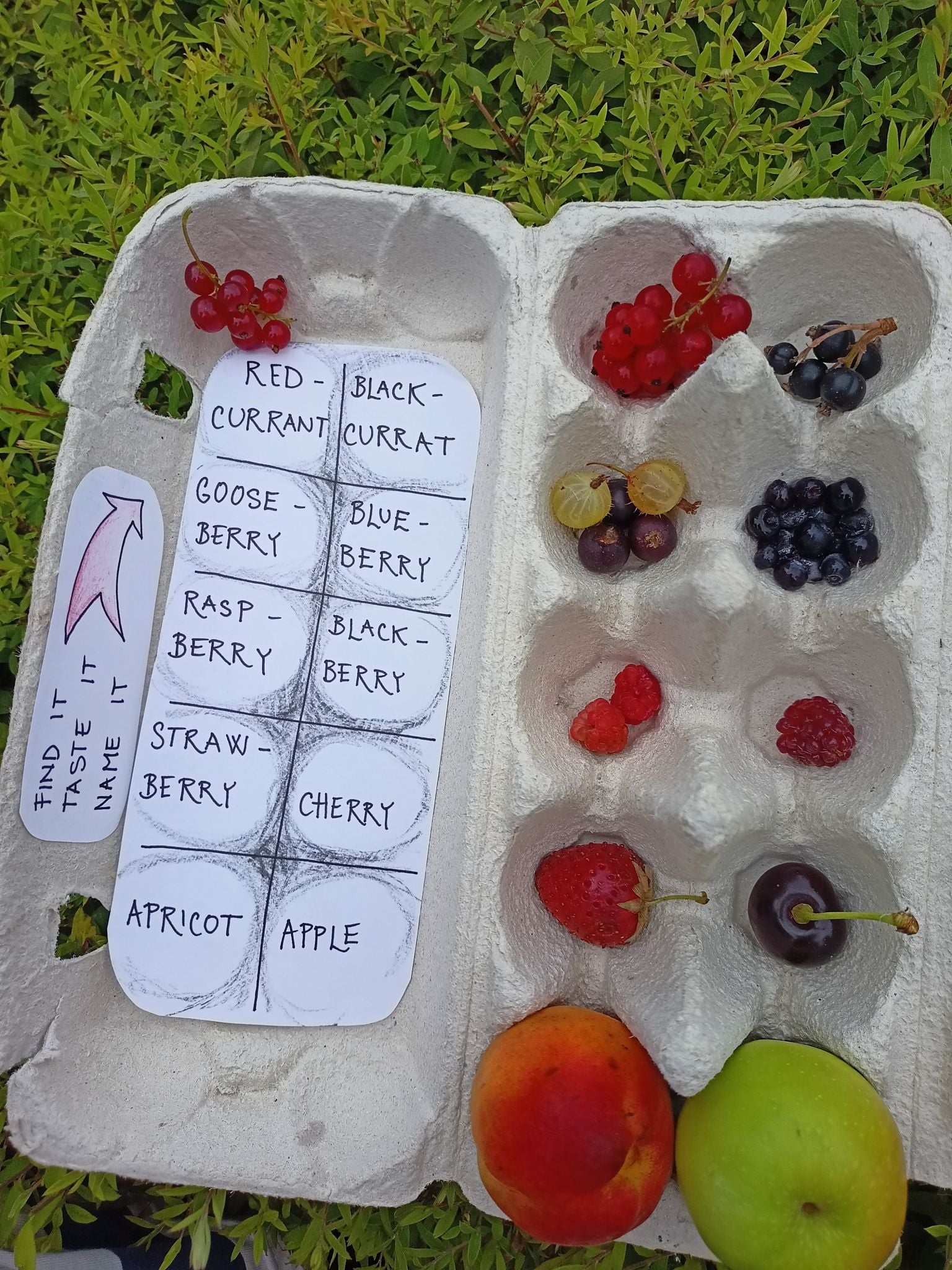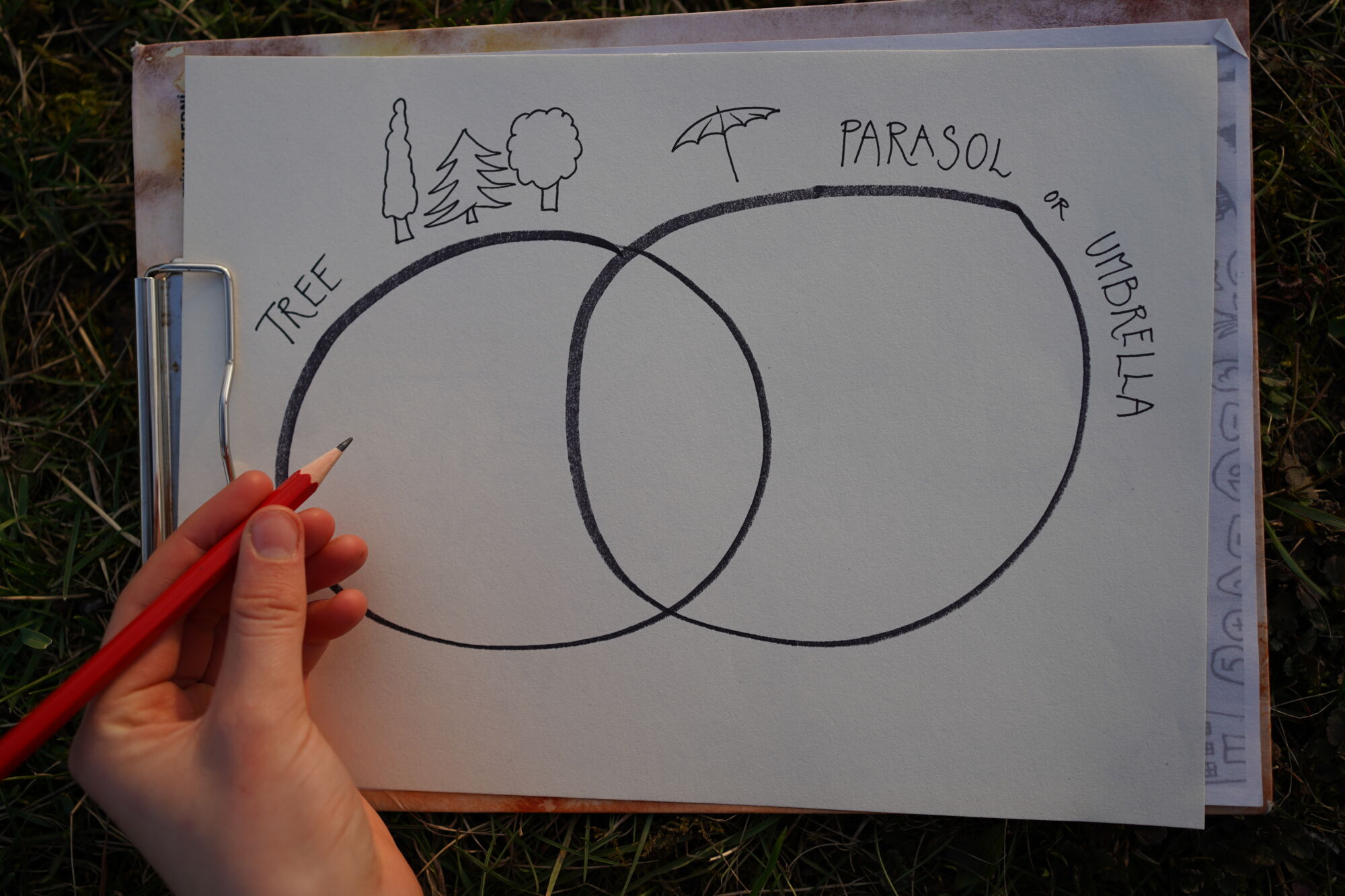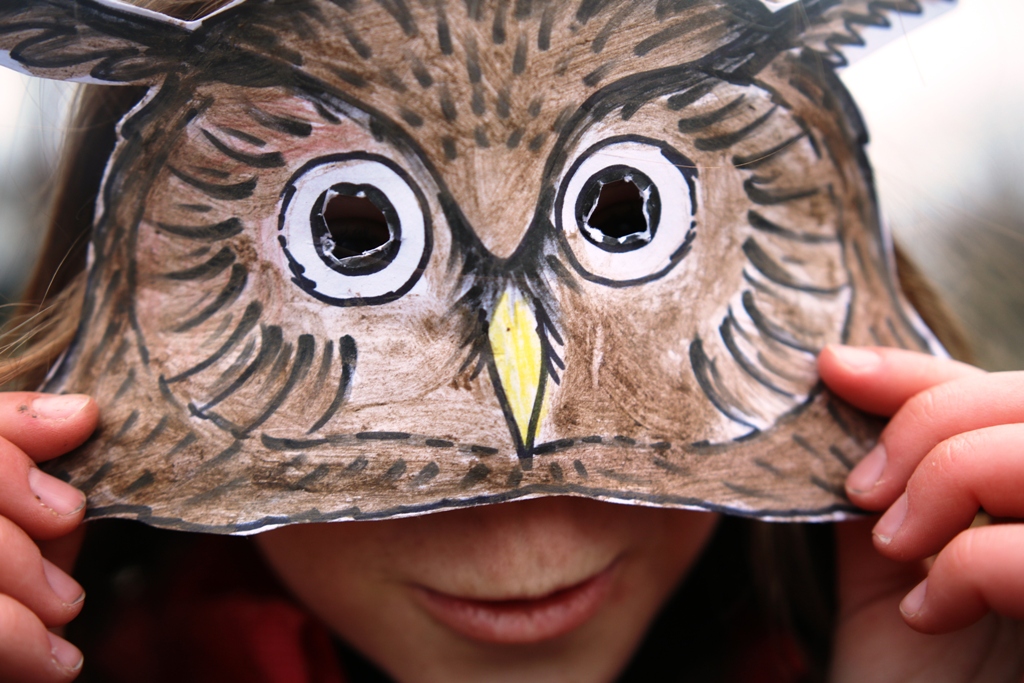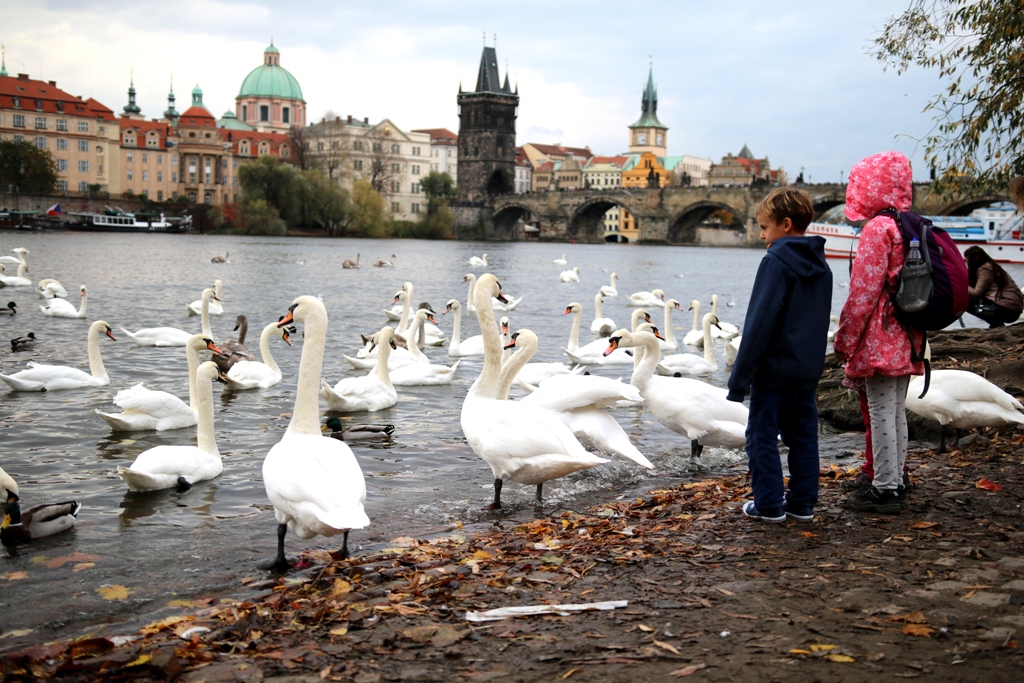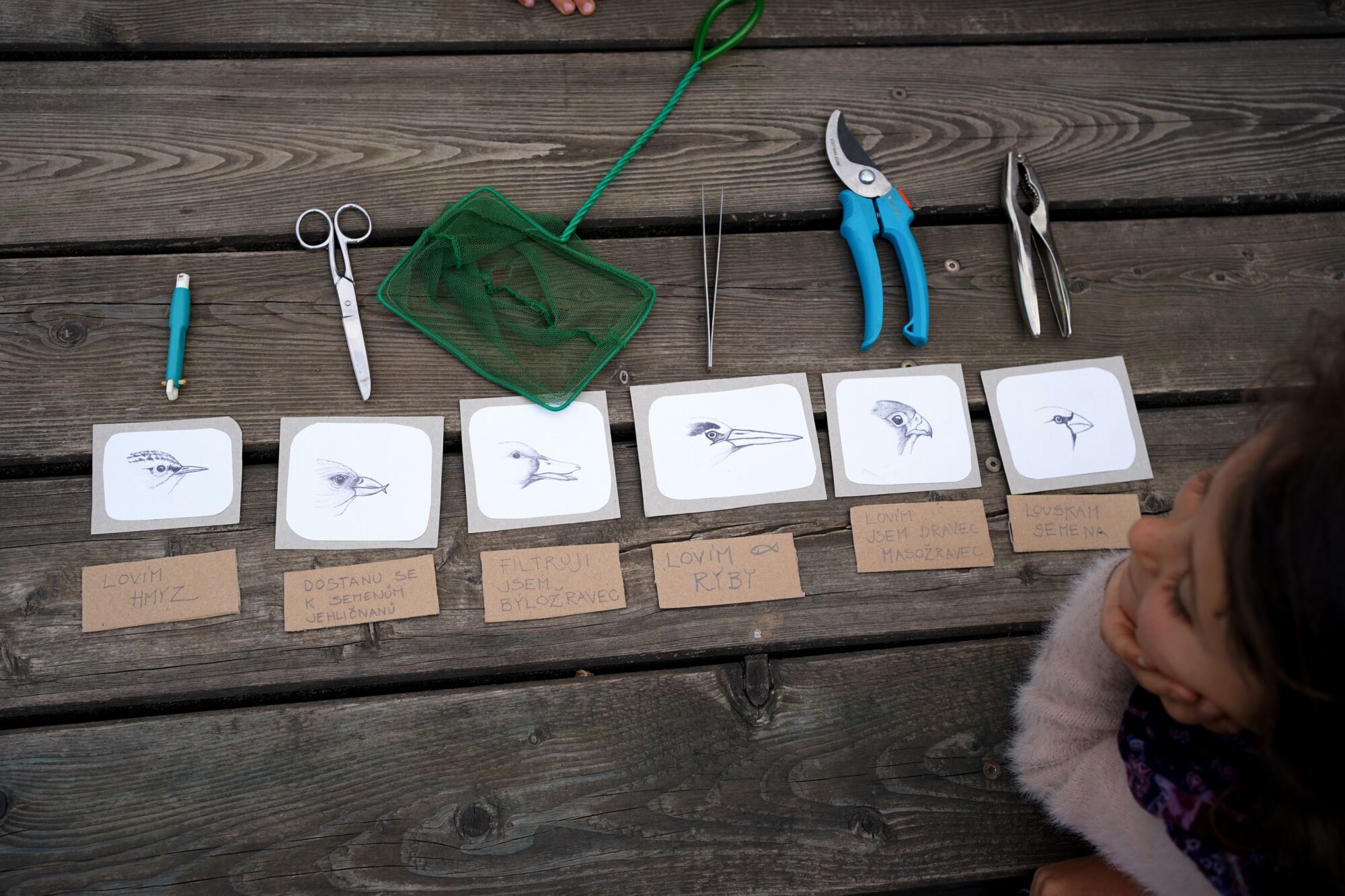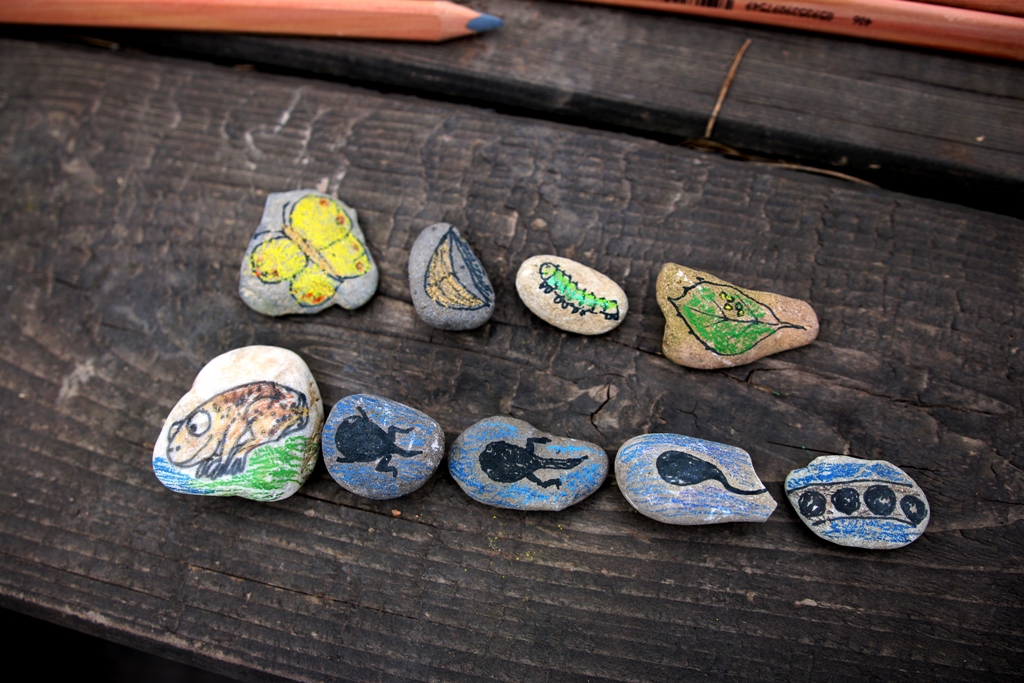LIVE WEEK COURSES IN PRAGUE
11. - 15. 5. 2026
22. - 26. 6. 2026
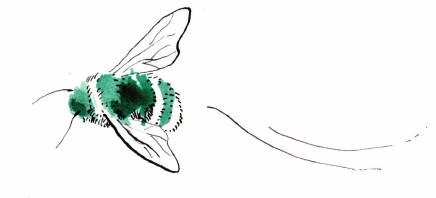
Bring Fresh Air into Your Teaching!

A week-long course for teachers
who want to make a difference
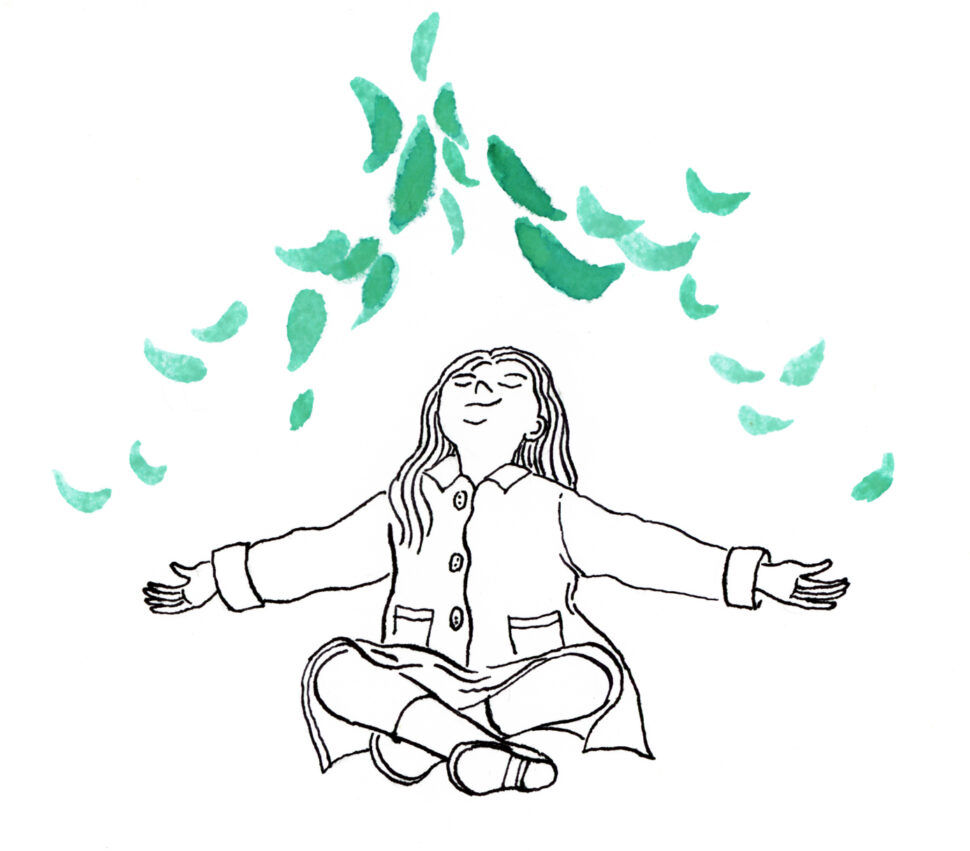
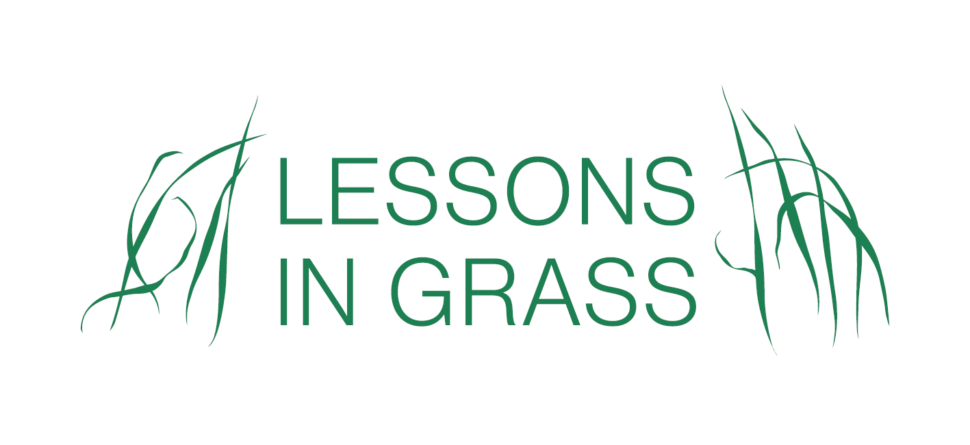

HURRAY!
We have a unique opportunity for you!
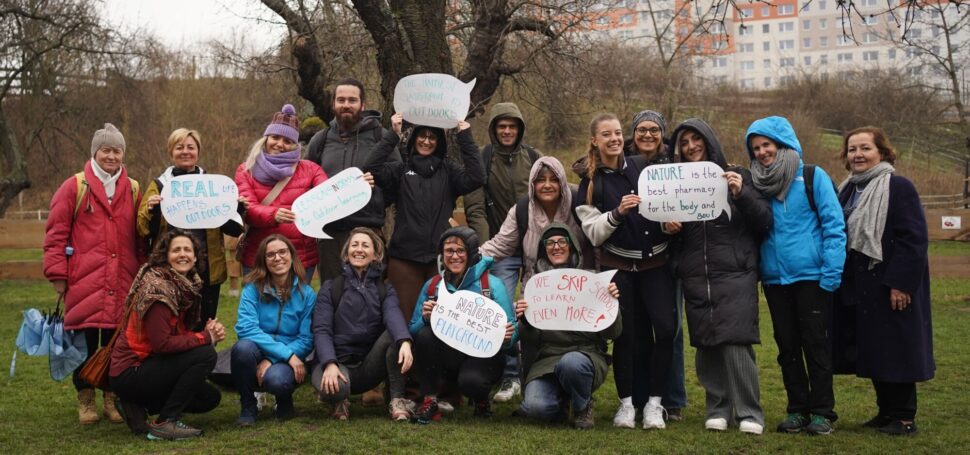
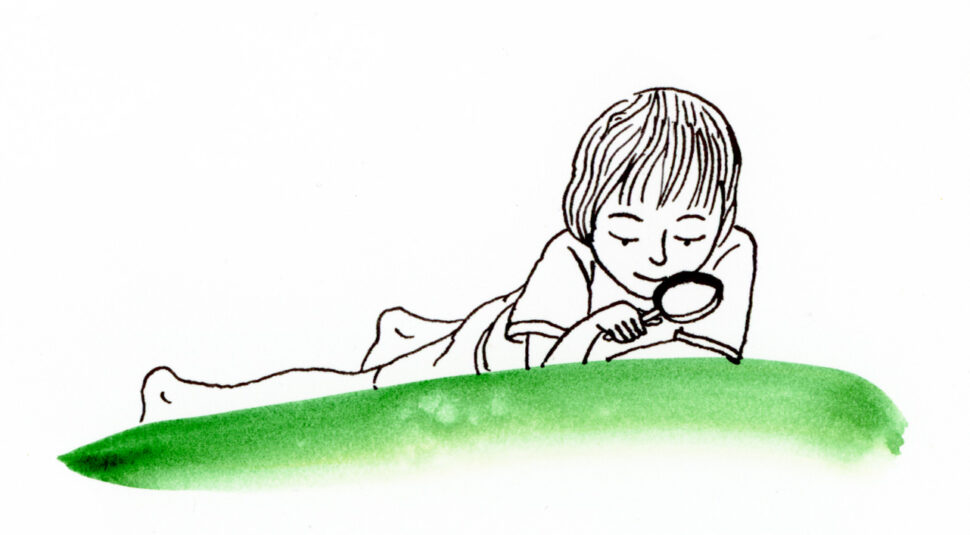
In collaboration with SmartEdu4All, we offer you courses as part of the Erasmus+ program. Experience a unique week in Prague full of inspiration and take your class beyond the classroom.
Spend a week immersed in hands-on learning. This is a practical course where you’ll experience outdoor education up close, in the beautiful city of Prague.
Discover WHY, WHERE, HOW, and WHAT to teach outdoors. Learn to explore, investigate, and engage with nature. Visit inspiring schools and gardens, and take your outdoor teaching to the next level.

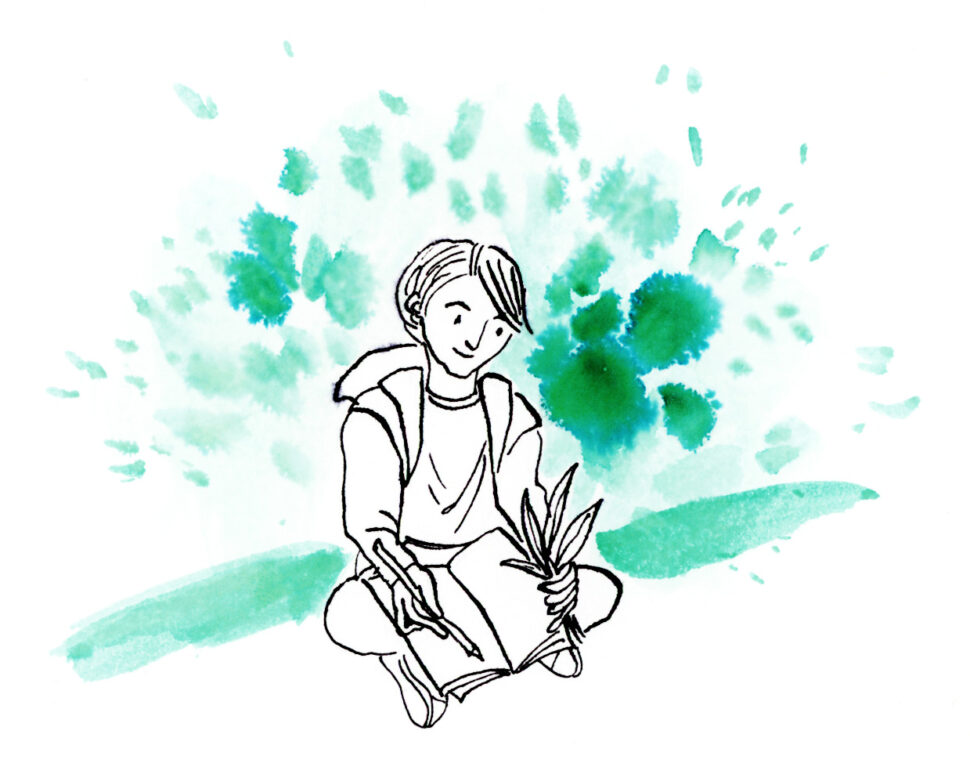


Date

11. - 15. 5. 2026
or 22. - 26. 6. 2026

Location

Prague, TEREZA Educational Centre
Haštalská 17, 11000 Praha 1, Czech Republic

Target audience

Teachers and school staff
at pre-primary- primary-lower secondary school

Participants

Minimum number: 15
Max number: 20

Tuition

25 hours, everyday from 9:00 to 15:30

Language

English
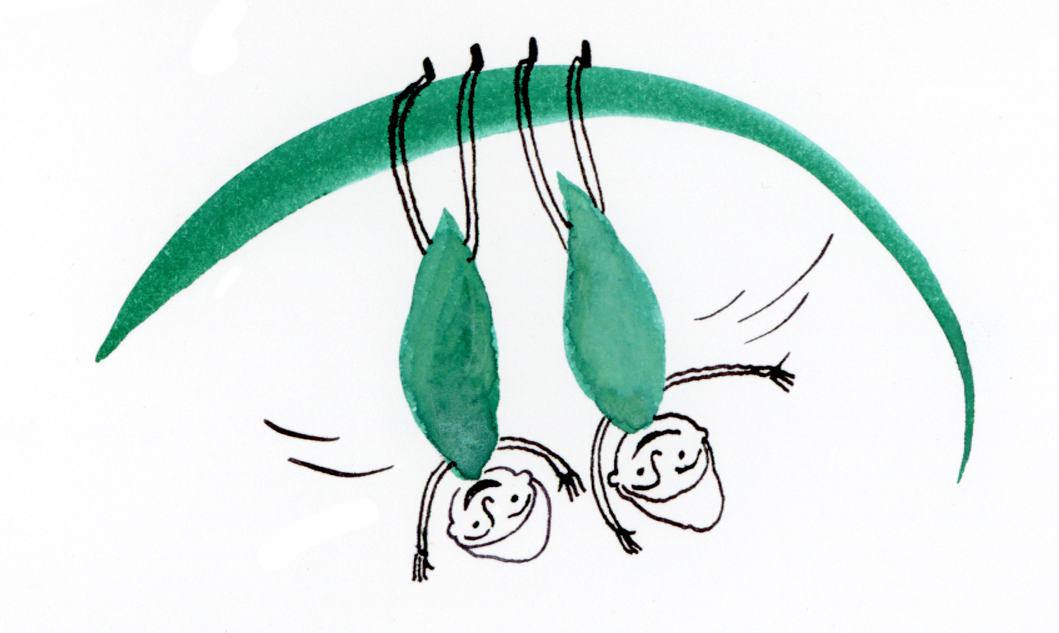

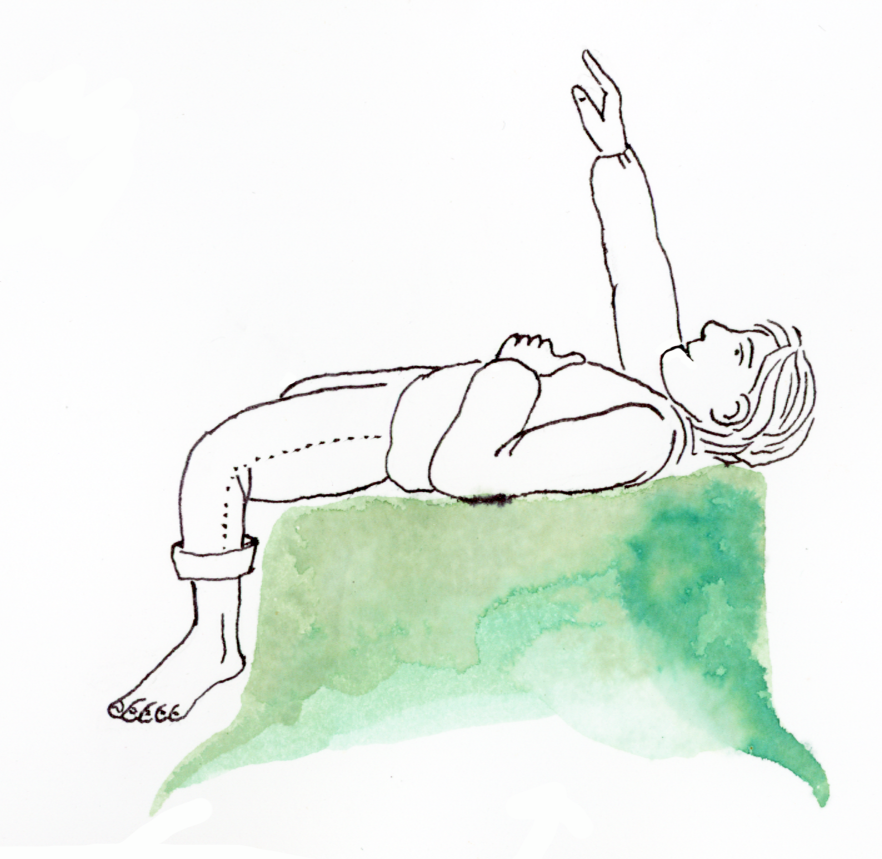

what awaits you?
STEP OUTSIDE:

1st STEP
WHY GO OUTDOORS
Discover your own reasons for regular outdoor learning, and gain research-backed resources and arguments that you can use to support your approach.
2nd STEP
OUTDOOR GEAR
Create a list with your students of things you can make or gather for free outdoors, along with what’s worth buying (and it won’t be much).
4th STEP
WHAT AND HOW TO TEACH OUTDOORS
Lacking inspiration on what to teach outside? Here, you’ll discover and immediately try out ideas. You’ll have access to our most popular lessons ready to take outdoor.
5th STEP
INQUIRY-BASED SCIENCE EDUCATION (IBSE) OUTDOORS
Learn how to apply the IBSE method in outdoor settings to encourage curiosity, critical thinking, and hands-on discovery.
7th STEP
ASSESSING OUTDOOR LEARNING
When should you focus on outcomes, processes, or group dynamics during outdoor lessons? How can you involve students in the evaluation process?
8th STEP
PLAYING OUTDOORS
How to handle playtime, breaks, and outdoor after-school activities? Why just being outside and giving kids the initiative and responsibility matters? Enjoy even more relaxation, creativity, and play outside.
For more info write to:
team@lessonsingrass.com
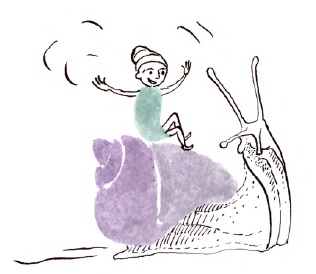
COST
240 € or
6 000 Kč
including:
- tuition fee,
- learning materials,
- organizational costs,
- certificate of attendance,
- afternoons free for visiting the city
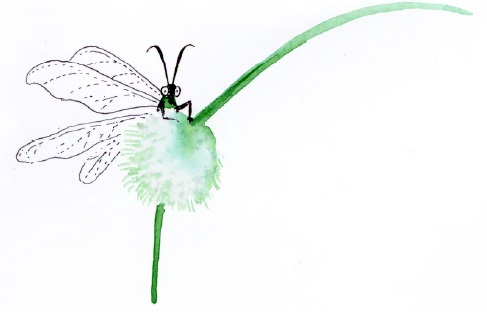
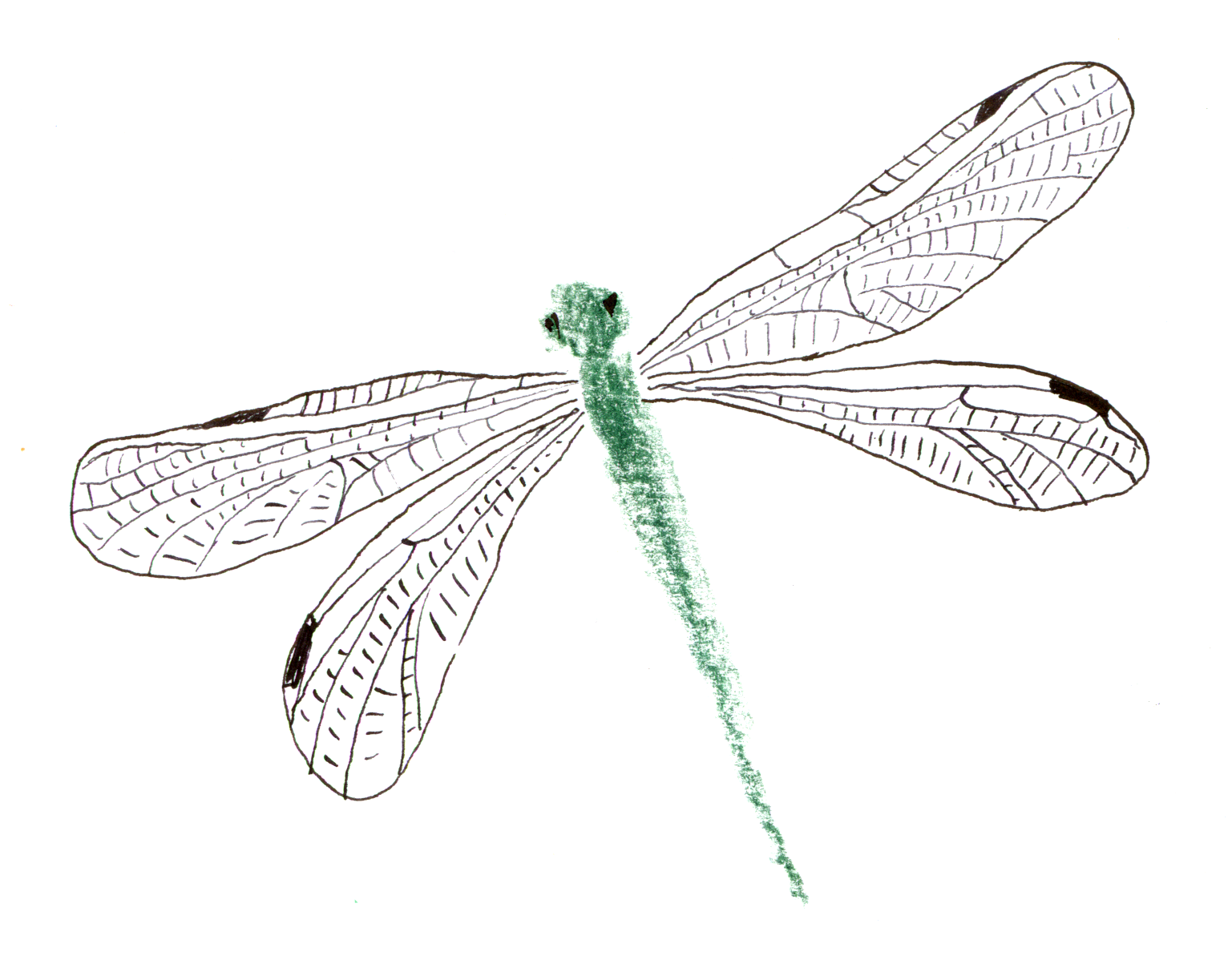

Objectives


The main objectives of this course are to:

1. Understand the benefits of outdoor learning for both students and teachers, focusing on cognitive, emotional, and physical development.
2. Identify and overcome barriers to implementing outdoor lessons.
3. Learn how to effectively prepare and use outdoor spaces for teaching various subjects.
4. Gain practical experience with outdoor activities, games, and experiments that can be immediately applied in the classroom.
5. Explore the use of the IBSE (Inquiry-Based Science Education) method in outdoor settings to foster curiosity and scientific thinking.
6. Discover how nature can enhance both students’ and teachers’ well-being, improving focus, reducing stress, and boosting overall learning outcomes.
7. Inspire participants to integrate outdoor learning into their curriculum year-round for a more balanced and fulfilling teaching experience.


Content

The Benefits of Outdoor Learning:
What outdoor learning brings to students and teachers.
The impact of nature on cognitive development, emotional well-being, and creativity.
Overcoming Barriers to Outdoor Learning:
Identifying common barriers (e.g., time, resources, weather) and exploring practical solutions.
Developing strategies to make outdoor learning accessible and sustainable.
What You Need (and Don’t Need) for Outdoor Learning:
What’s necessary and what’s not for outdoor learning.
DIY tips on tools and resources made from natural and recycled materials with students— let’s make learning more practical, creative and sustainable.
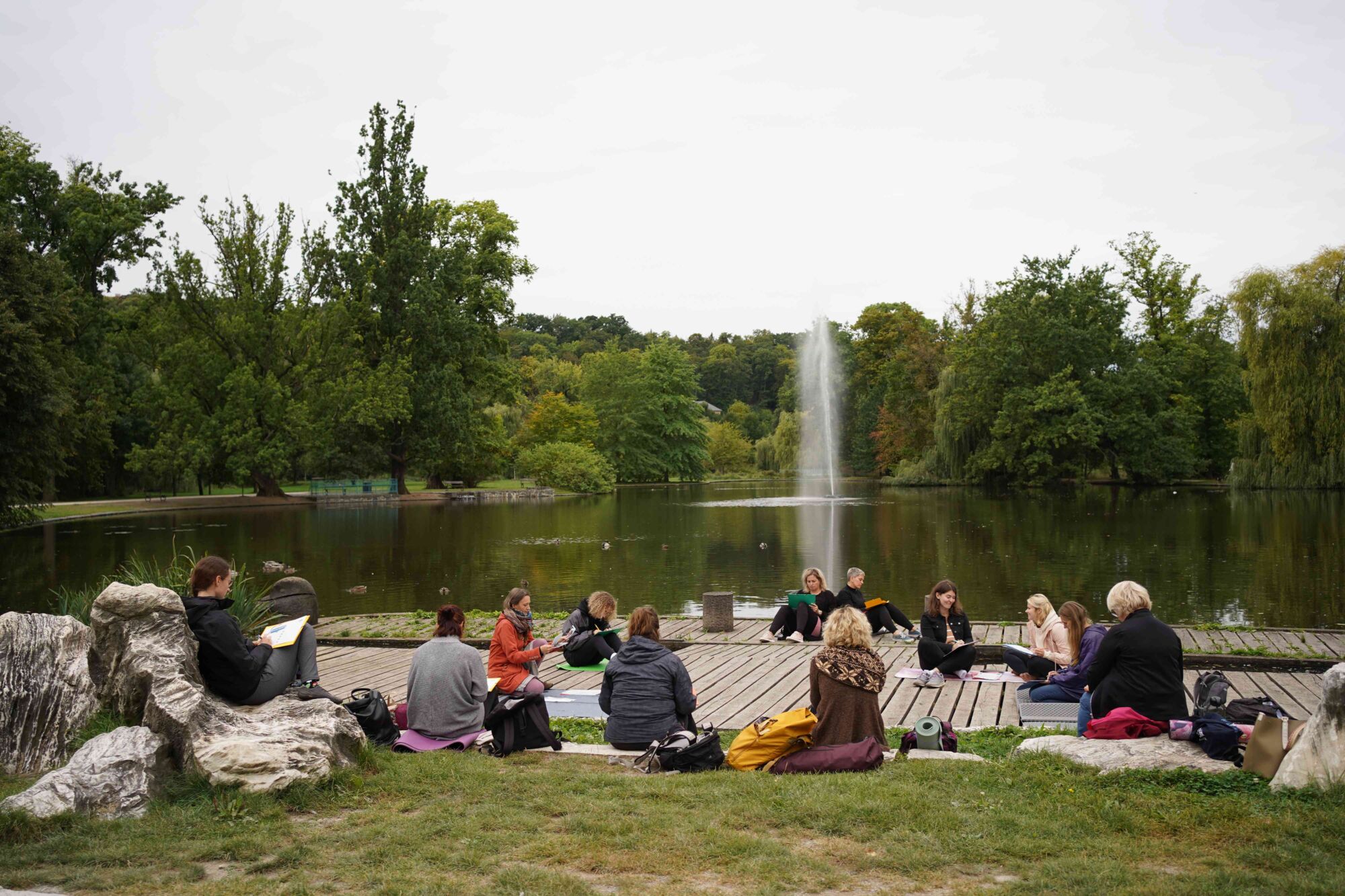
Outdoor Activities, Games, and Resources:
A showcase of tried-and-tested outdoor games, lesson plans, worksheets, and other inspiration.
Subject-specific lessons (Math, Languages, Science, Art and History) and how to take them outside.
Inquiry-Based Science Education (IBSE) Outdoors:
How to use the IBSE method outdoors to spark curiosity and scientific discovery.
Students will engage in experiments and hands-on activities to explore natural phenomena, ask questions, and draw their own conclusions.
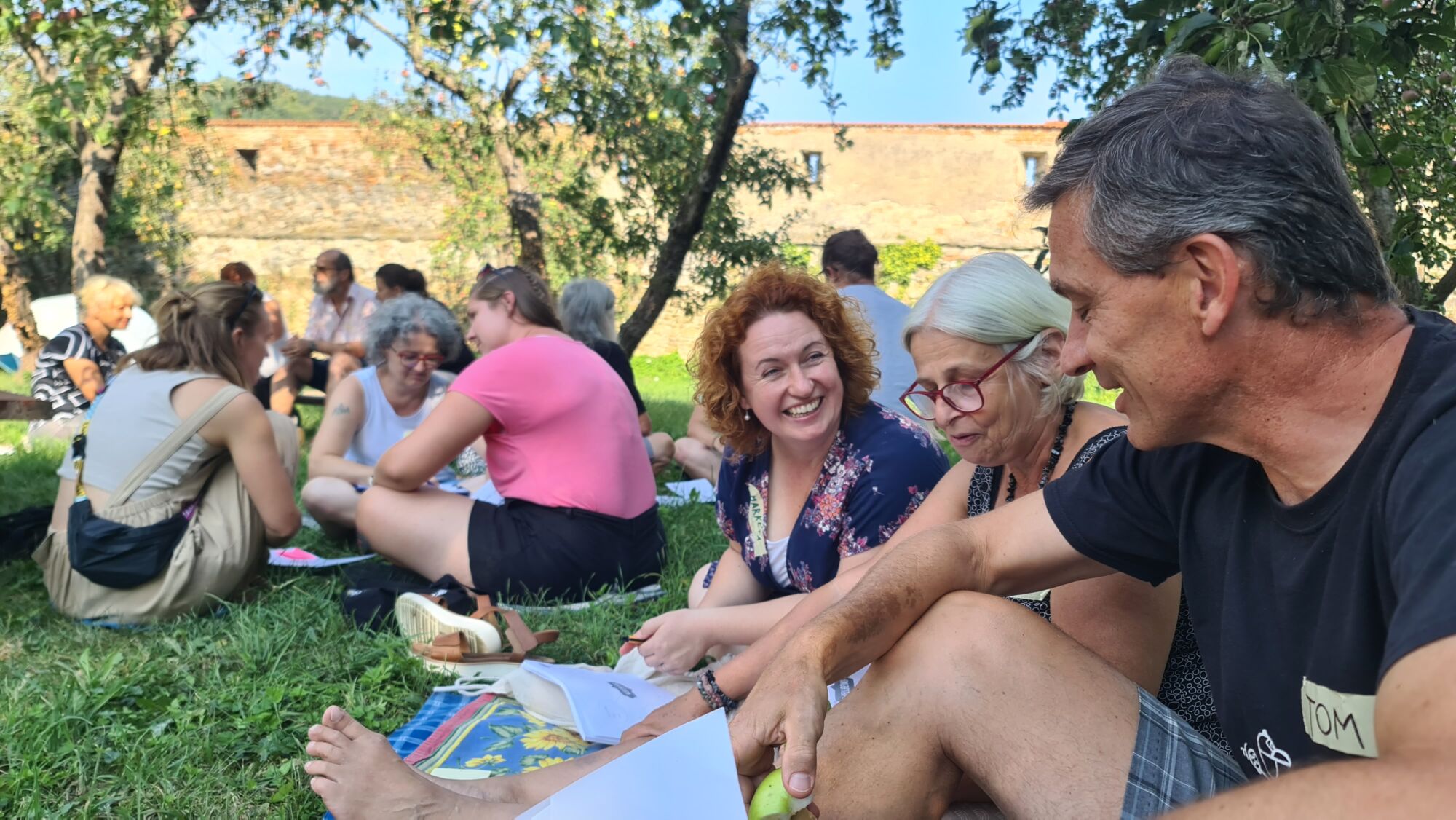
Enhancing Well-being Through Nature for Students and Teachers:
Discover strategies to improve both children’s and teachers’ well-being through time spent outdoors.
How outdoor activities can help reduce stress, increase focus, and support mental health for students, while also offering teachers a way to recharge and find balance in their busy schedules.
Creating a Year-Round Outdoor Learning Plan:
How to integrate outdoor lessons throughout the entire school year.
Connecting curriculum goals with outdoor learning experiences.
Outdoor Play and Learning:
The importance of play in nature and its role in child development.
Tailoring outdoor activities to children’s different ages, interests, experiences and personality types.
Exploring the Outdoor Laboratory:
Engage in hands-on scientific discovery through outdoor experiments and models.
Learn how to turn any outdoor space into a laboratory for exploration and learning.
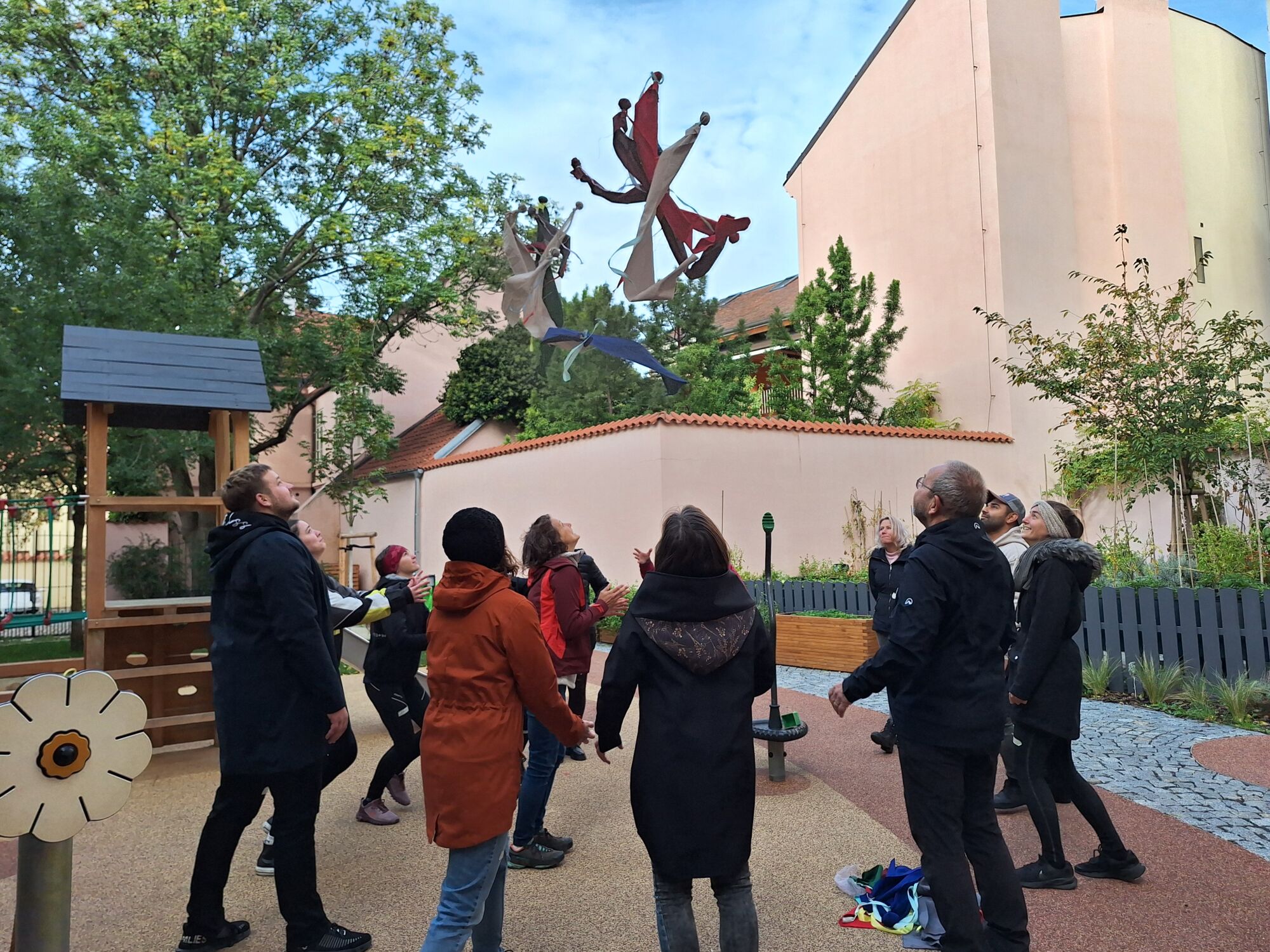

Methodology

Theoretical Foundation: The seminar begins with a brief but comprehensive introduction grounded in scientific research. Participants will learn about the positive effects of outdoor learning on children’s cognitive and emotional development. Studies highlighting the impact of nature on reducing stress, enhancing concentration, and improving well-being will be discussed. This theoretical base will guide the practical applications throughout the seminar.
Research-Based Insights into Play and Movement: We will integrate evidence on the importance of play and physical activity for healthy child development. Through brief presentations, participants will understand how movement and unstructured outdoor play foster creativity, problem-solving, and social skills. These insights will set the stage for the following practical activities.
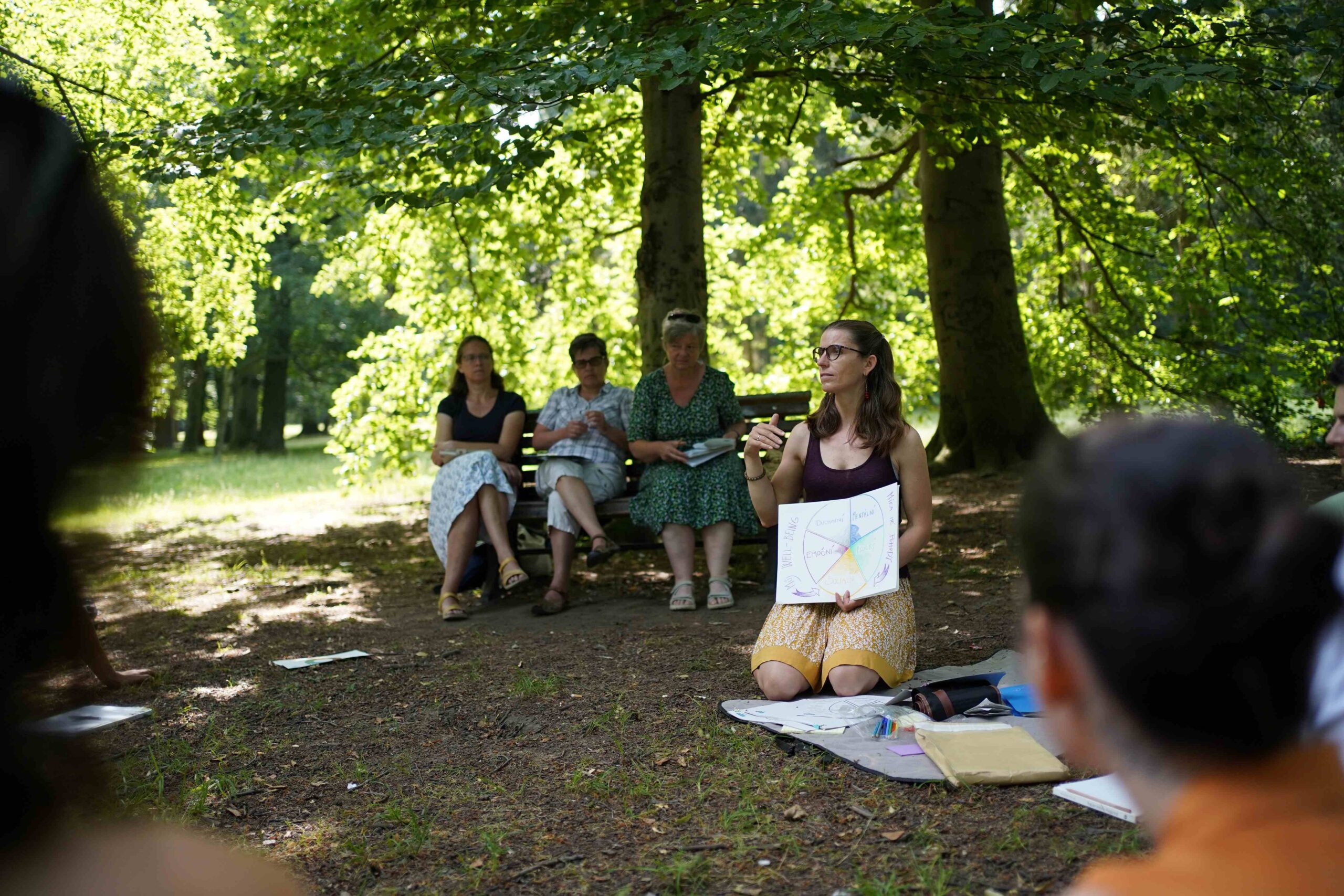
Experiential Learning: Hands-on, outdoor activities will be the core of the seminar. Participants will actively engage in games, exploratory exercises, and experiments that can be directly applied in their teaching in various subjects (Science, Math, Languages, Art, History). This approach ensures they experience the benefits of outdoor learning firsthand.
Collaborative Problem-Solving: Using group discussions and brainstorming sessions, participants will identify the barriers to outdoor learning in their own contexts. Through guided facilitation, they will collaboratively explore creative solutions, making the seminar tailored to their needs.
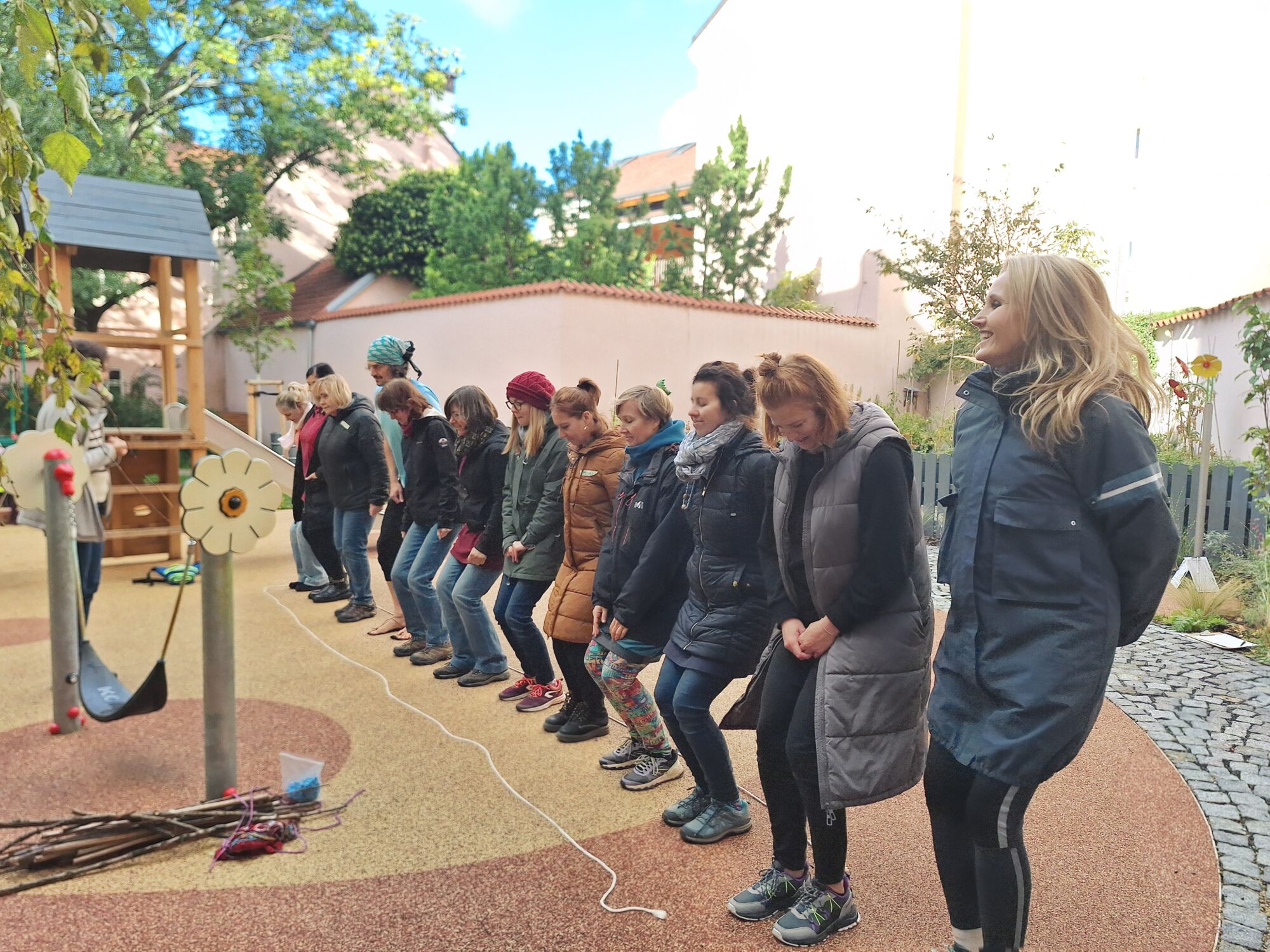
Practical Application and Resource Insights: Participants will focus on essential tools for outdoor teaching, with a demonstration of useful materials. We will provide tips on how students can create their own tools from recycled materials, ensuring outdoor lessons are resource-efficient and accessible.
Peer Learning and Reflection: Throughout the seminar, space will be provided for participants to reflect on their learning, ask questions, and share ideas. Open discussions and peer-to-peer feedback will encourage mutual inspiration and support.
Outdoor Learning with the IBSE Method: Participants will explore how to apply the IBSE (Inquiry-Based Science Education) method outdoors, fostering curiosity and encouraging students to engage in scientific exploration through direct interaction with their natural environment. This will be practiced through inquiry-based tasks.
Well-being Focus for Students and Teachers: Explore how nature can not only support students’ well-being but also help teachers manage stress and enhance their personal sense of satisfaction.

Outdoor lectures

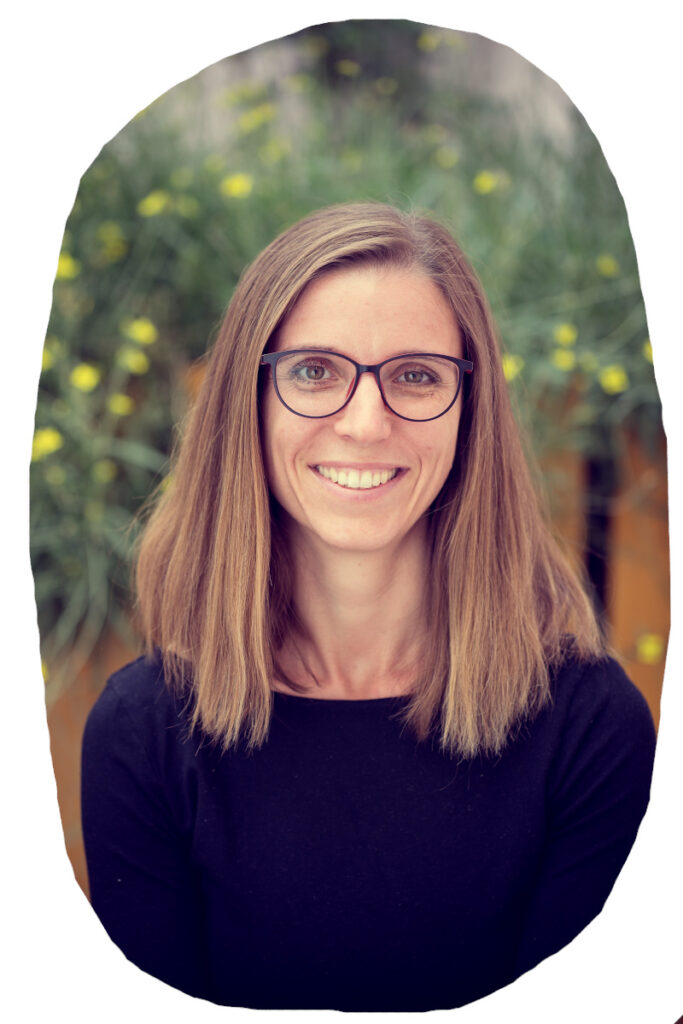
ANNA Fischerová
networker, methodologist, creator, tester, actionwoman, coordinator

Anna is not only a key person in the Czech Outdoor Learning Program Učíme se venku, but she also leads the English version of the project, Lessons in Grass (www.lessonsingrass.com), which supports enthusiasts from around the world on their journey outdoors.
She studied Environmental Science and English, taught children from preschool to university, and has been involved in environmental and global development education in various organizations. Anna is also an English language instructor who likes travelling, networking and promoting outdoor learning initiatives globally. She has trained teachers Nepal, India, Morocco and Slovenia. She loves to enjoy the outdoors with her three kids.
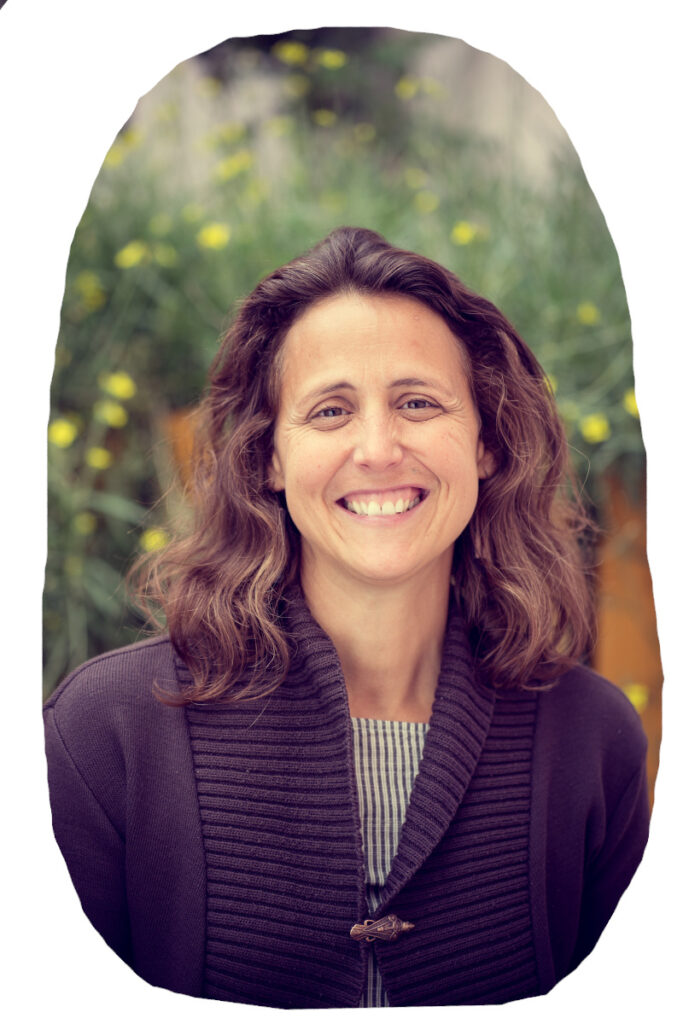
JUSTINA Danišová
creator, lecturer, teacher, lesson author and tester, dreamer

Originally a geology and biology teacher, she now focuses more on creating teaching guides, and leading workshops for parents, educators, and child mentors. She develops activities for the websites ucimesevenku.cz, badatele.cz, and jdeteven.cz. She has been working at the TEREZA Educational Center since 2003, gradually shifting from educating children in the field to training teachers, instructors, and child guides.
Together with her family, she runs the website svobodnahra.cz, which aims to show the fundamental importance of what seems like simple child’s play. In 2020, she and her husband Petr published the book Free Play – How to Raise Joyful, Resilient, and Independent Children. She loves watching children play, explore, and learn through the lens of her camera.

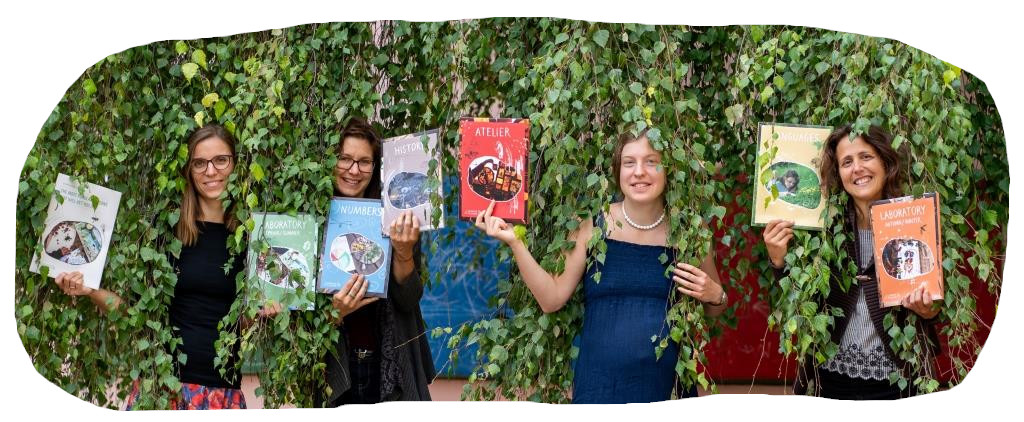
We can help you teach outside
We have started a movement in our country. Today thousands of teachers, parents and other educators go out on a regular basis using our materials and support. Now we are looking to help more people find their way outside. We want to support you on your way outside, too.

Discover the Power of Nature in Your Teaching
Don't miss any news. Subscribe to the newsletter:
